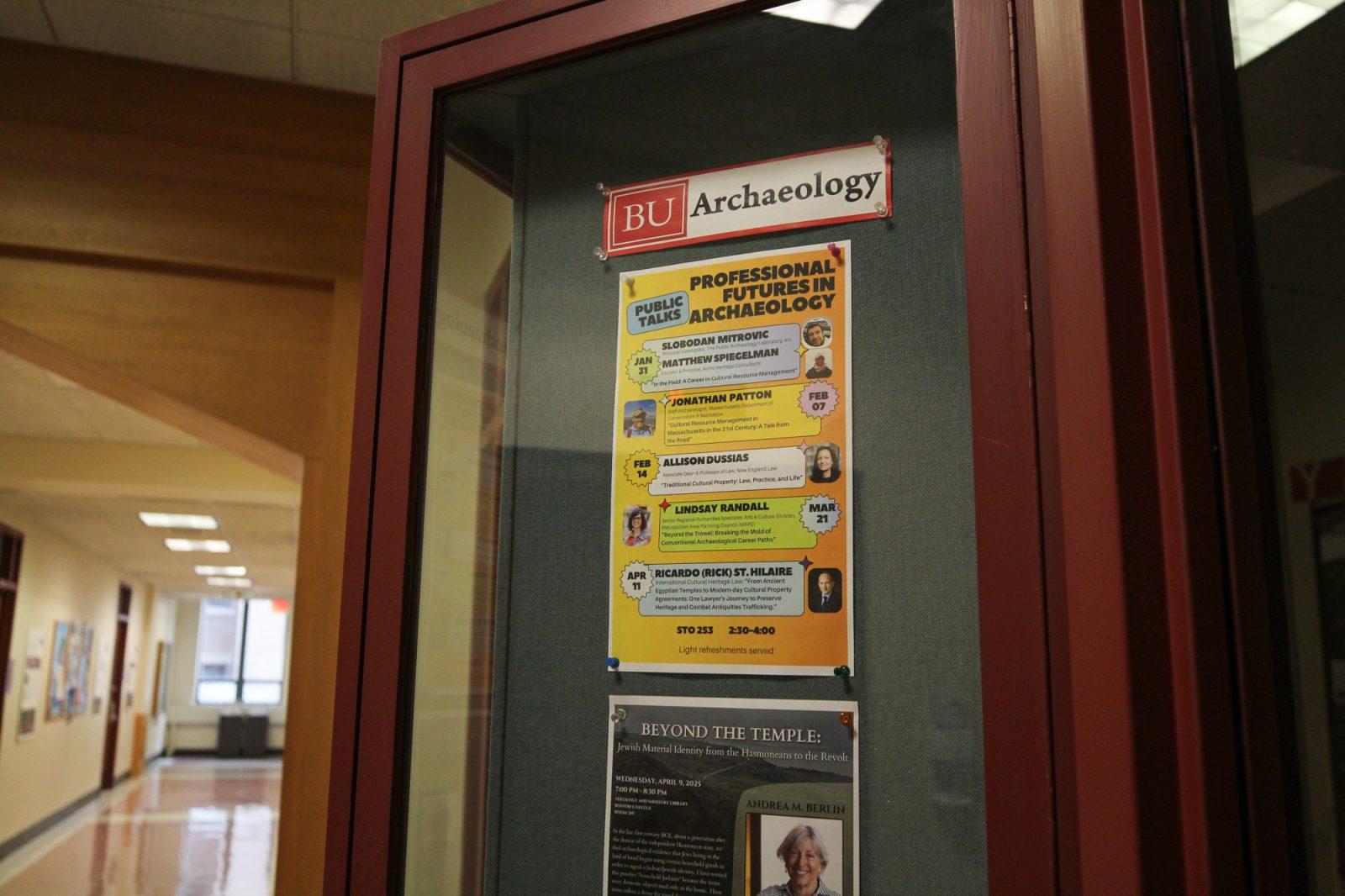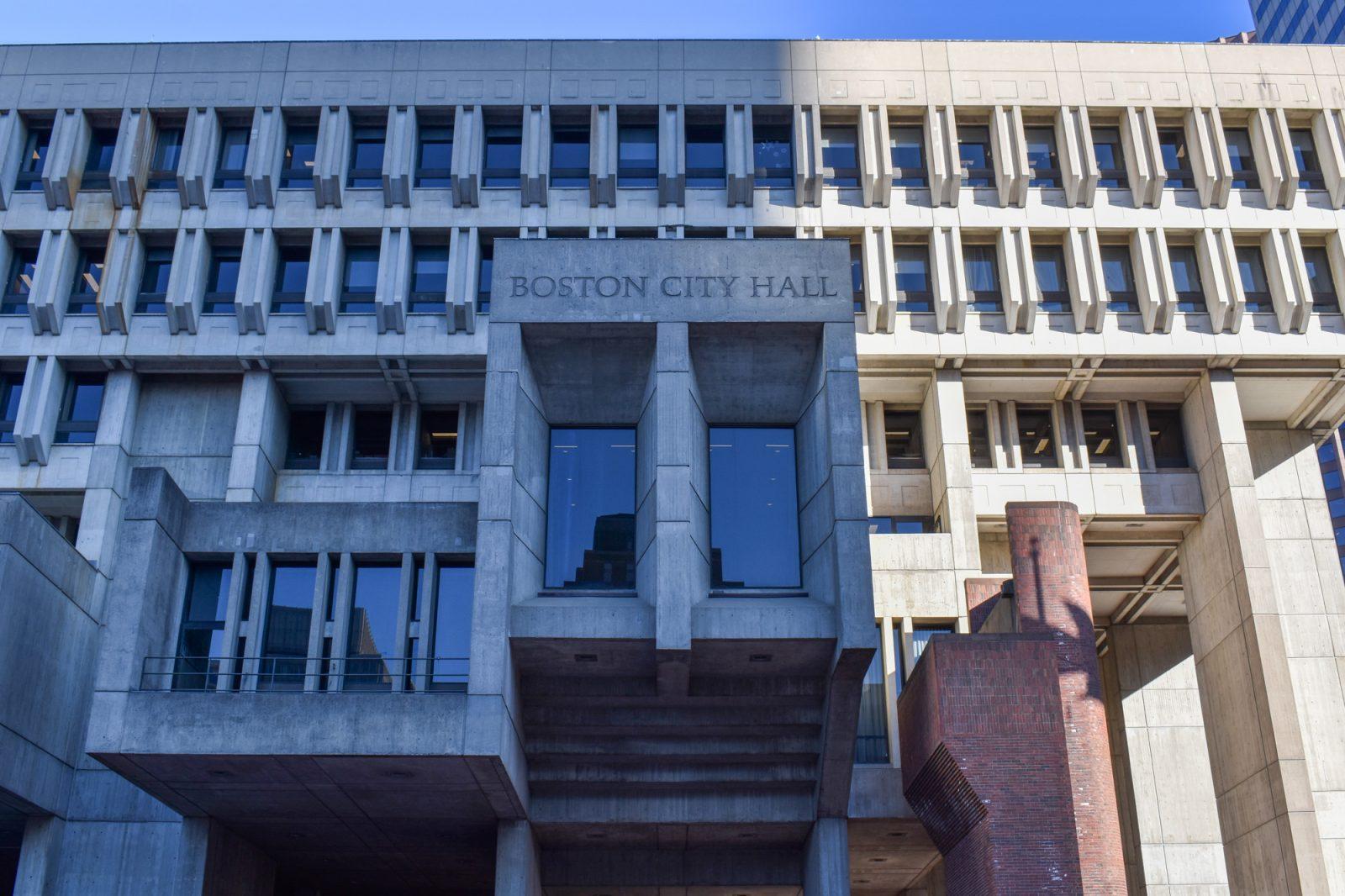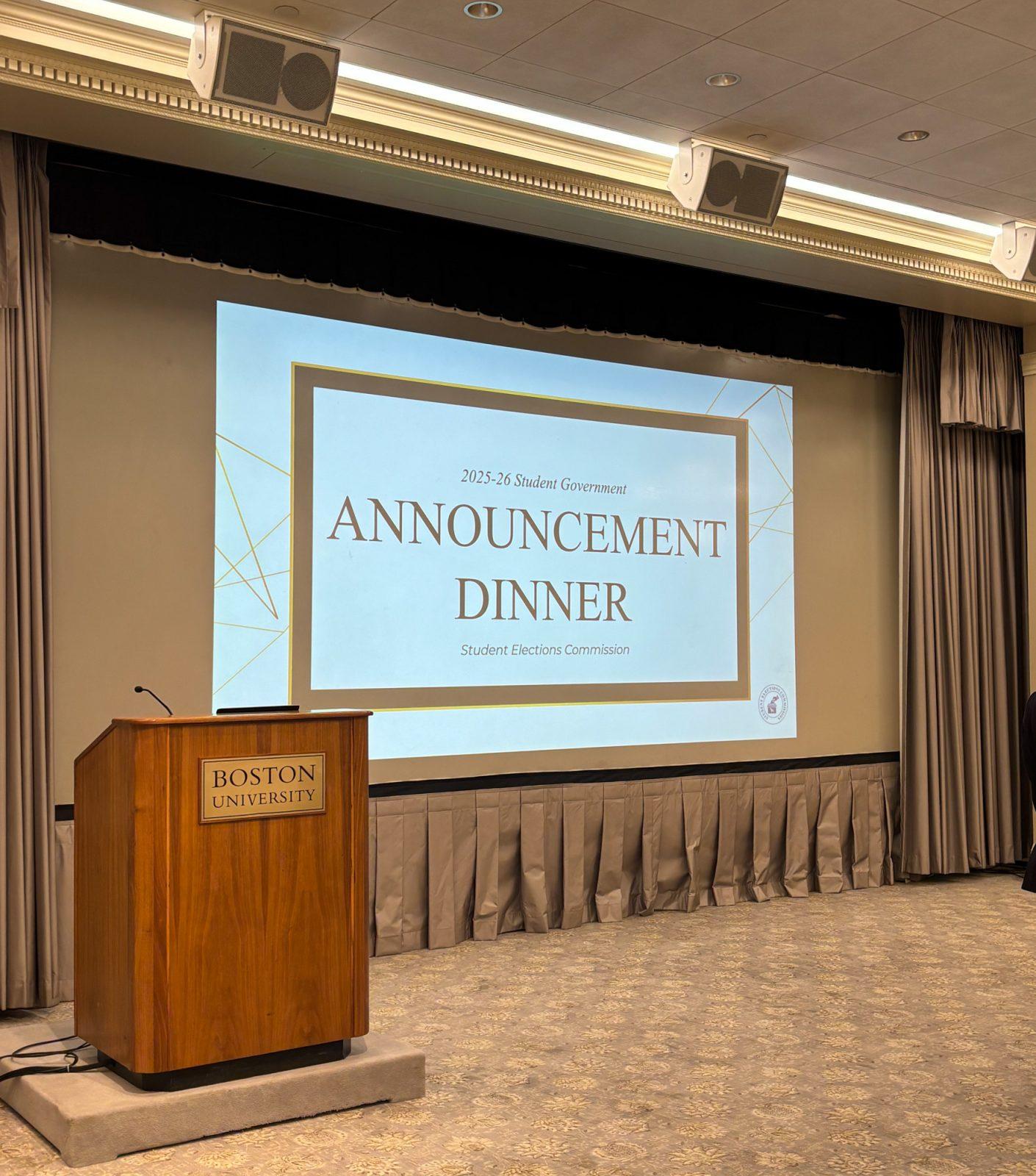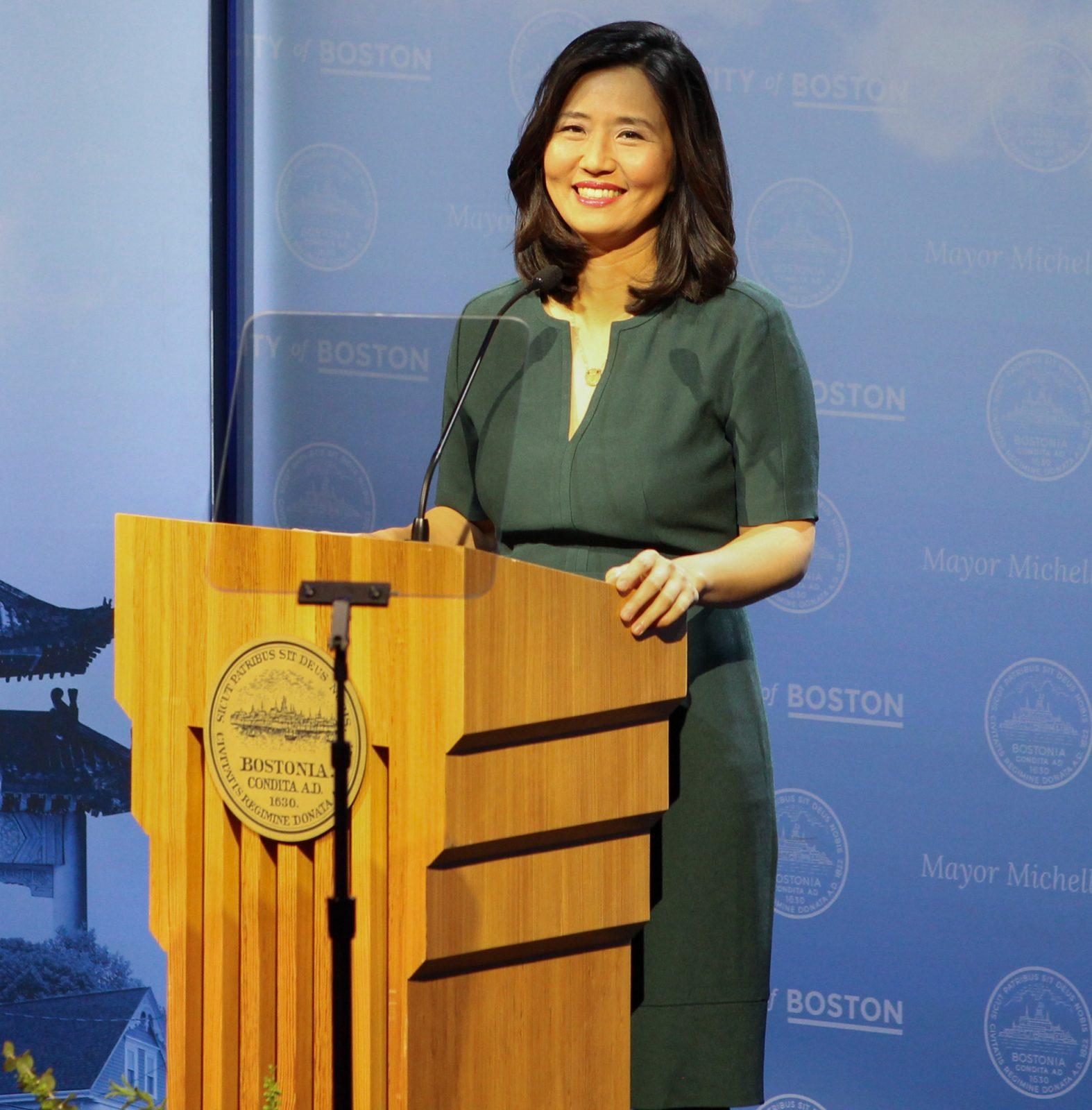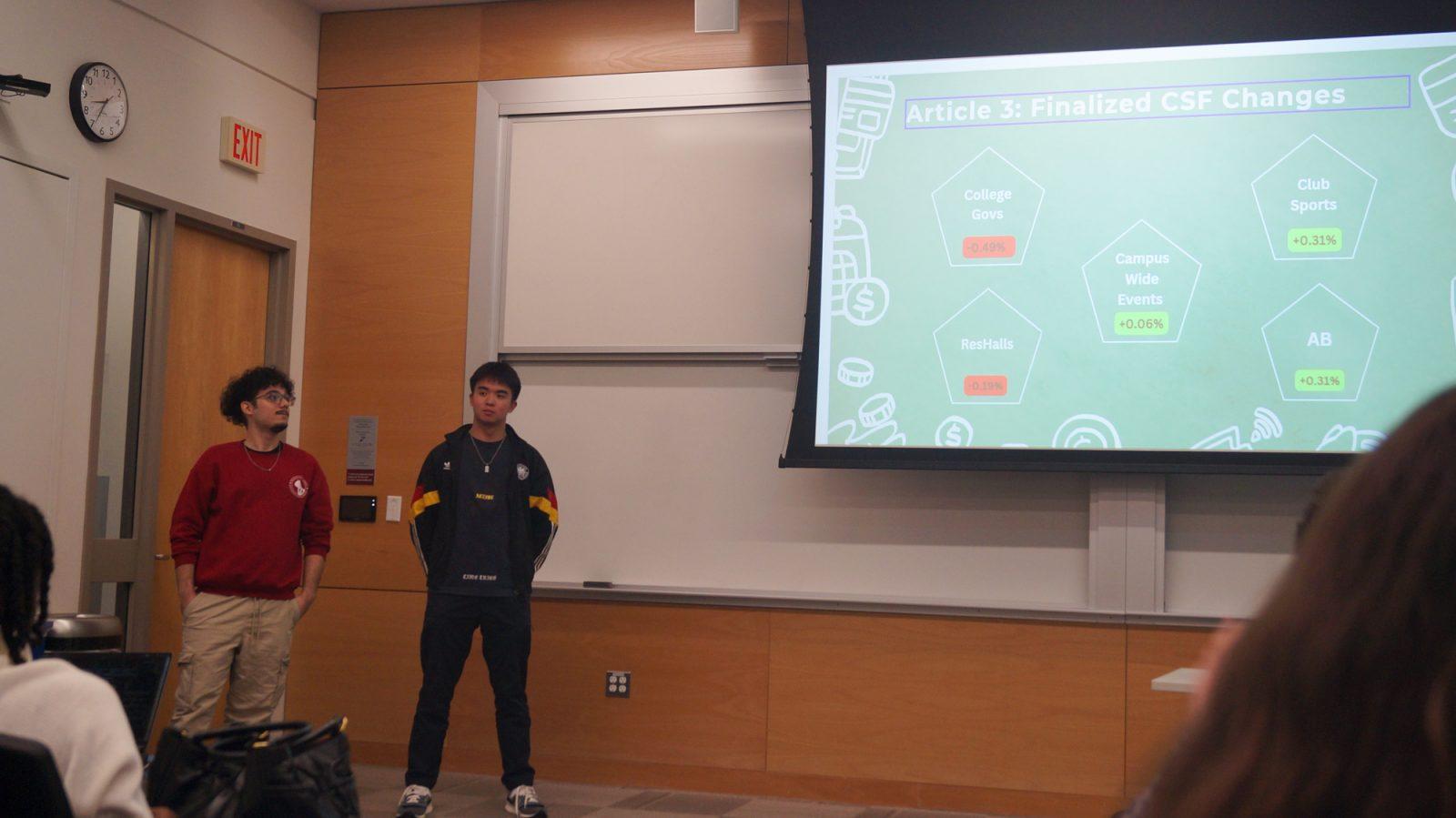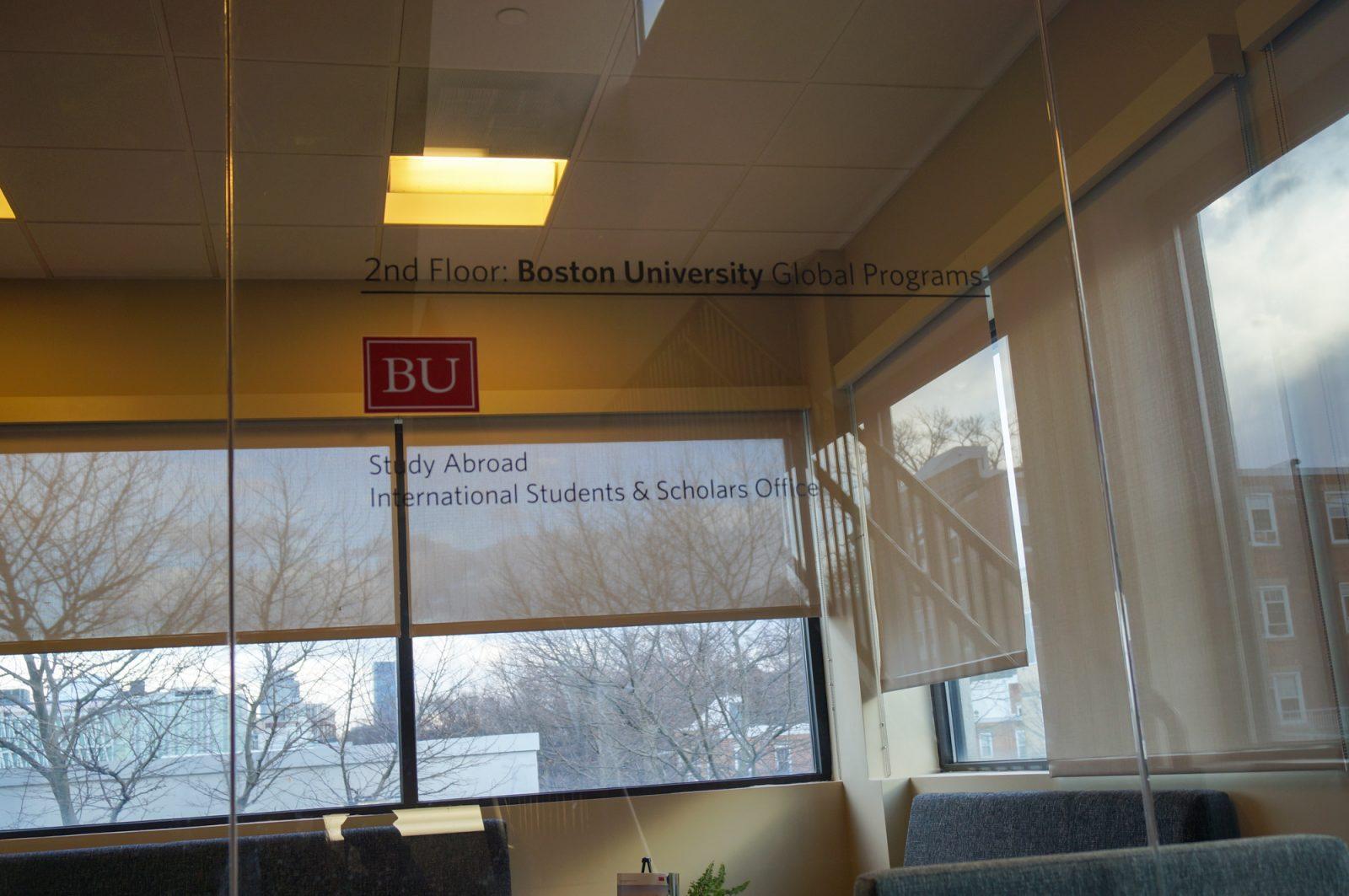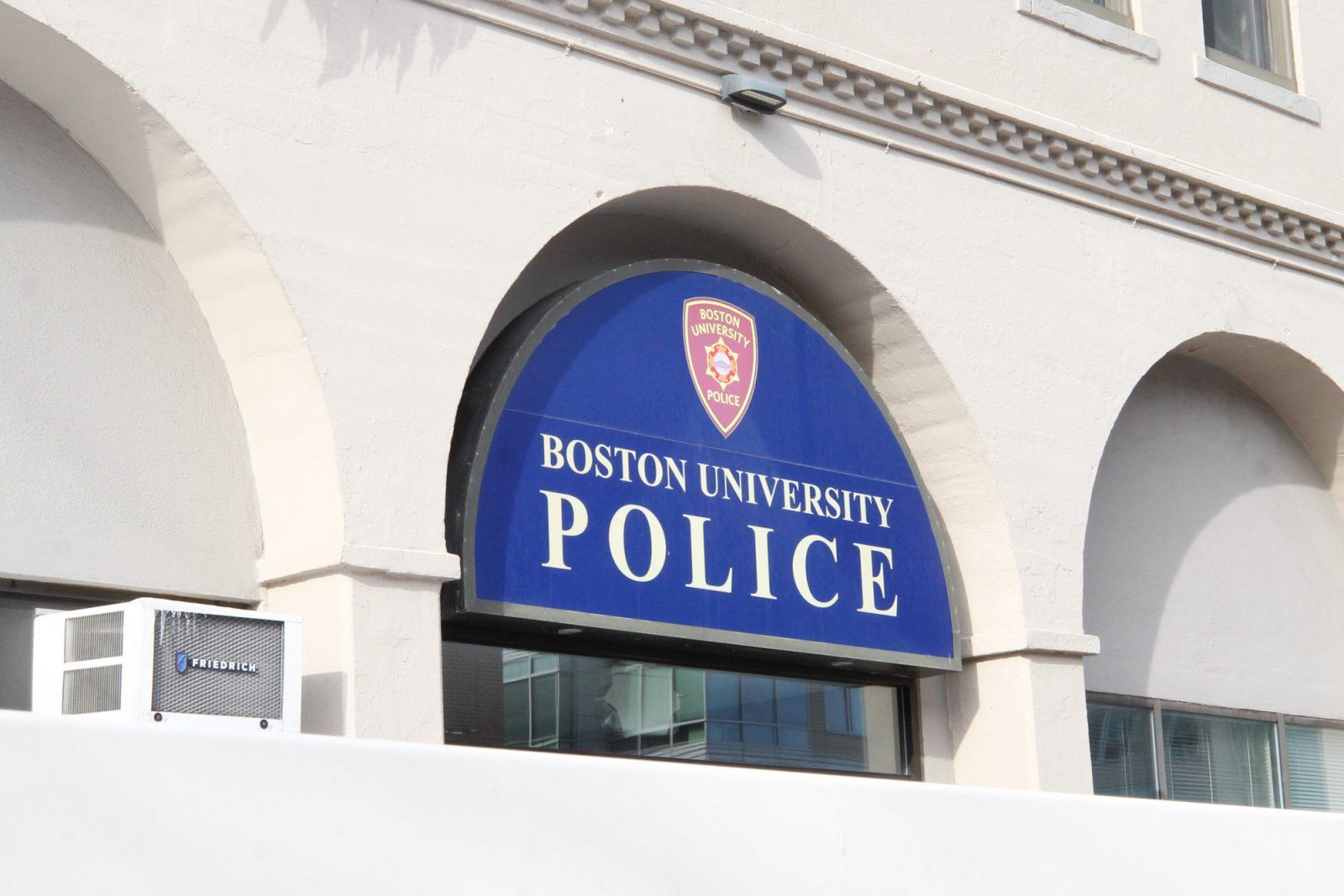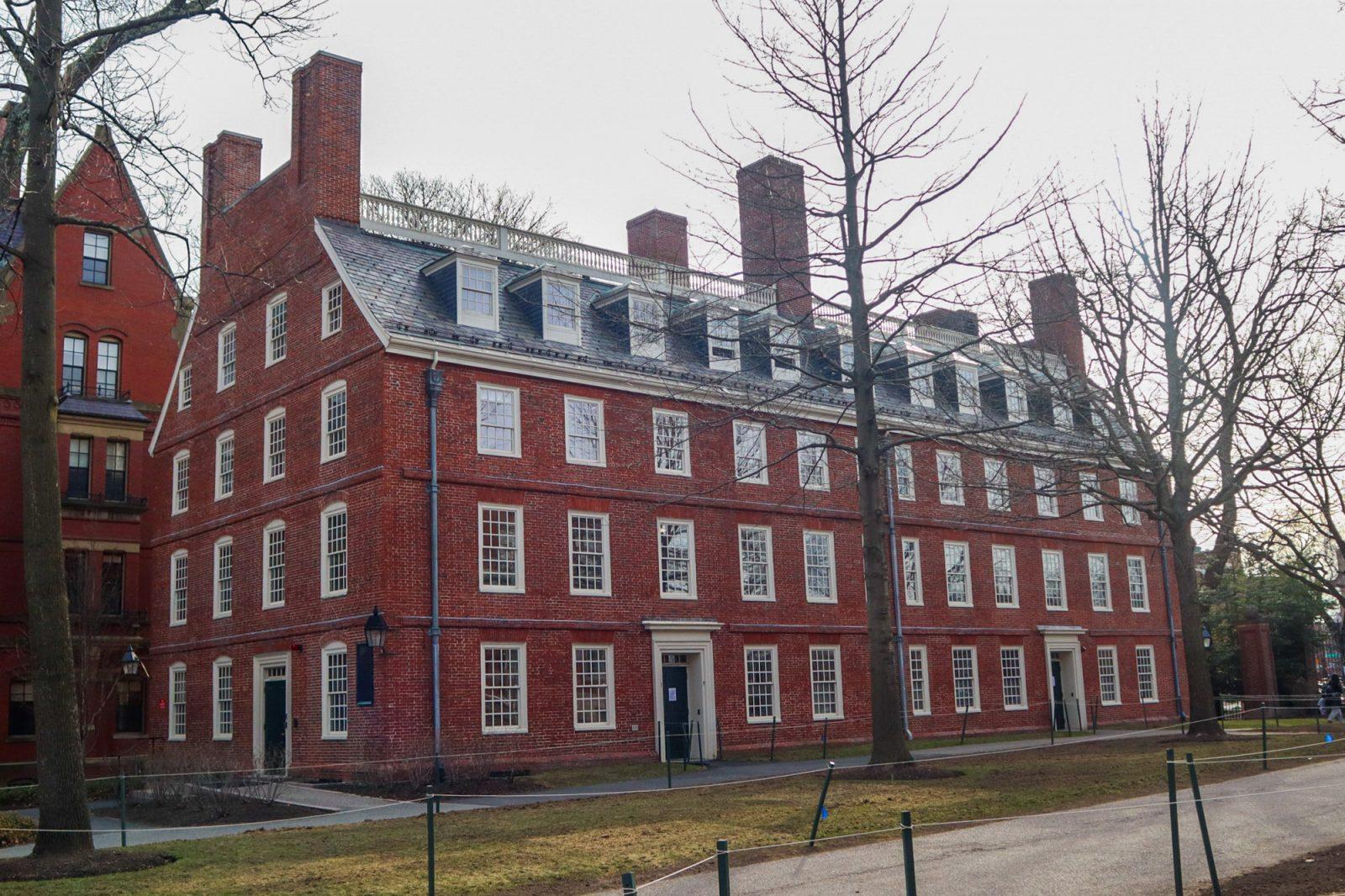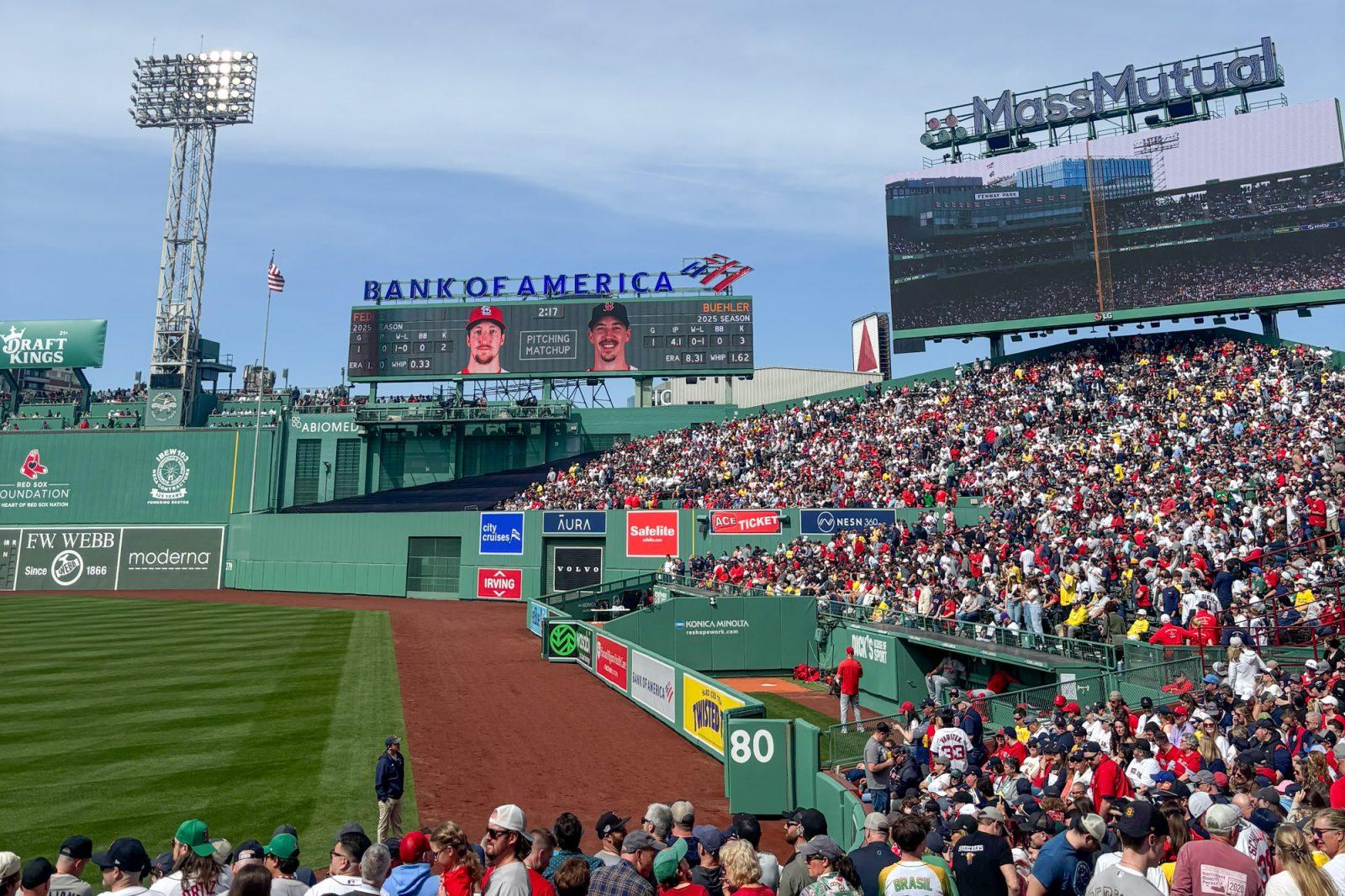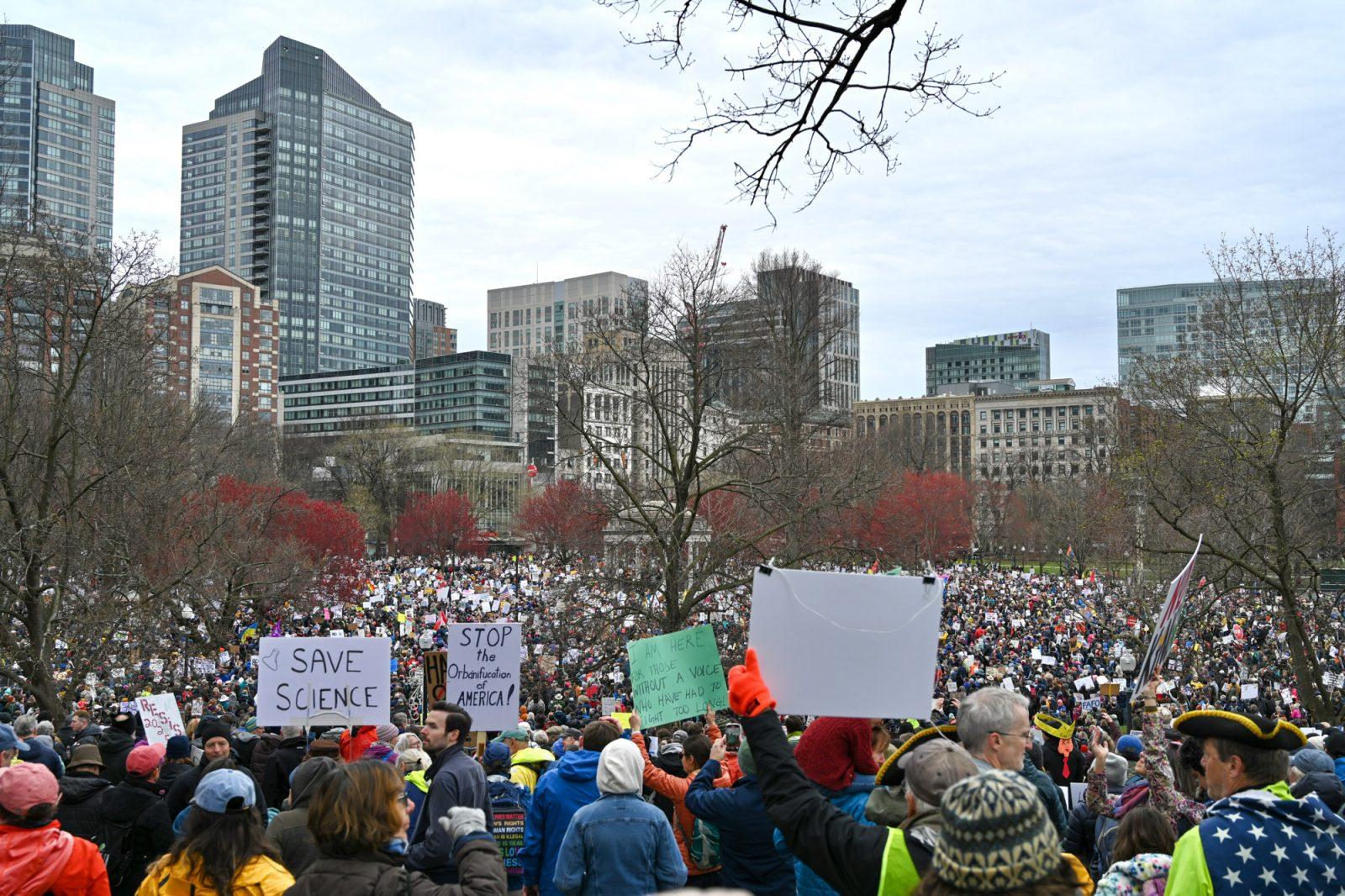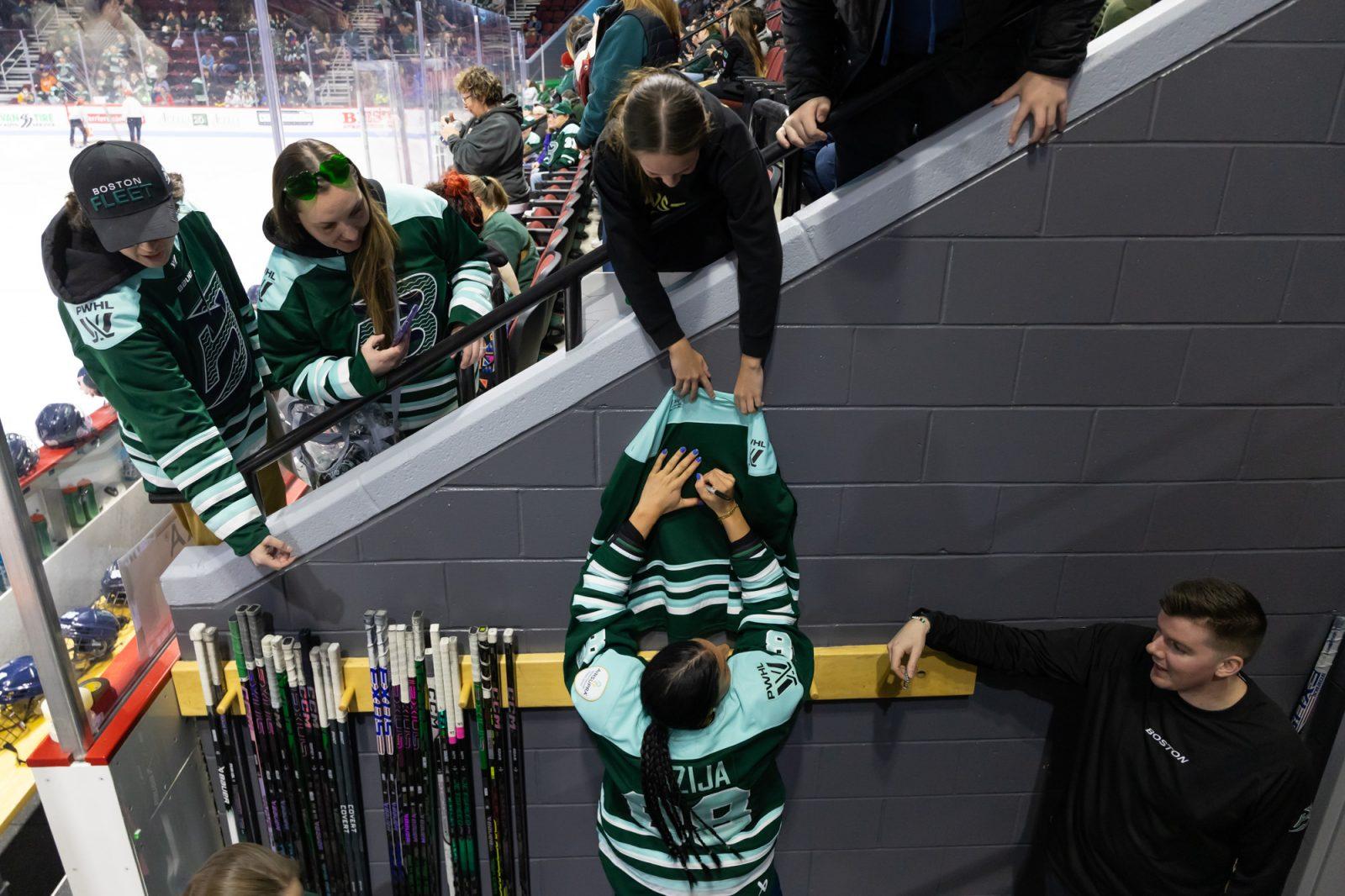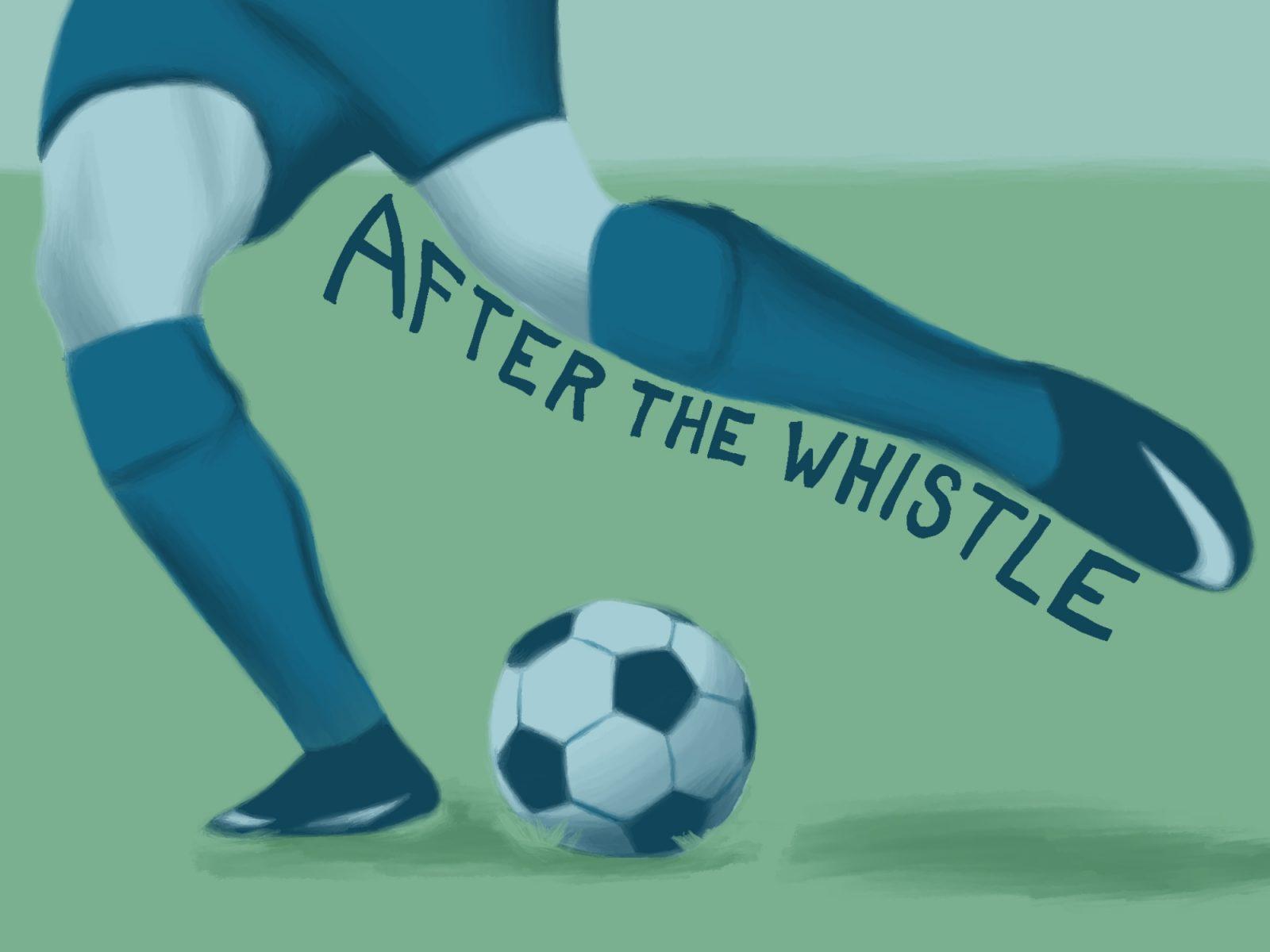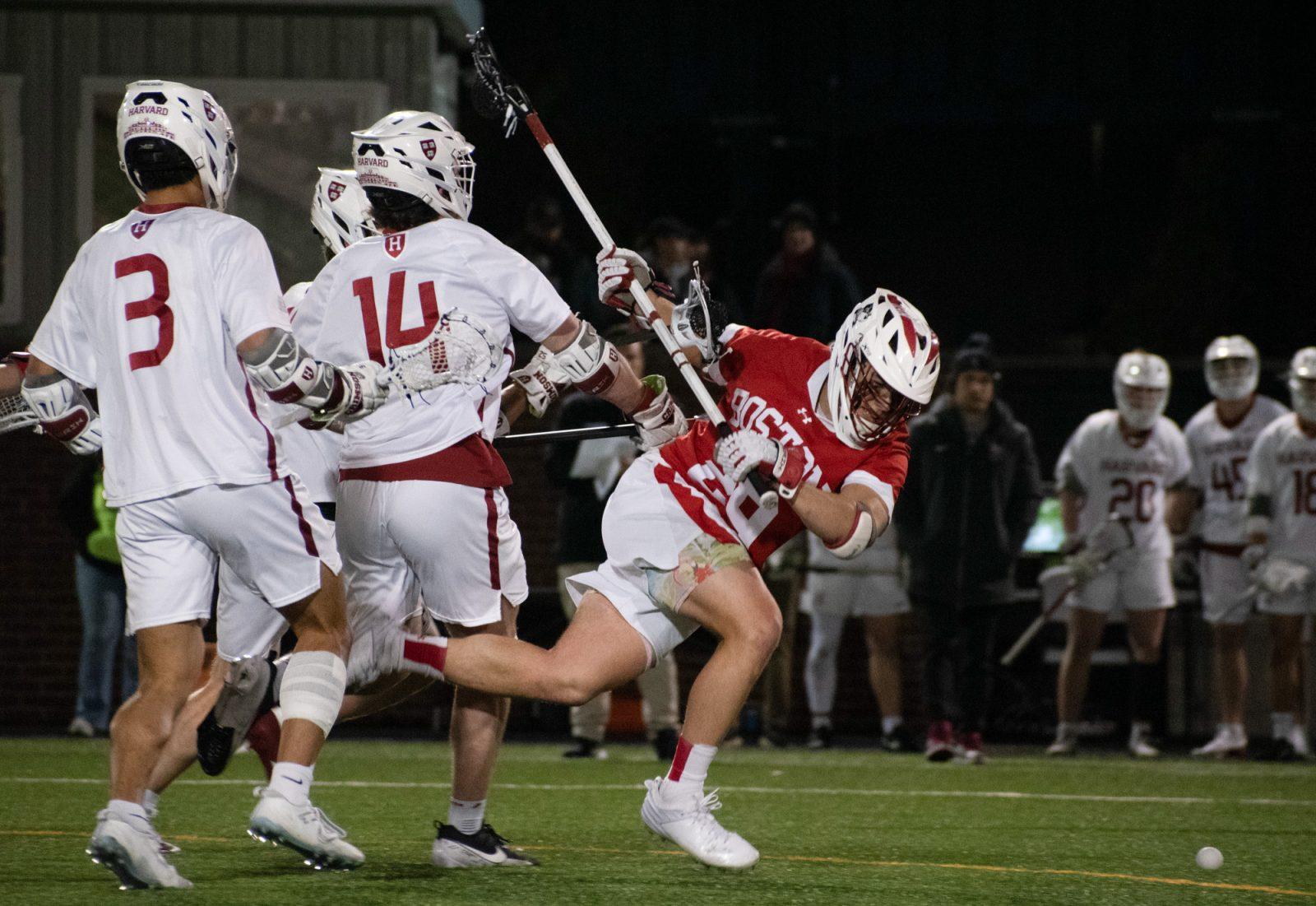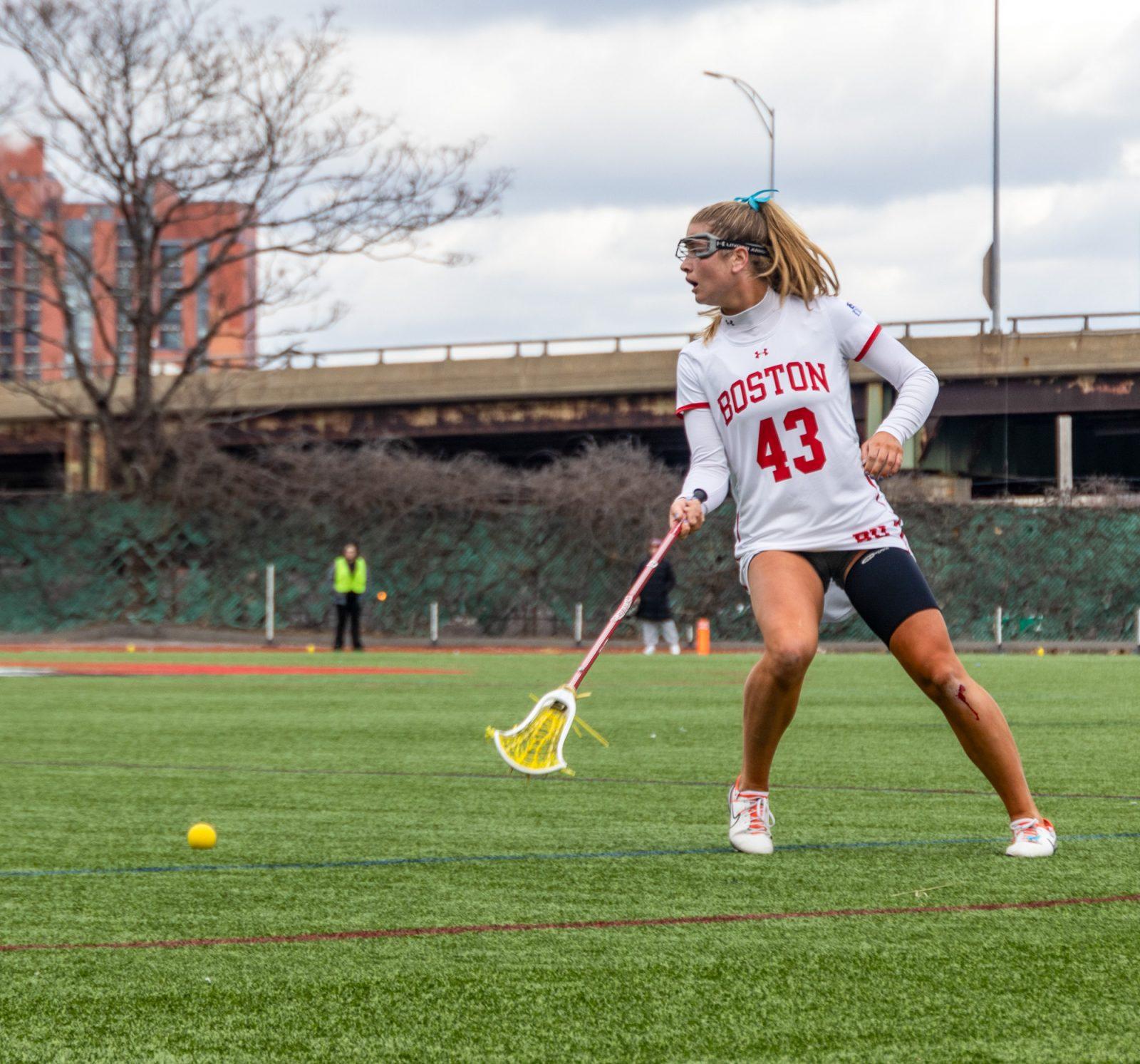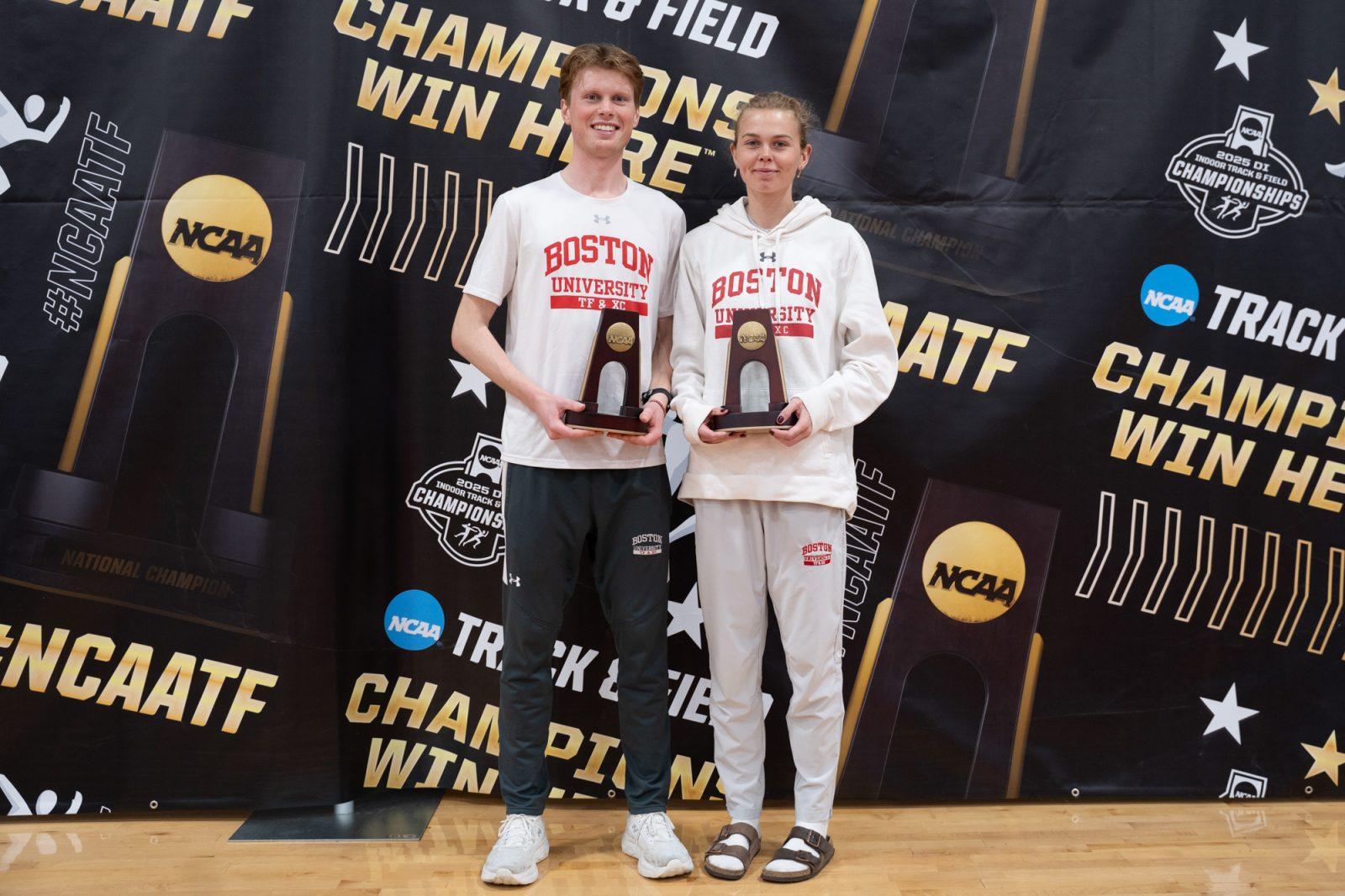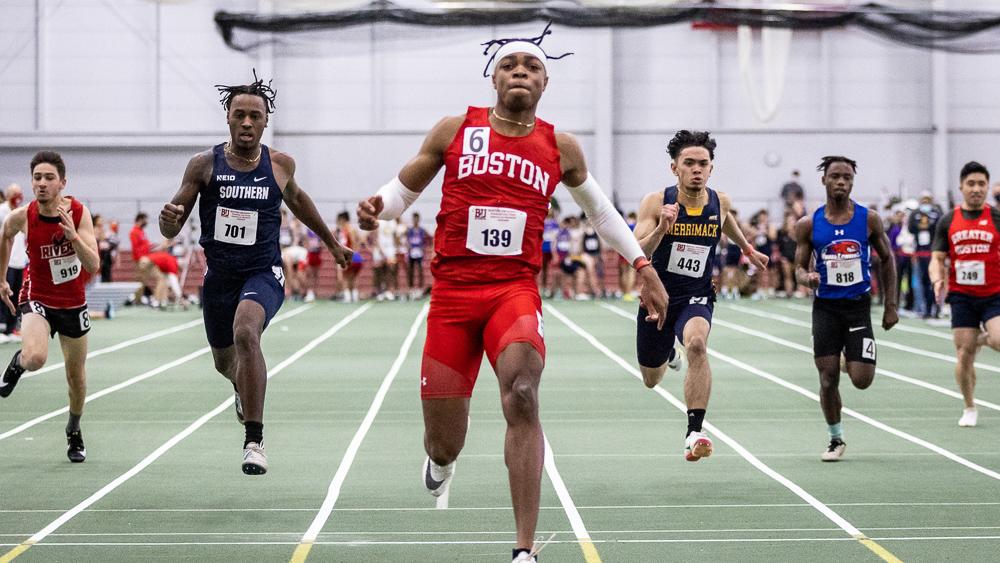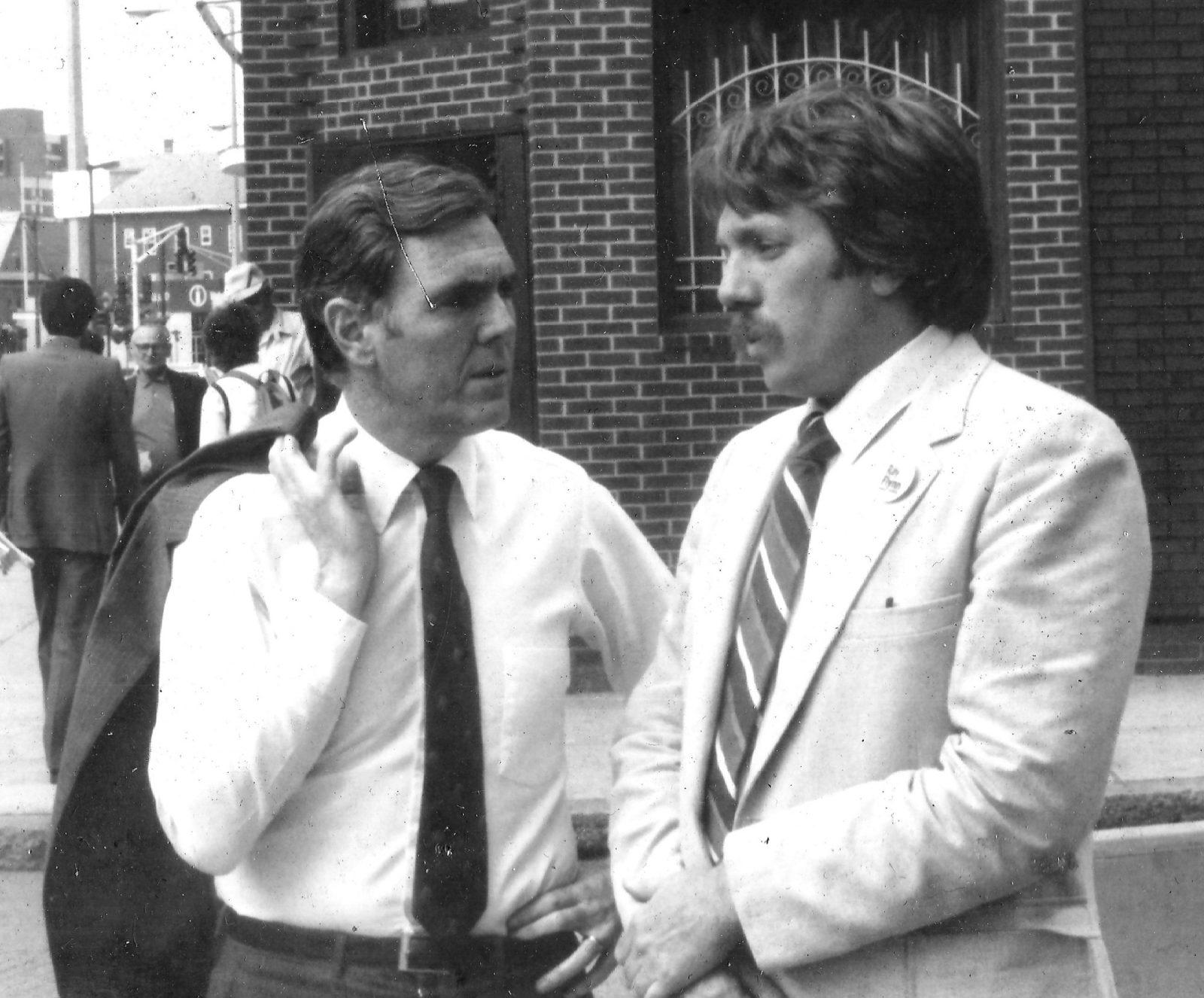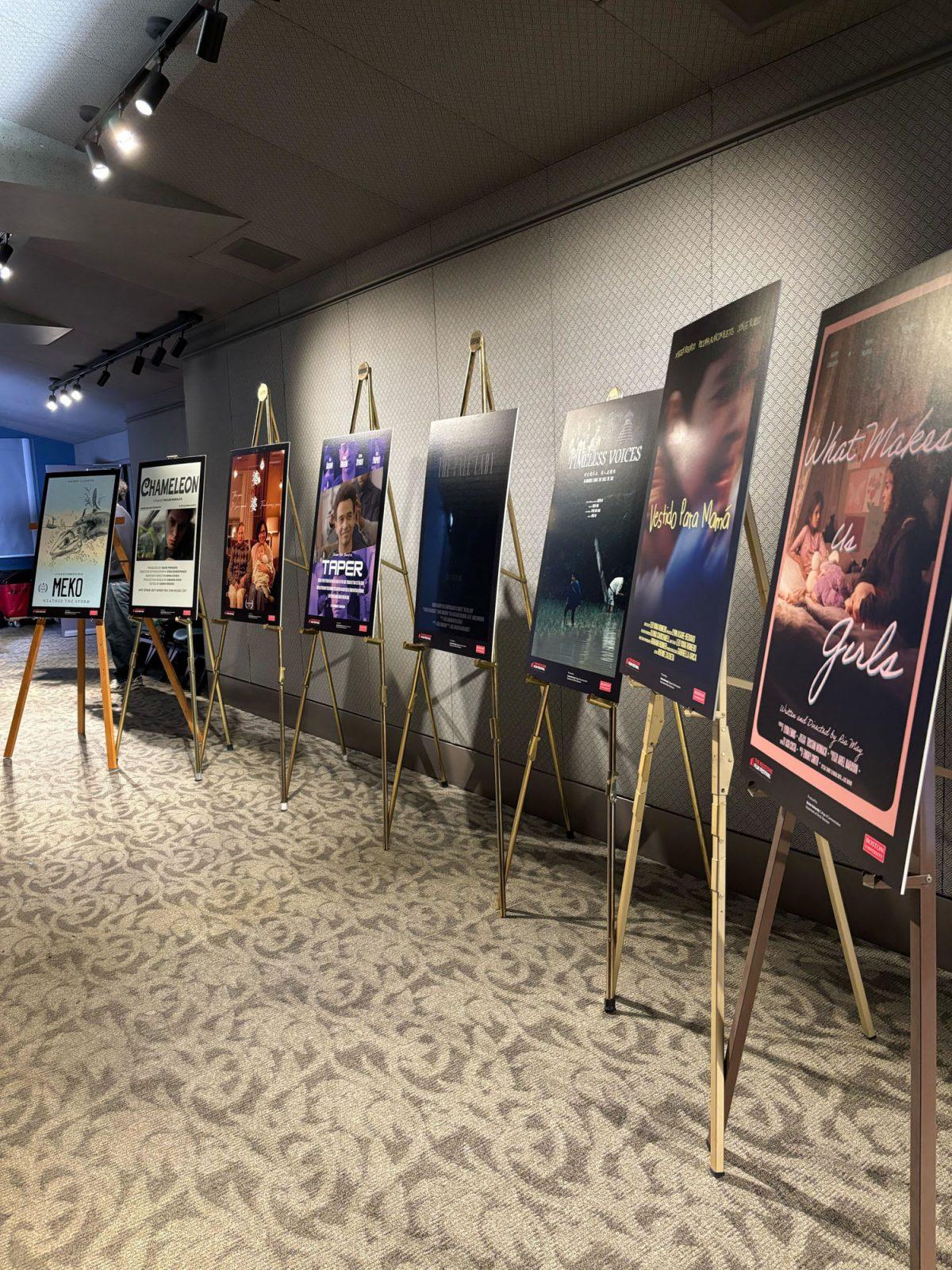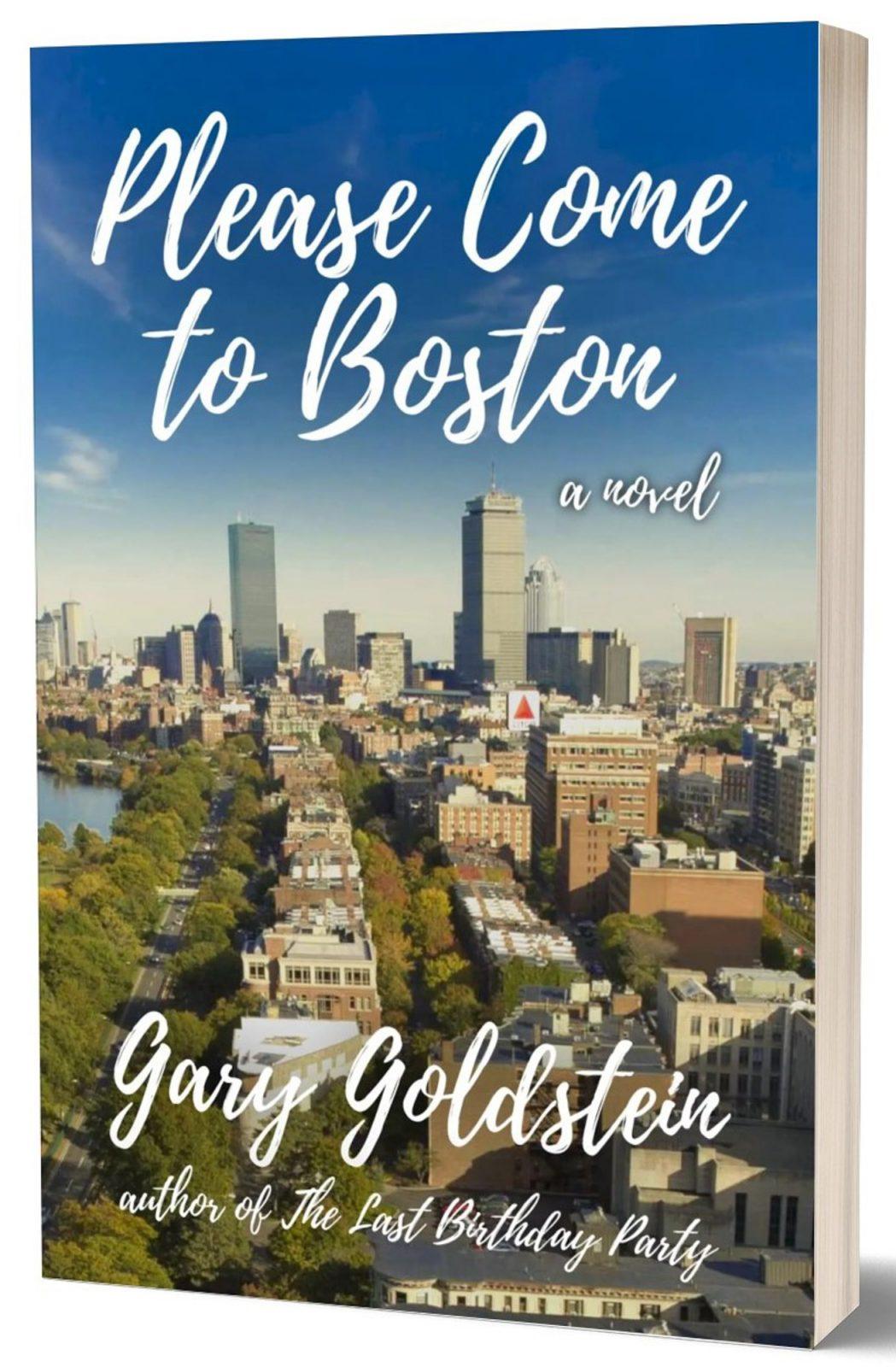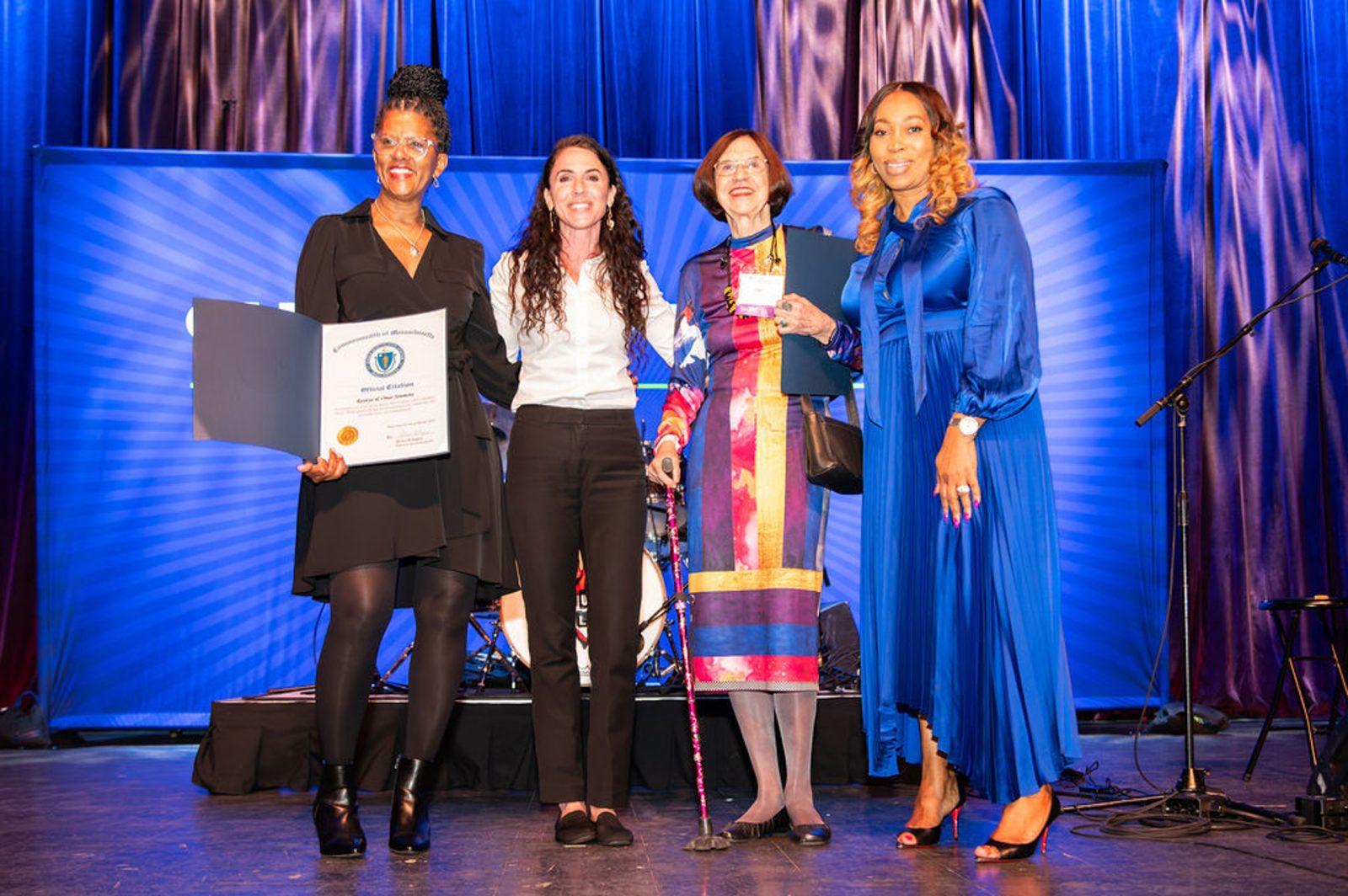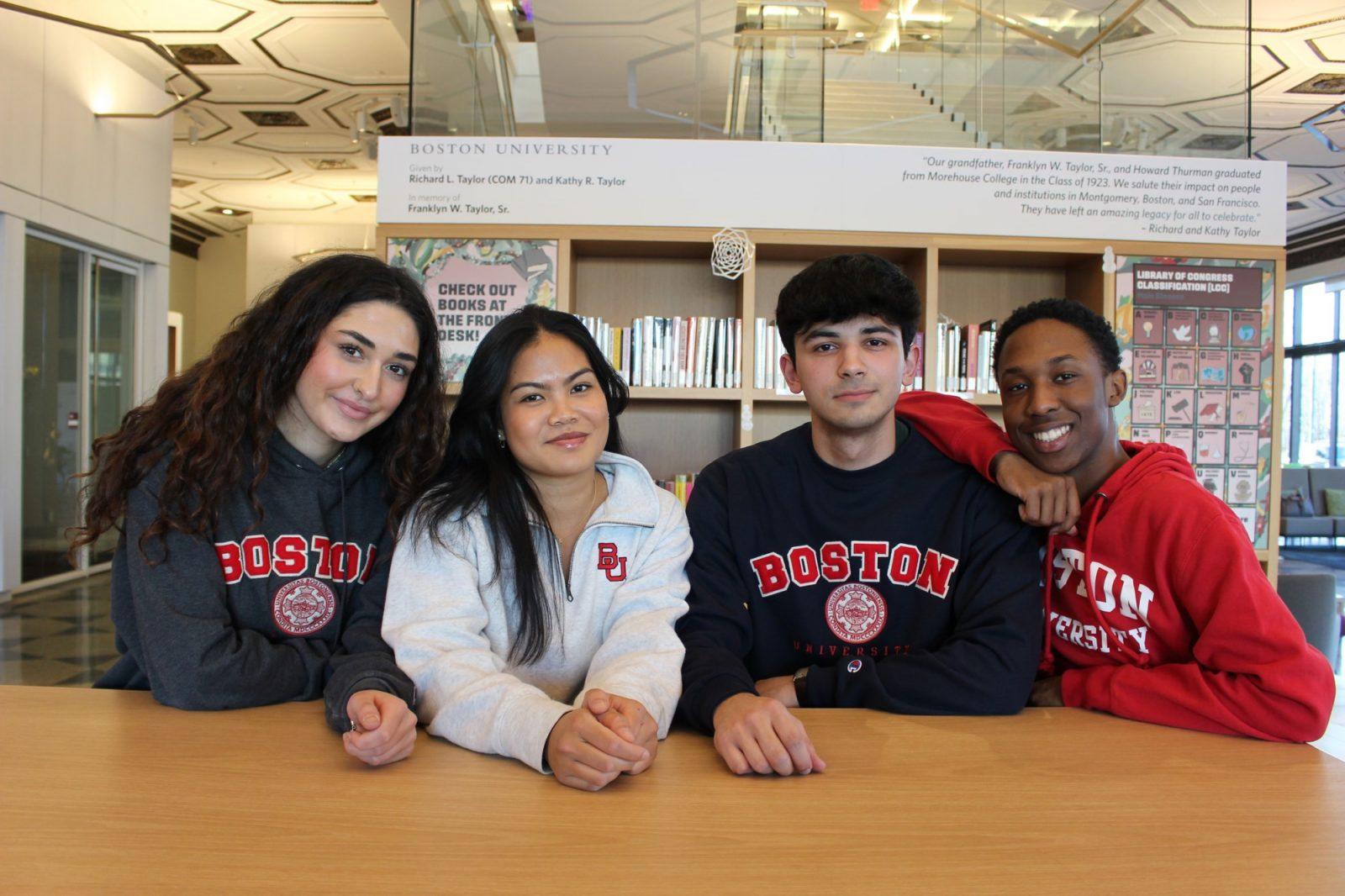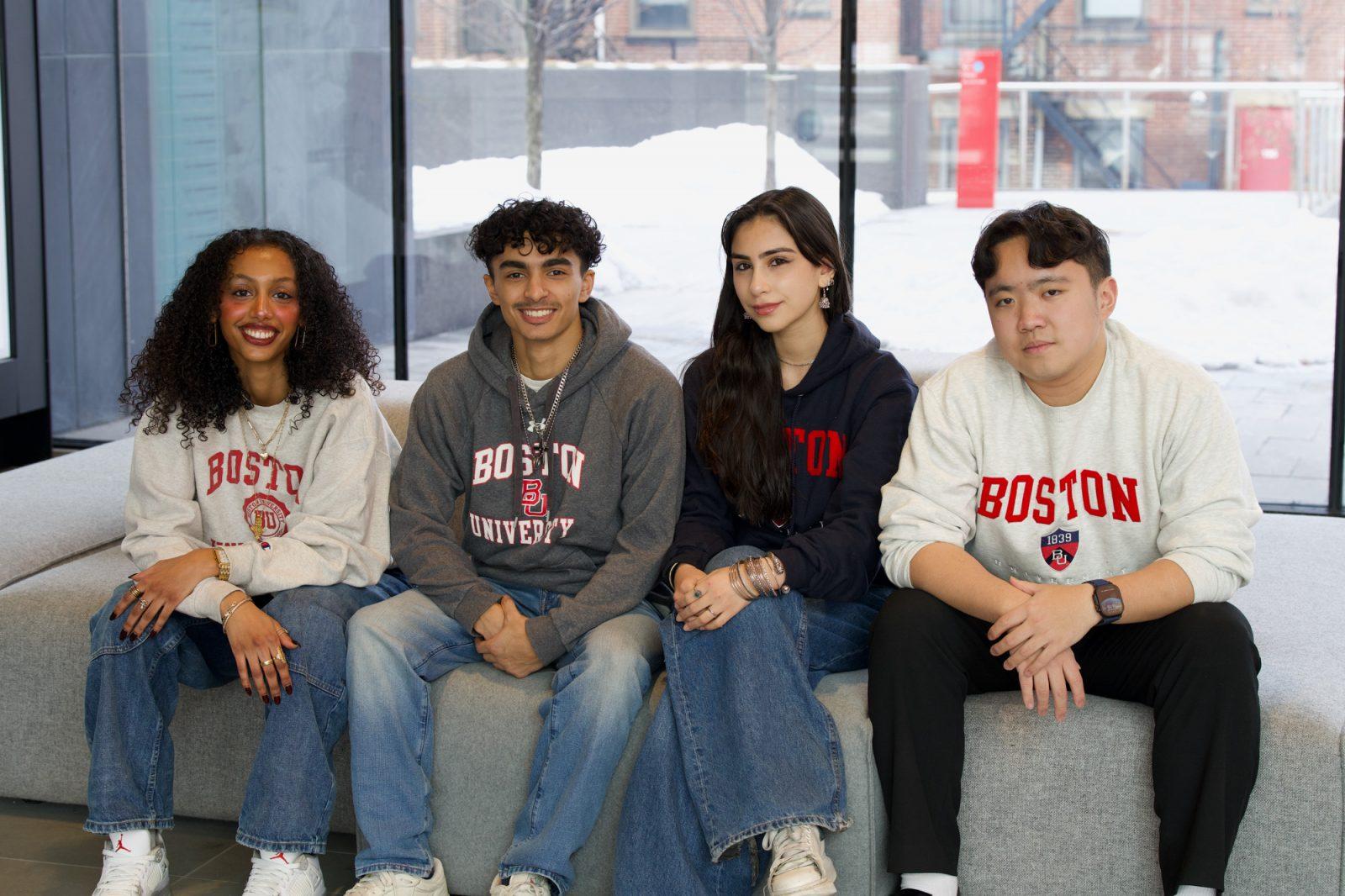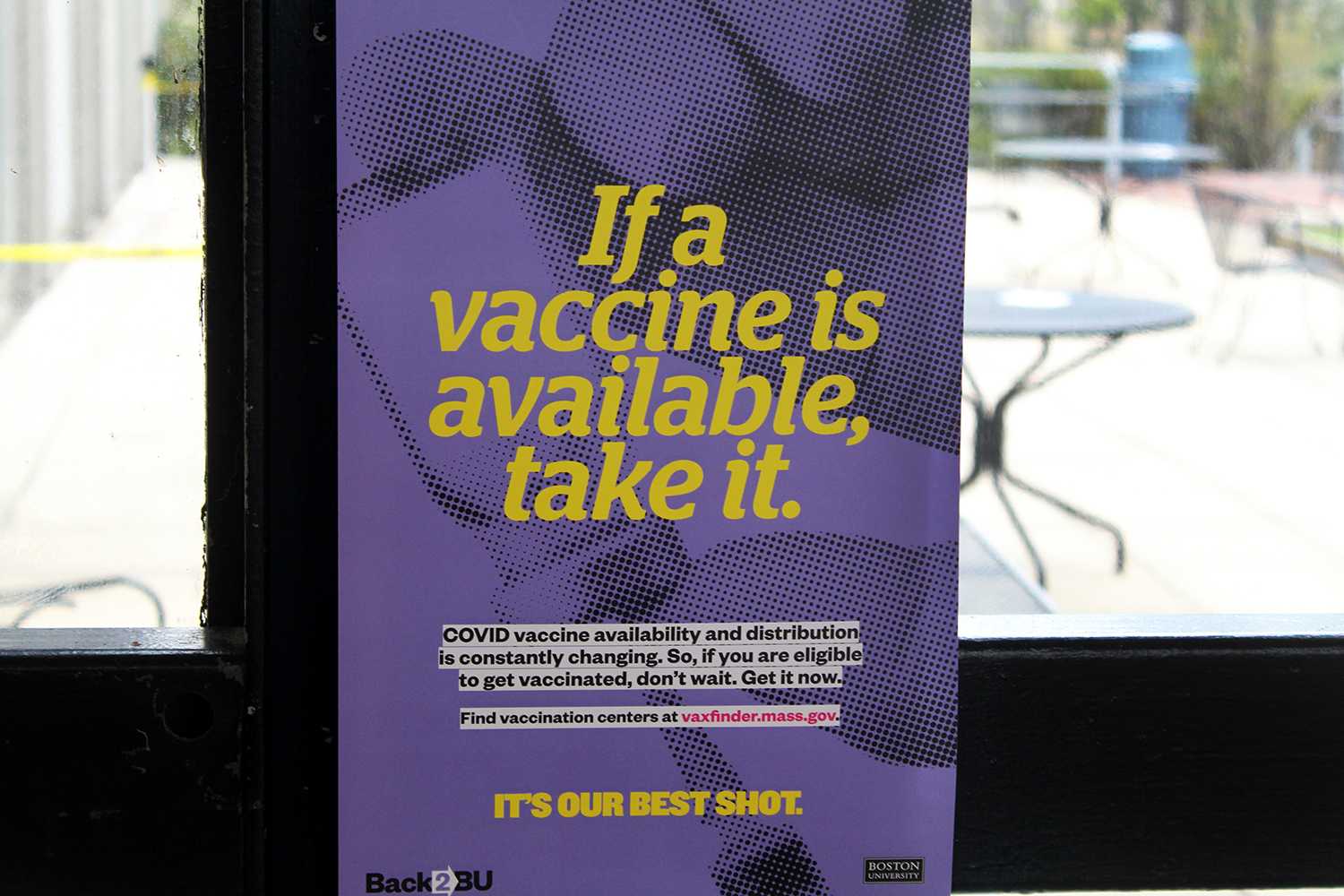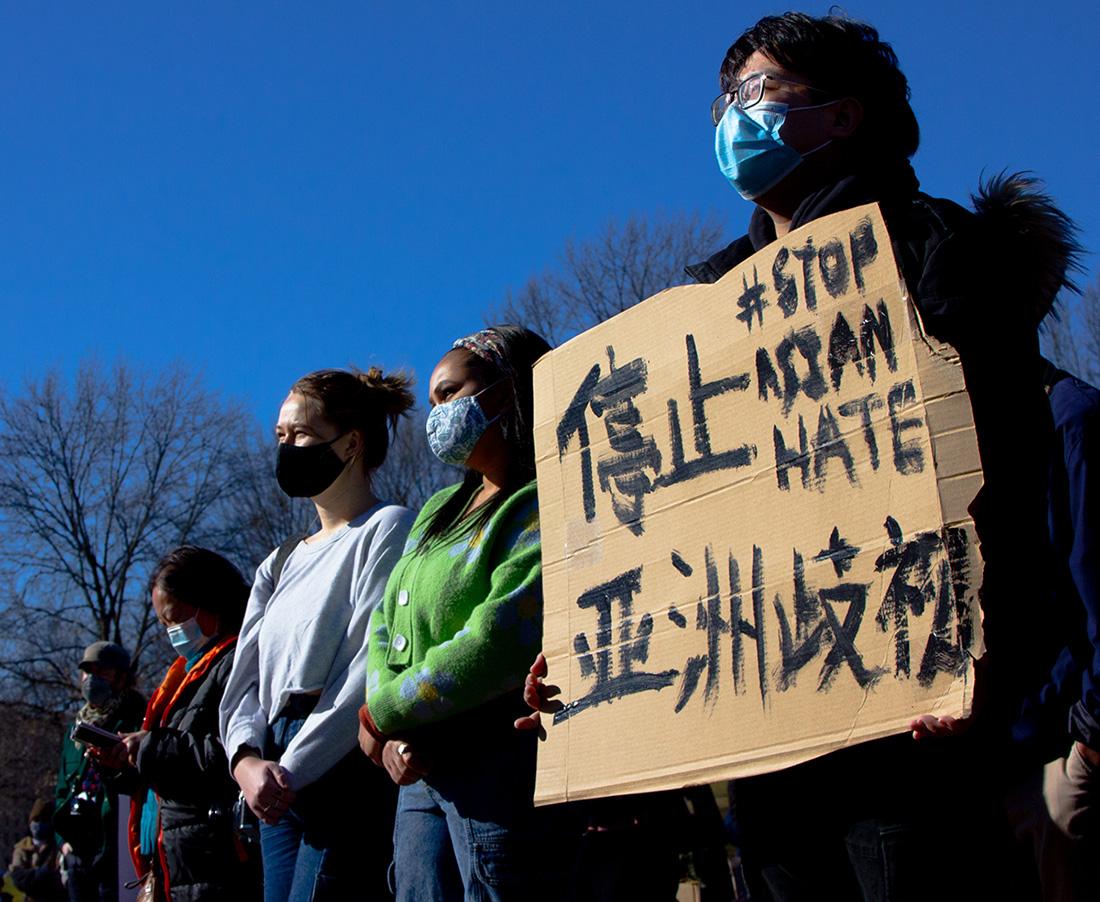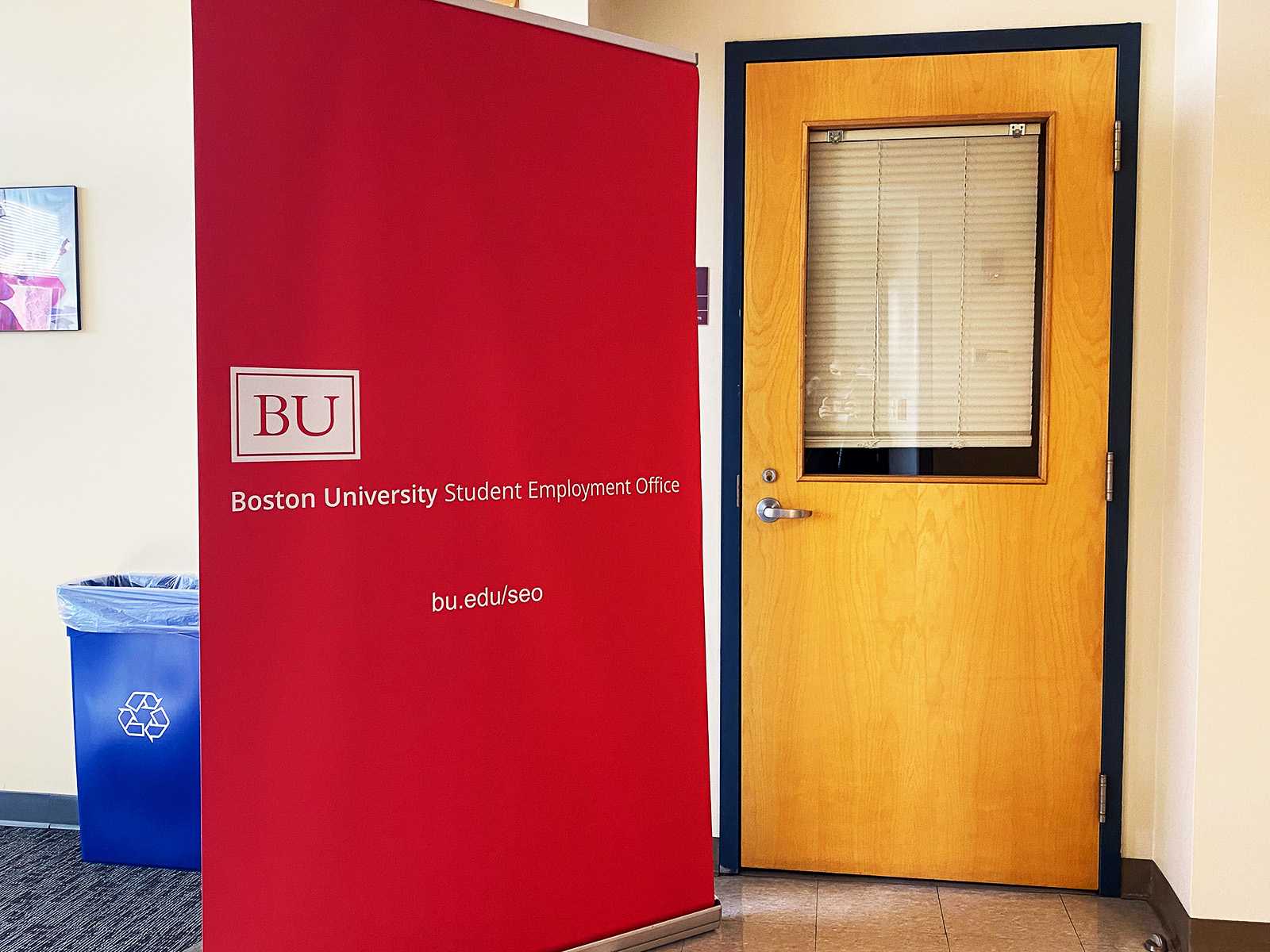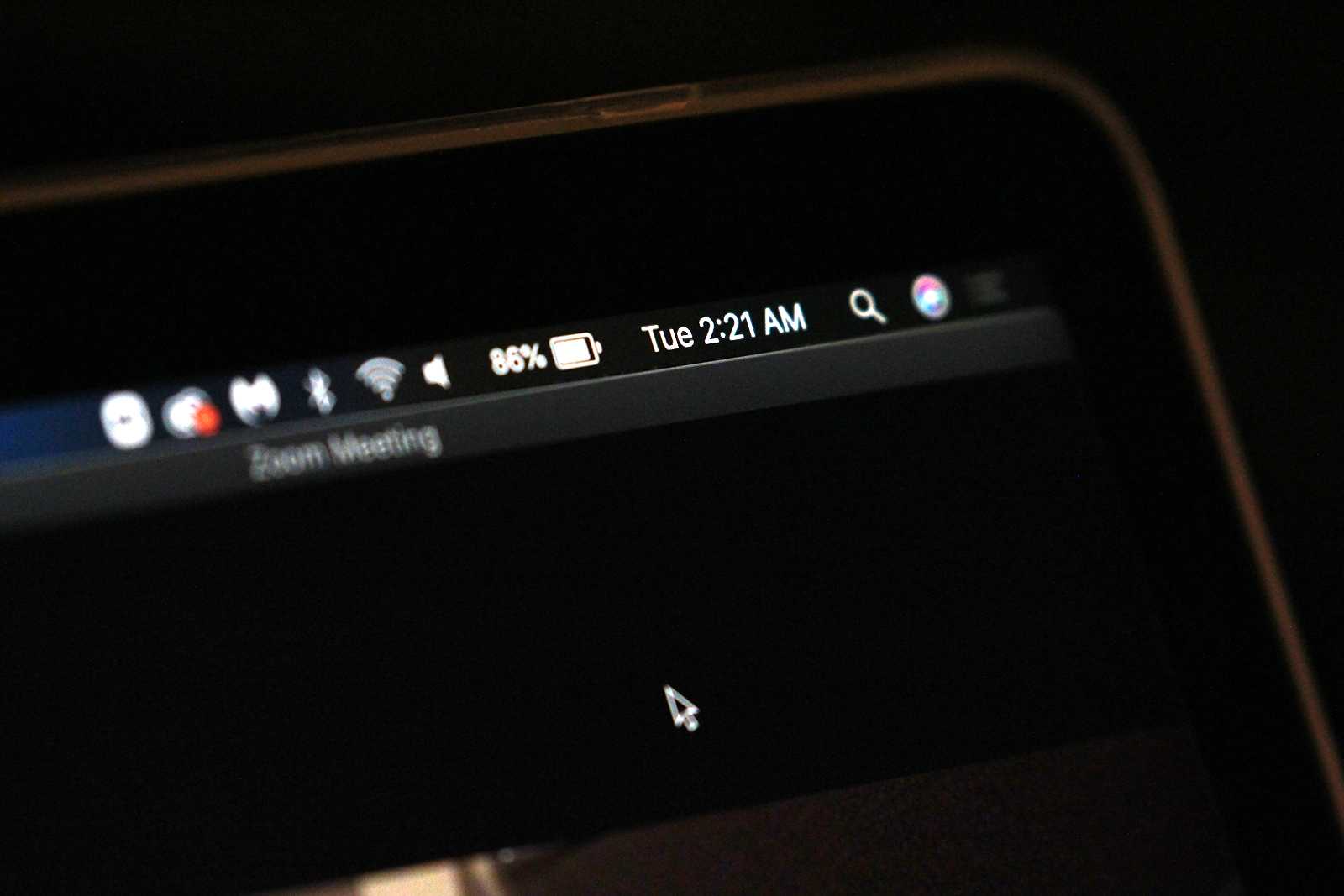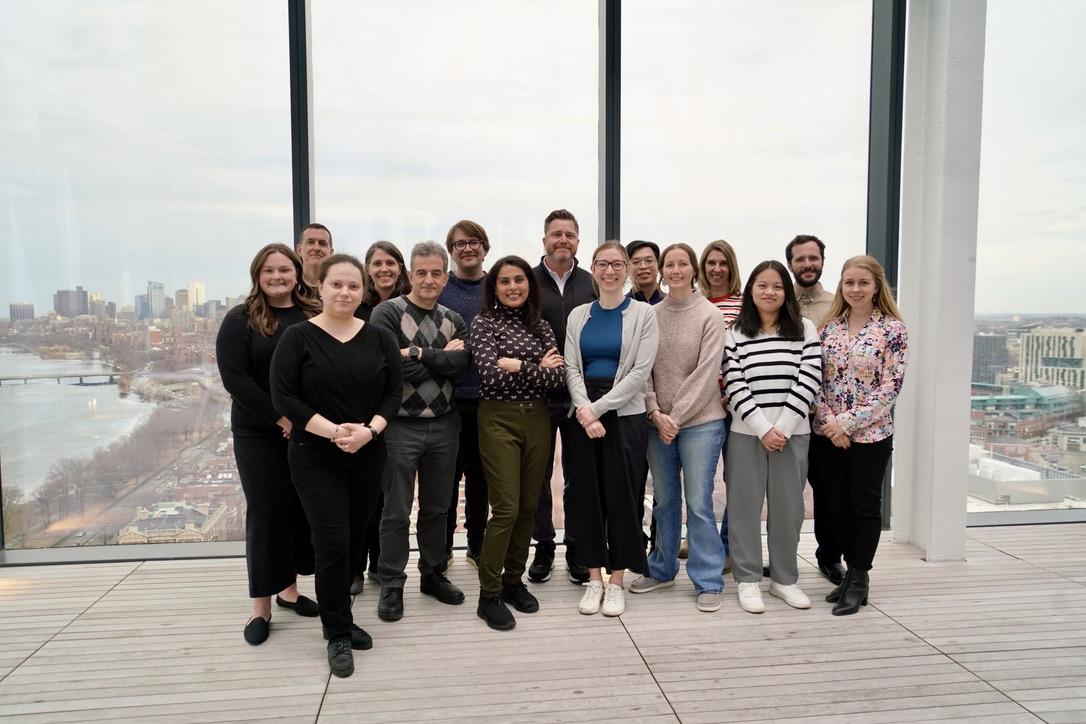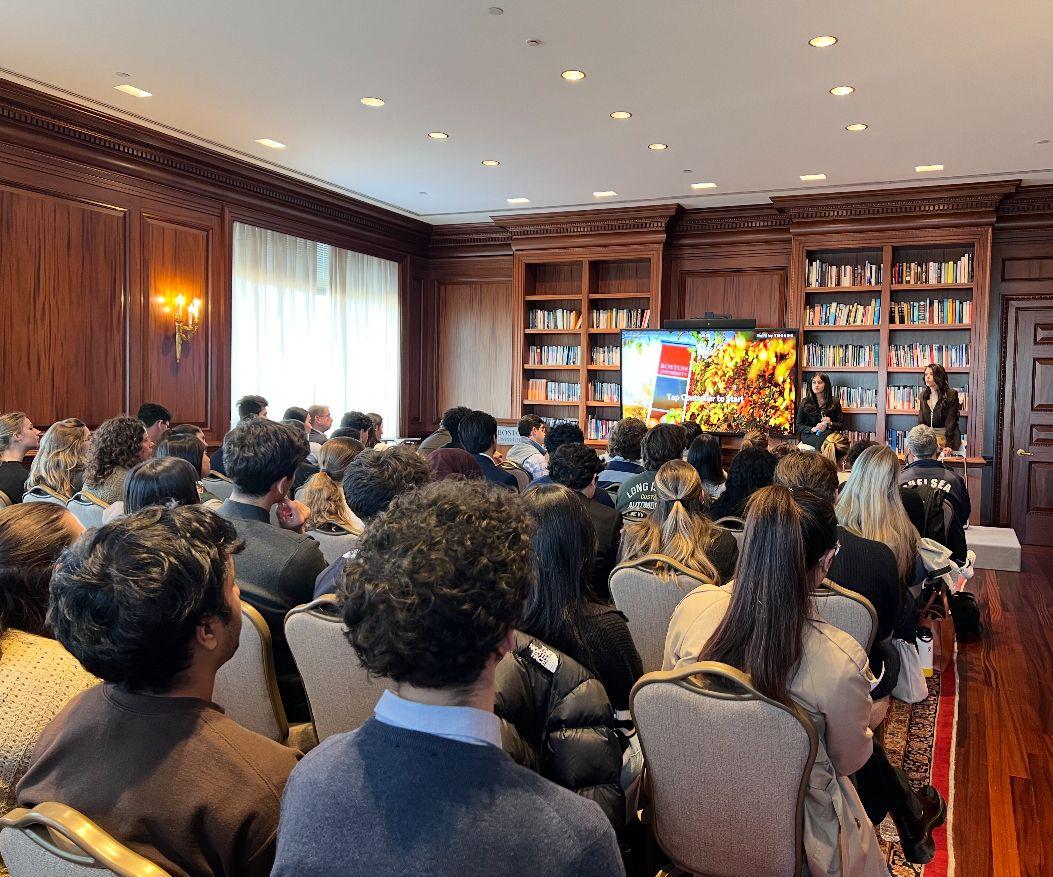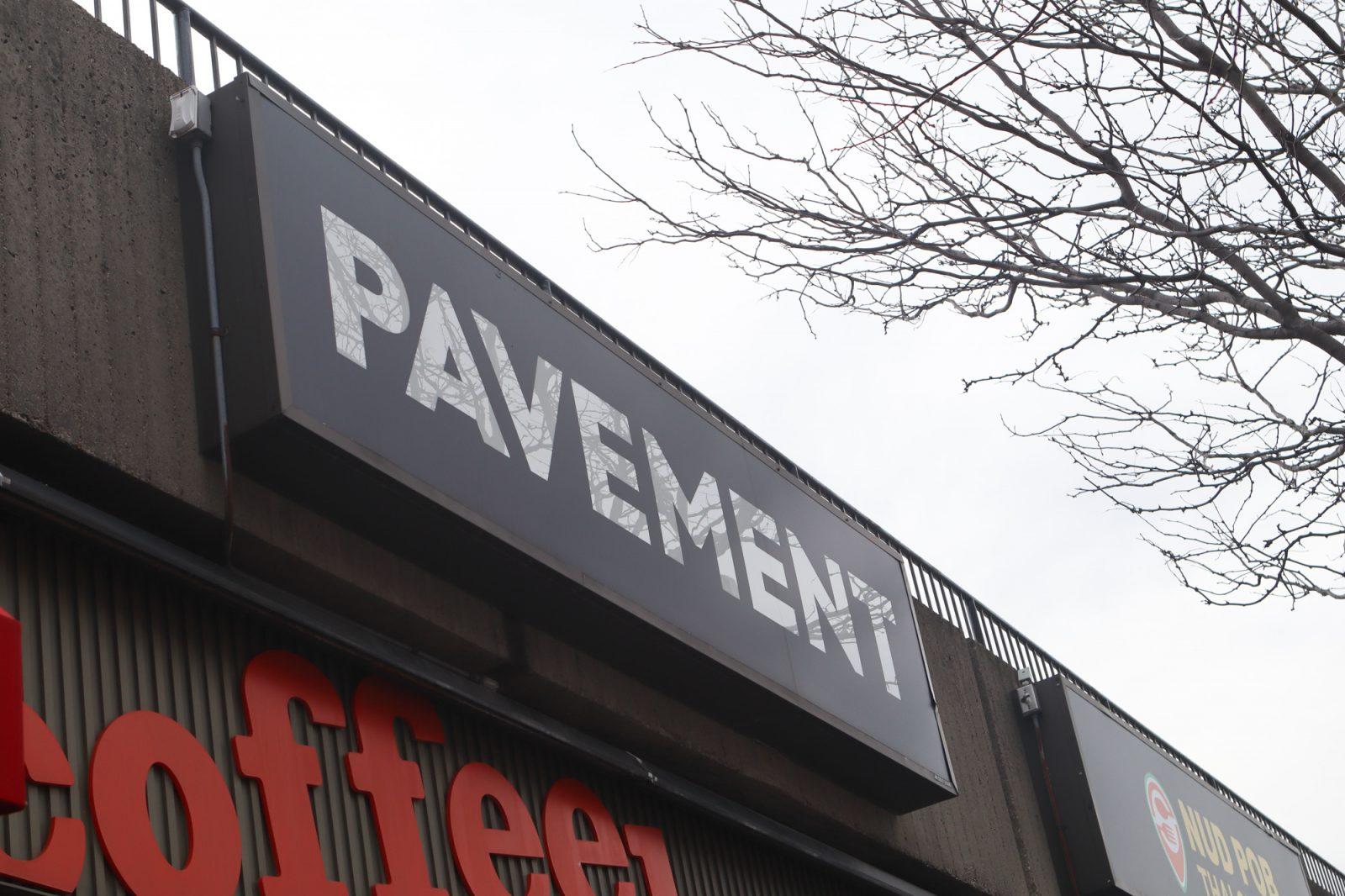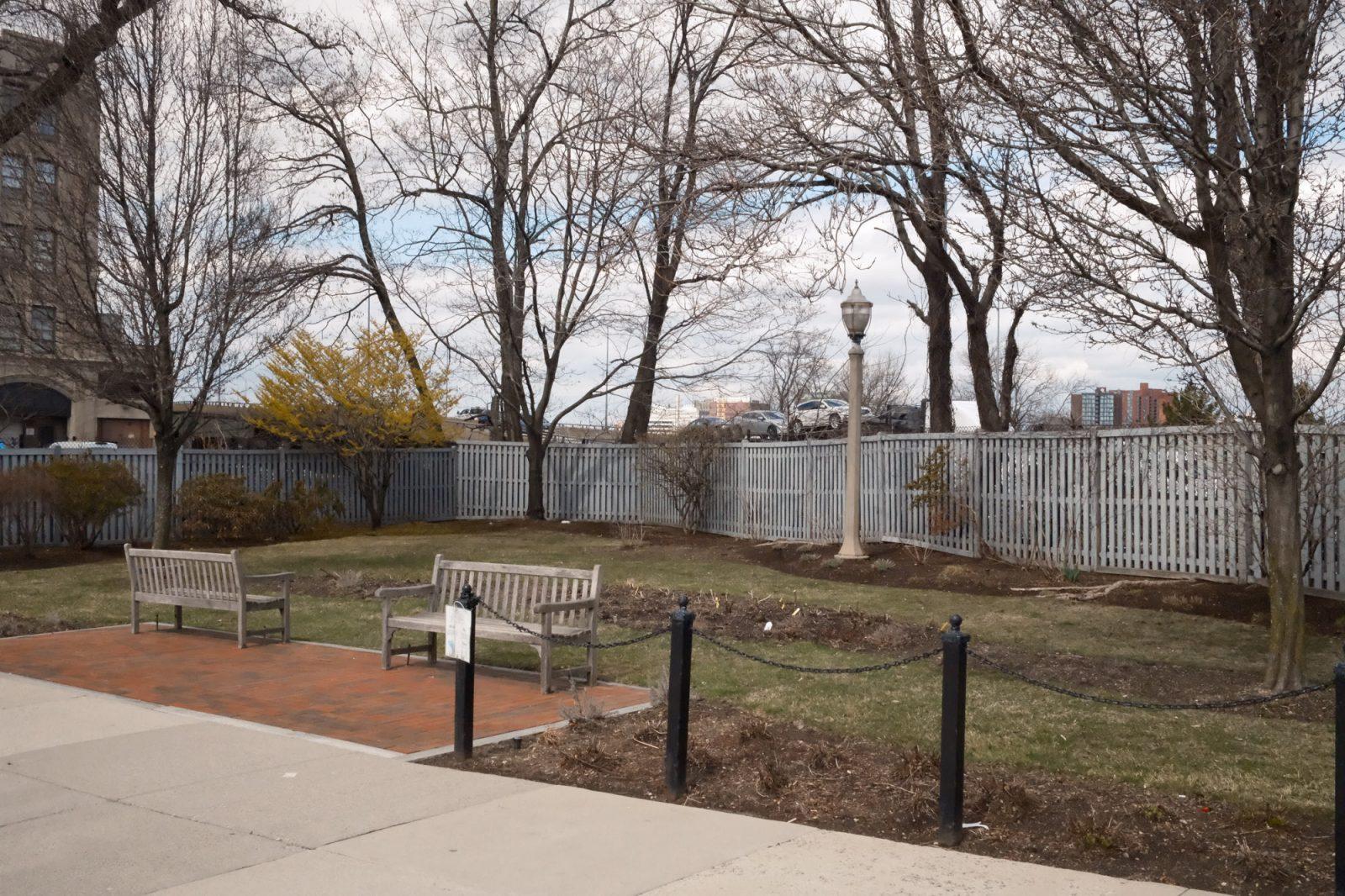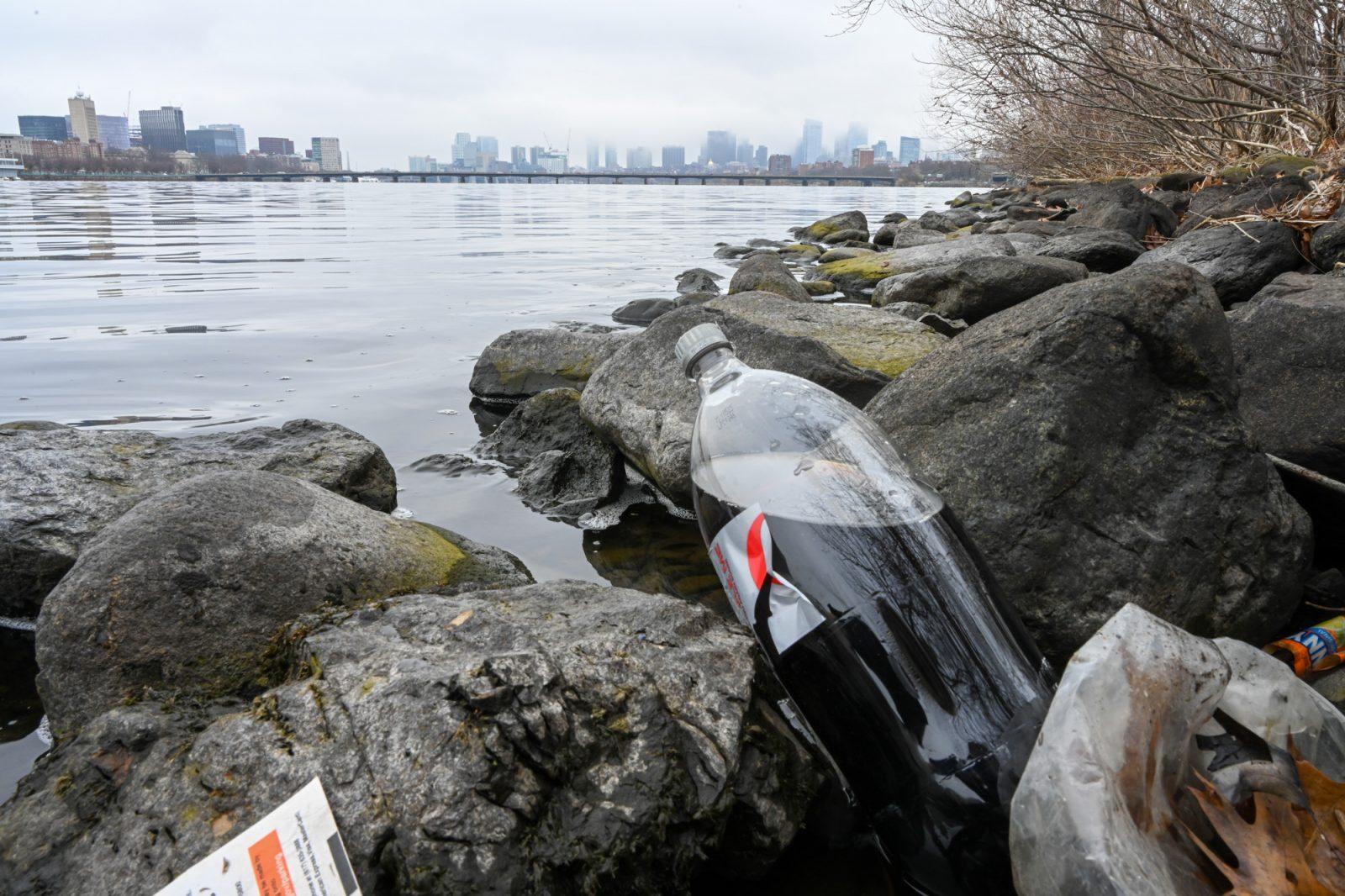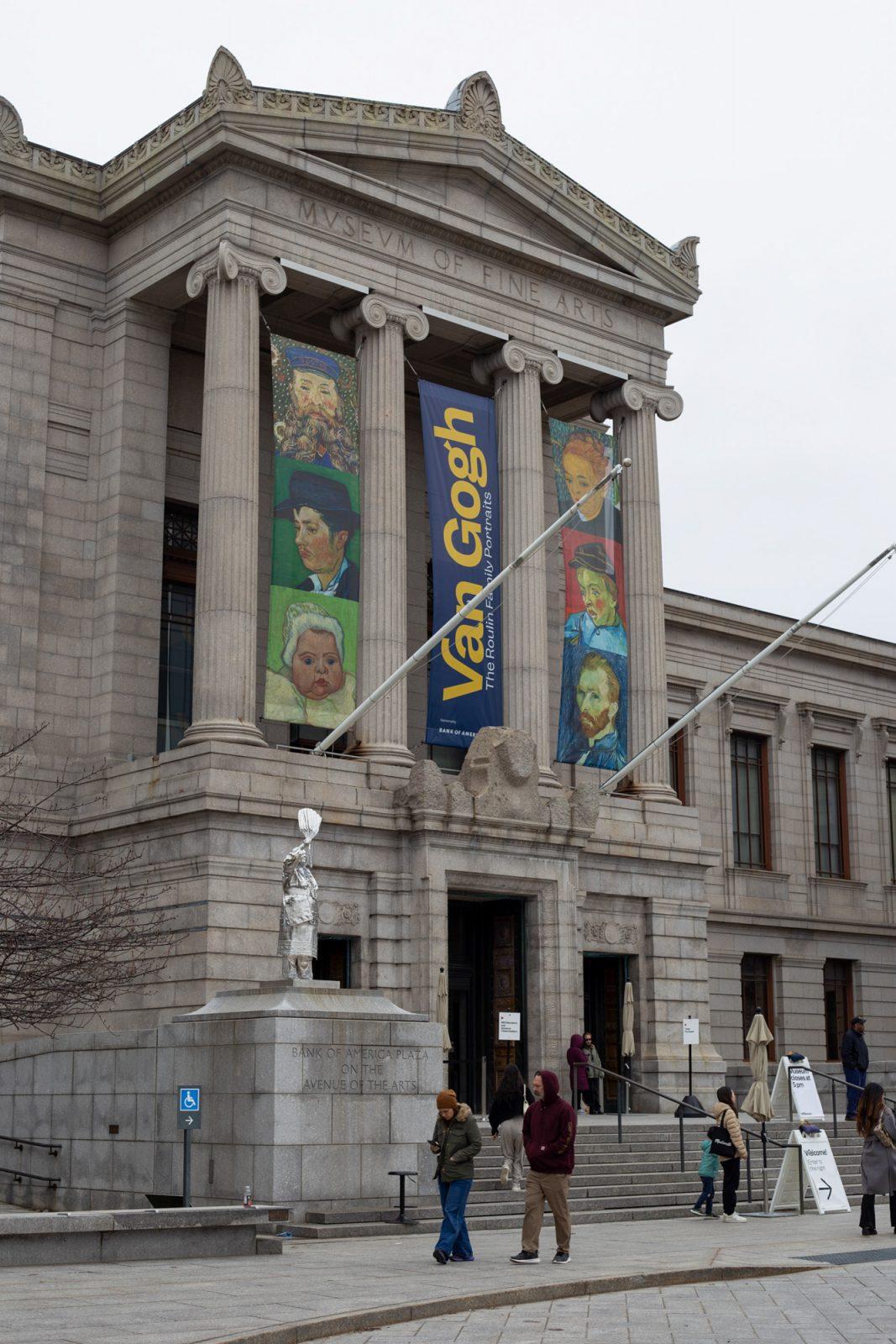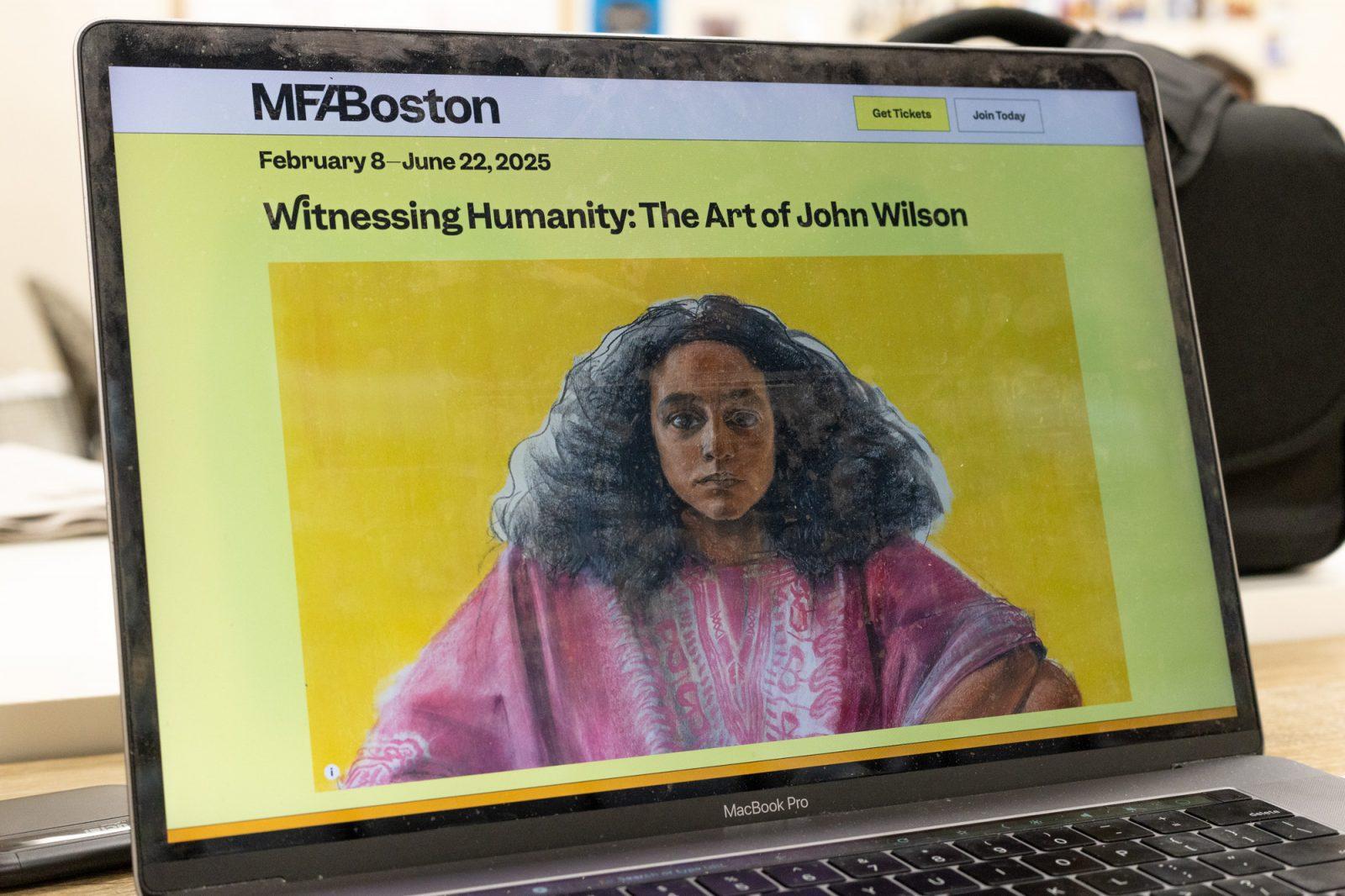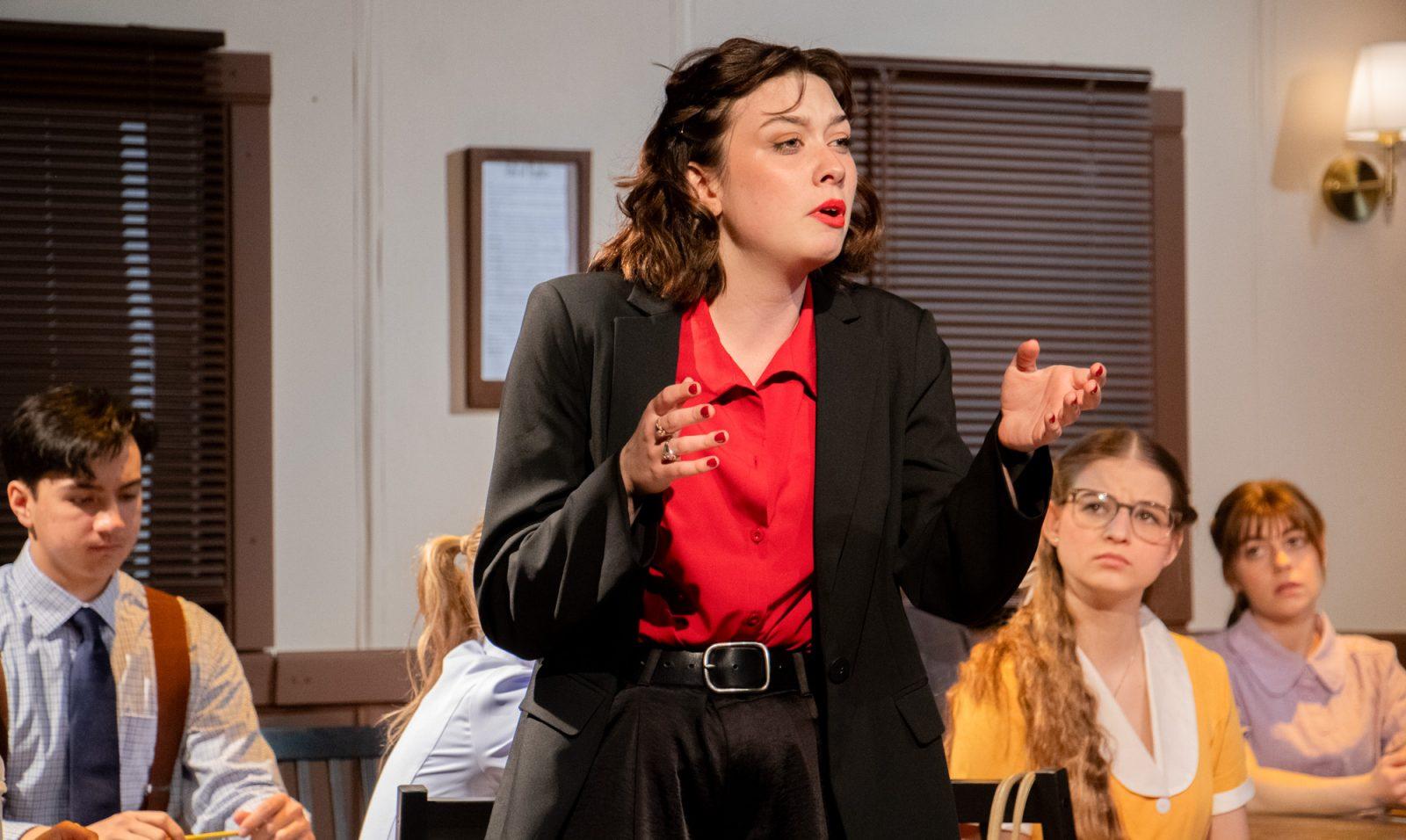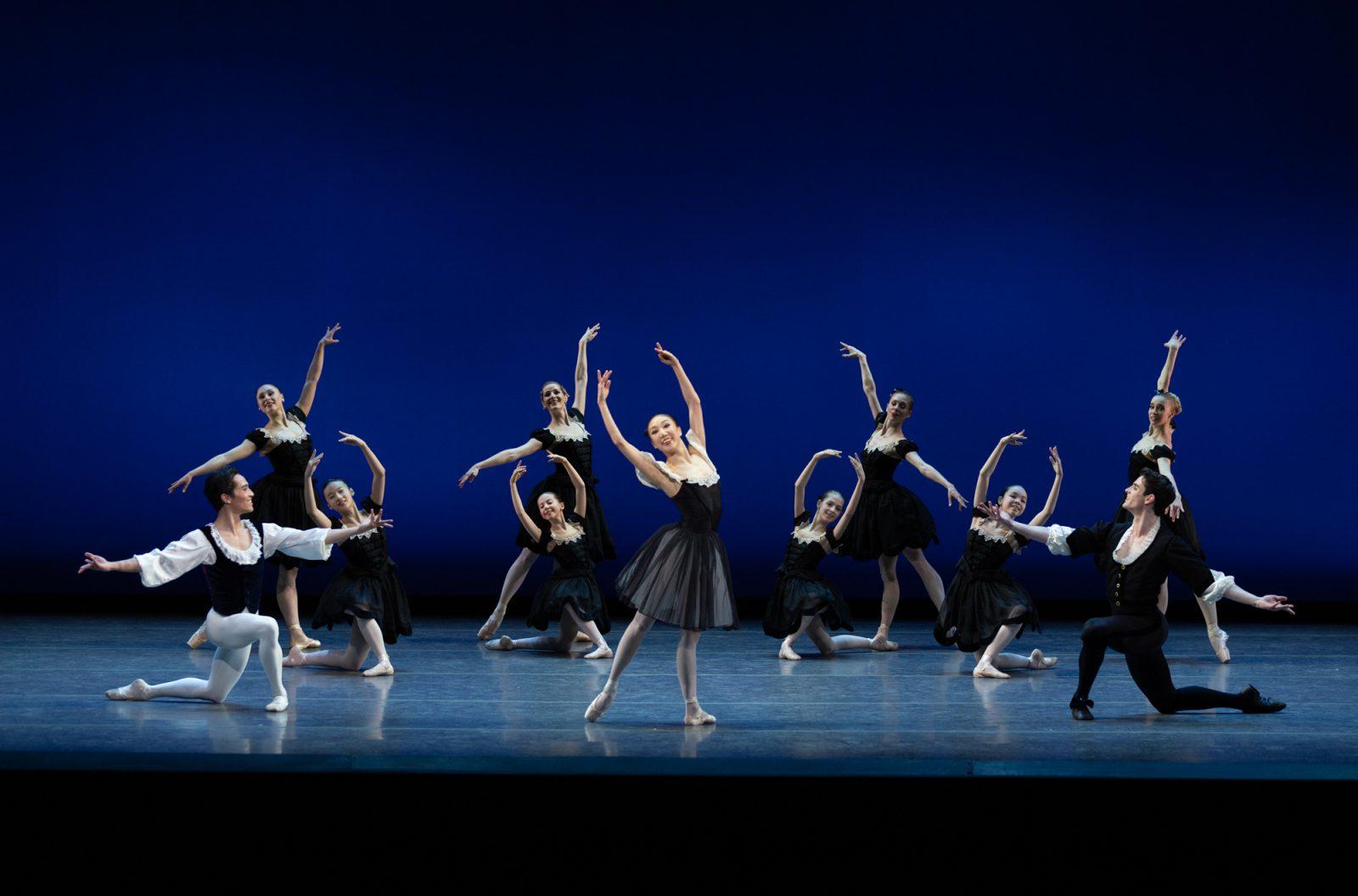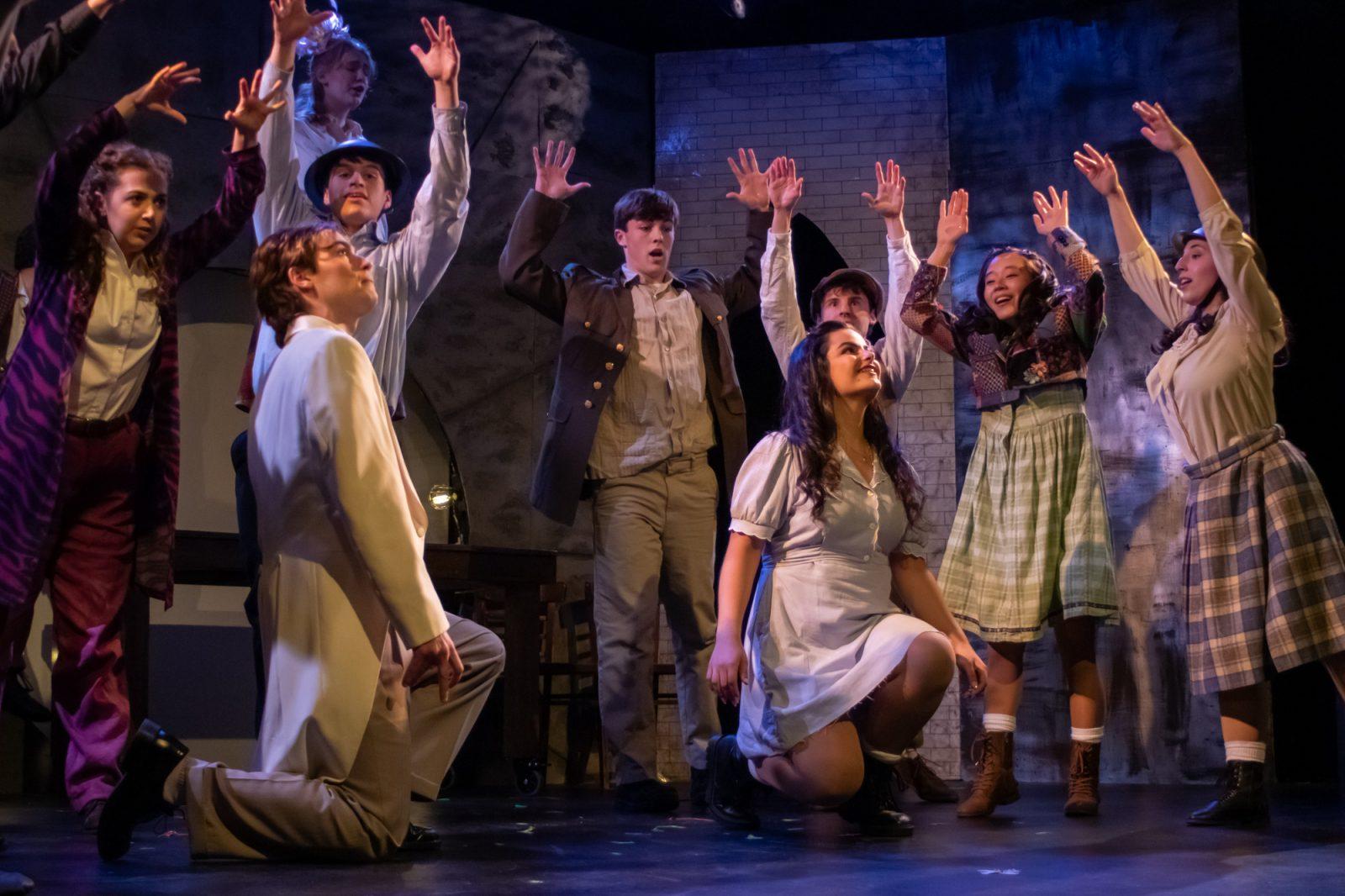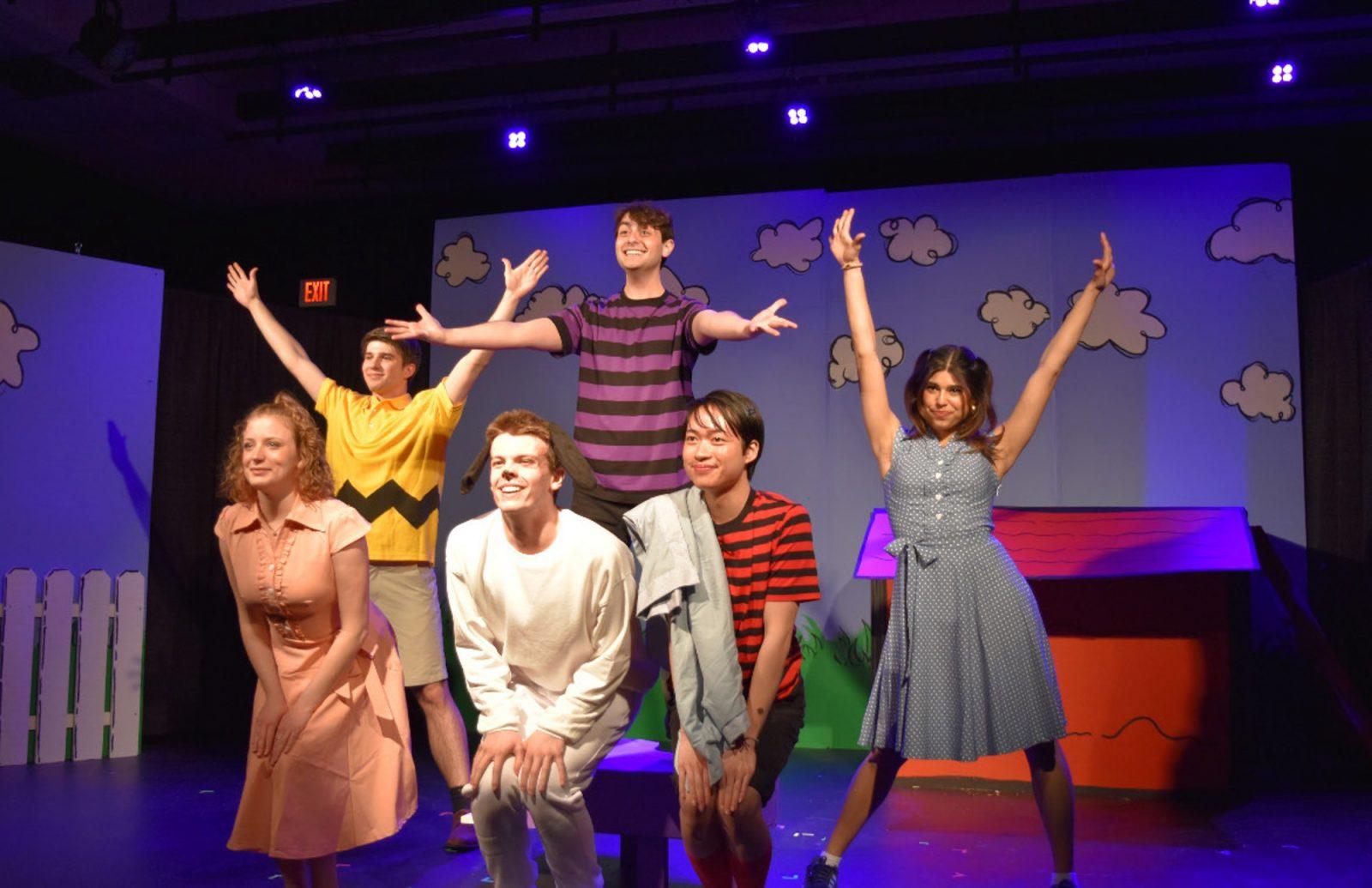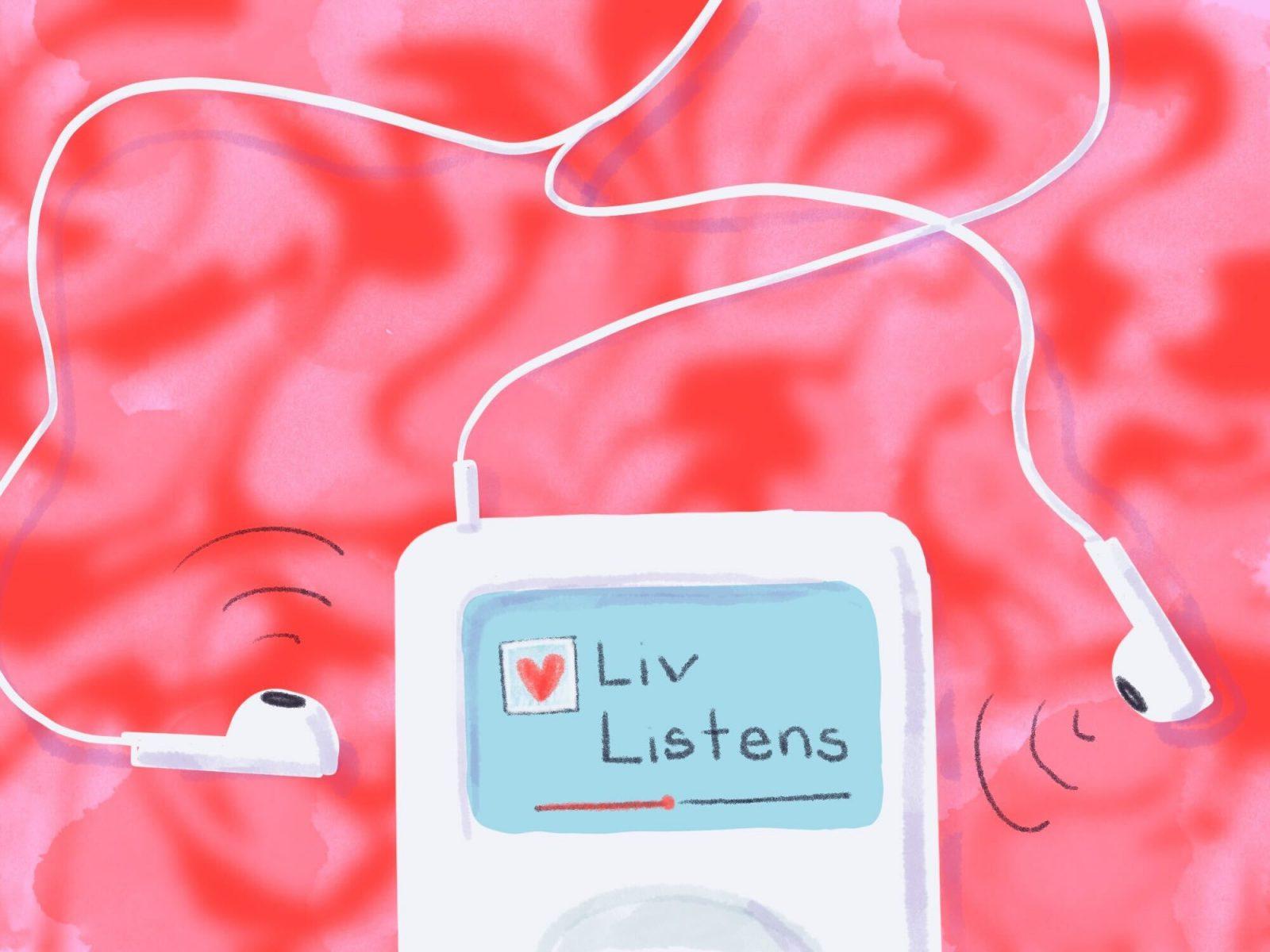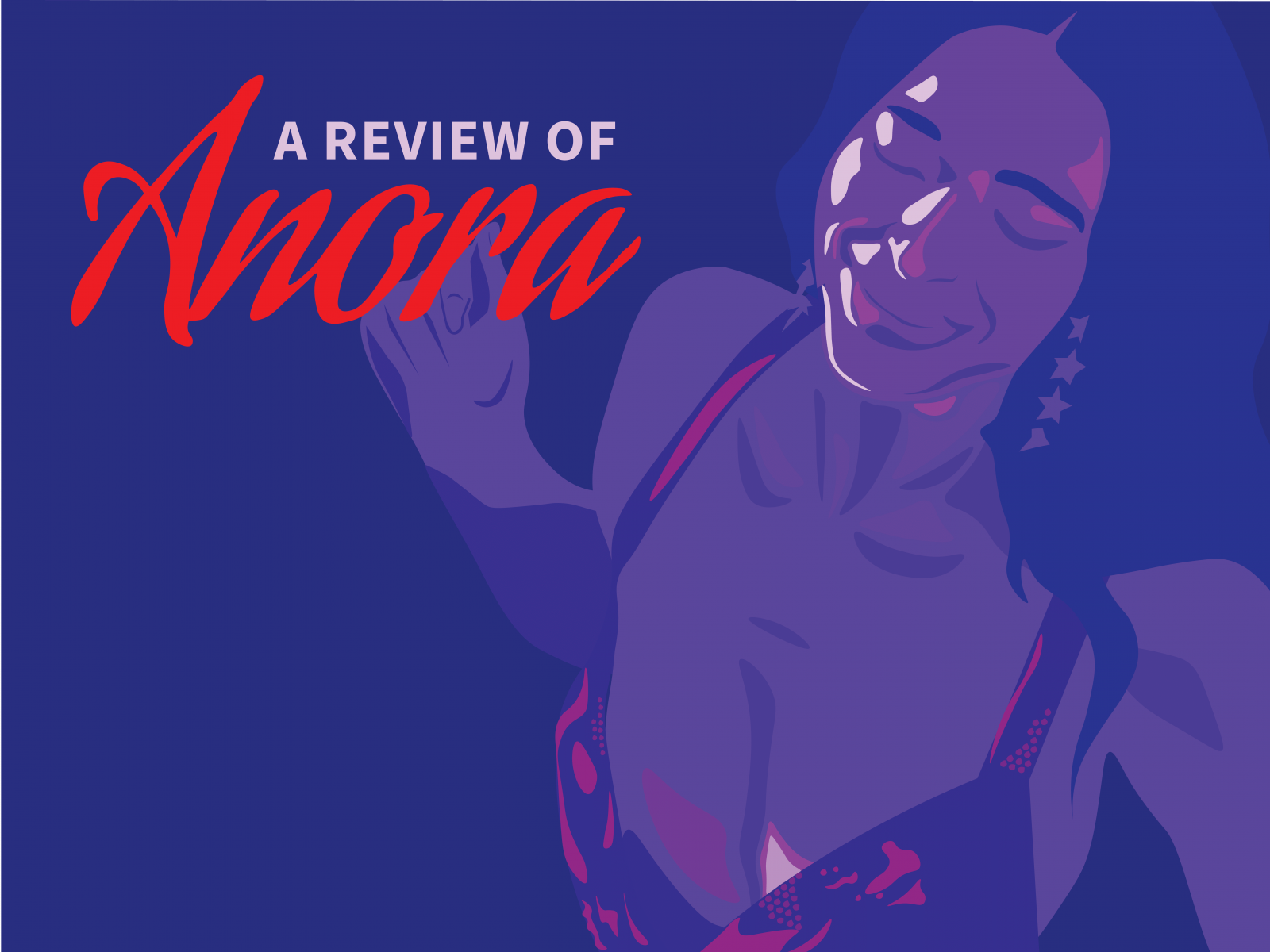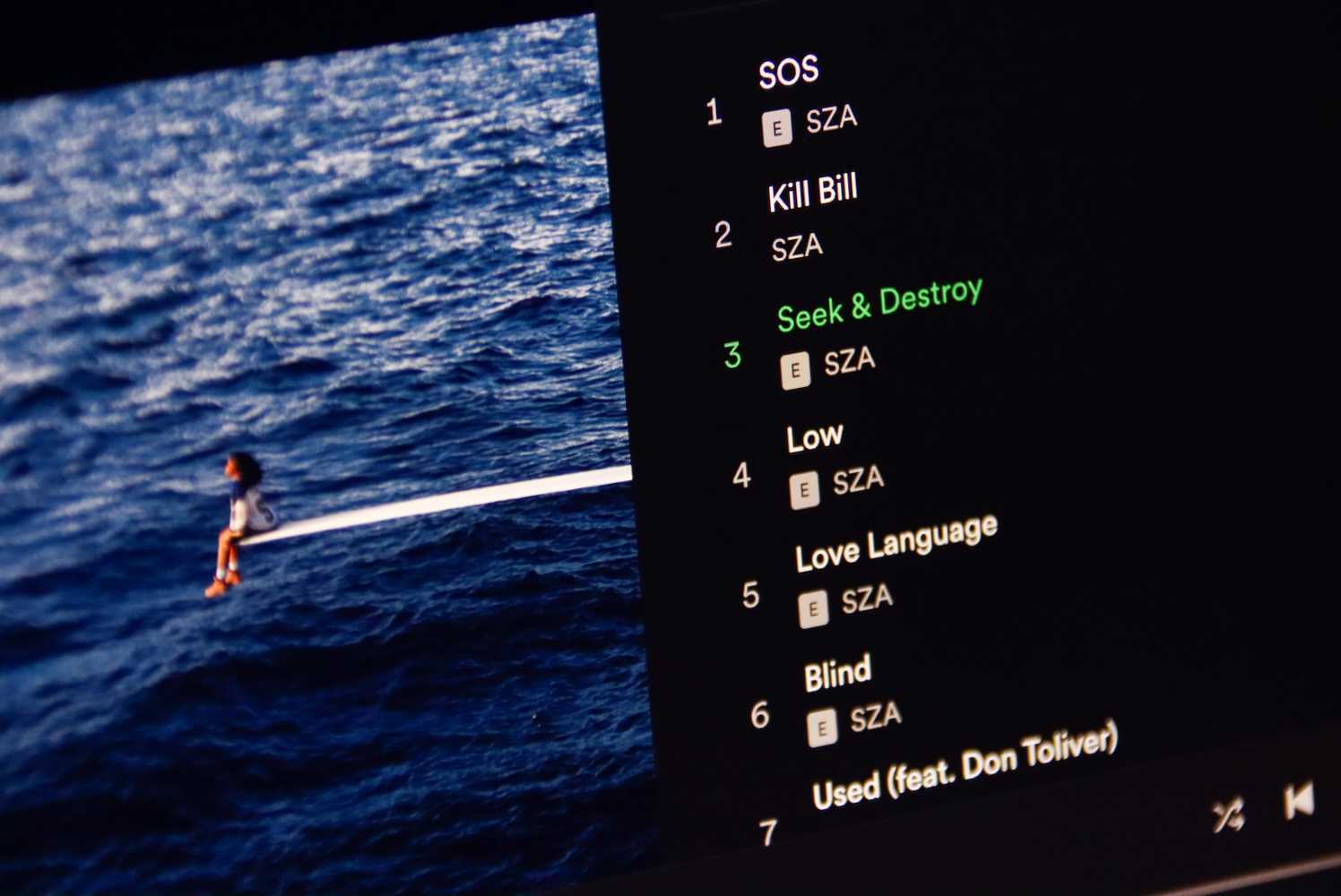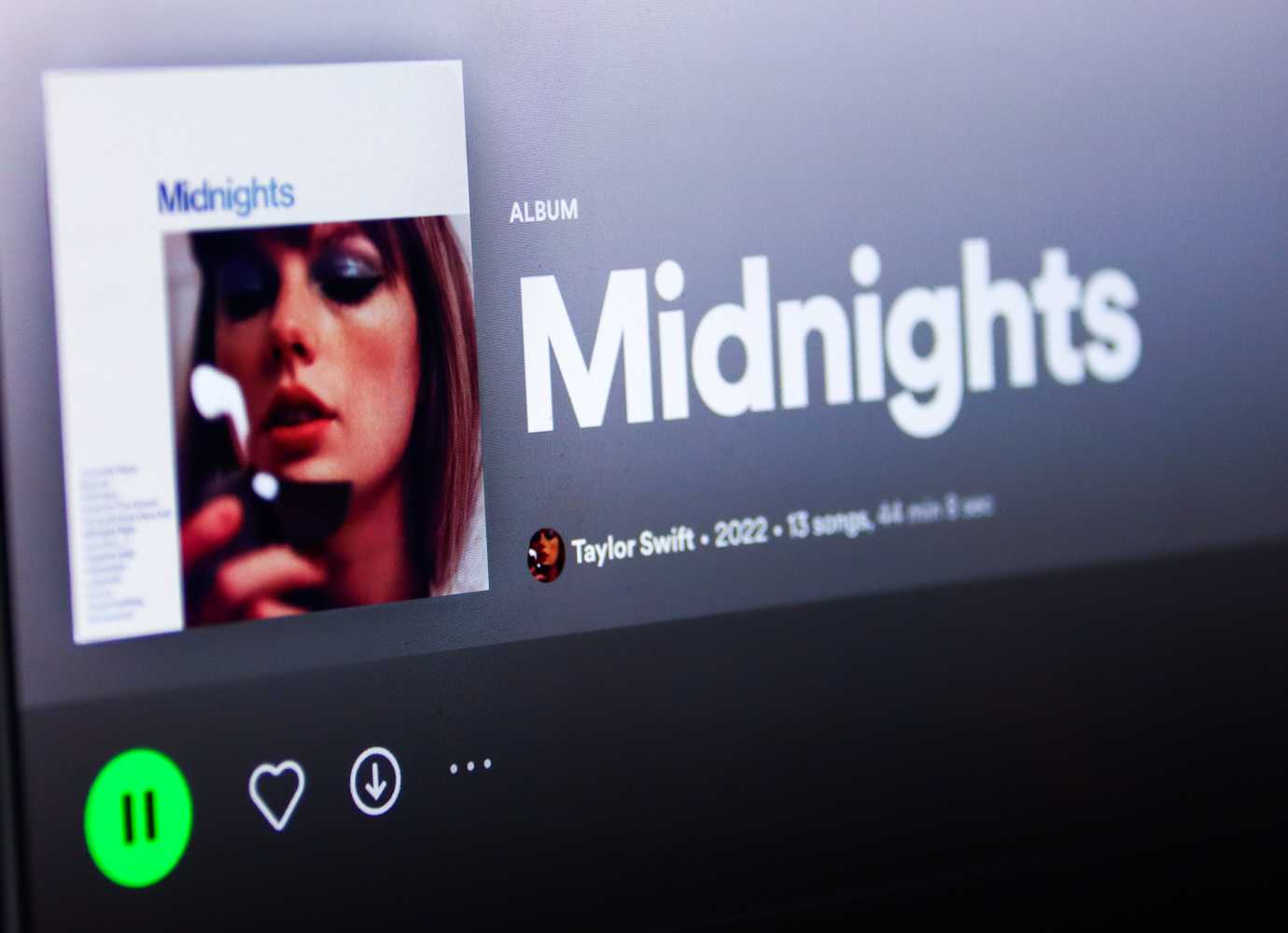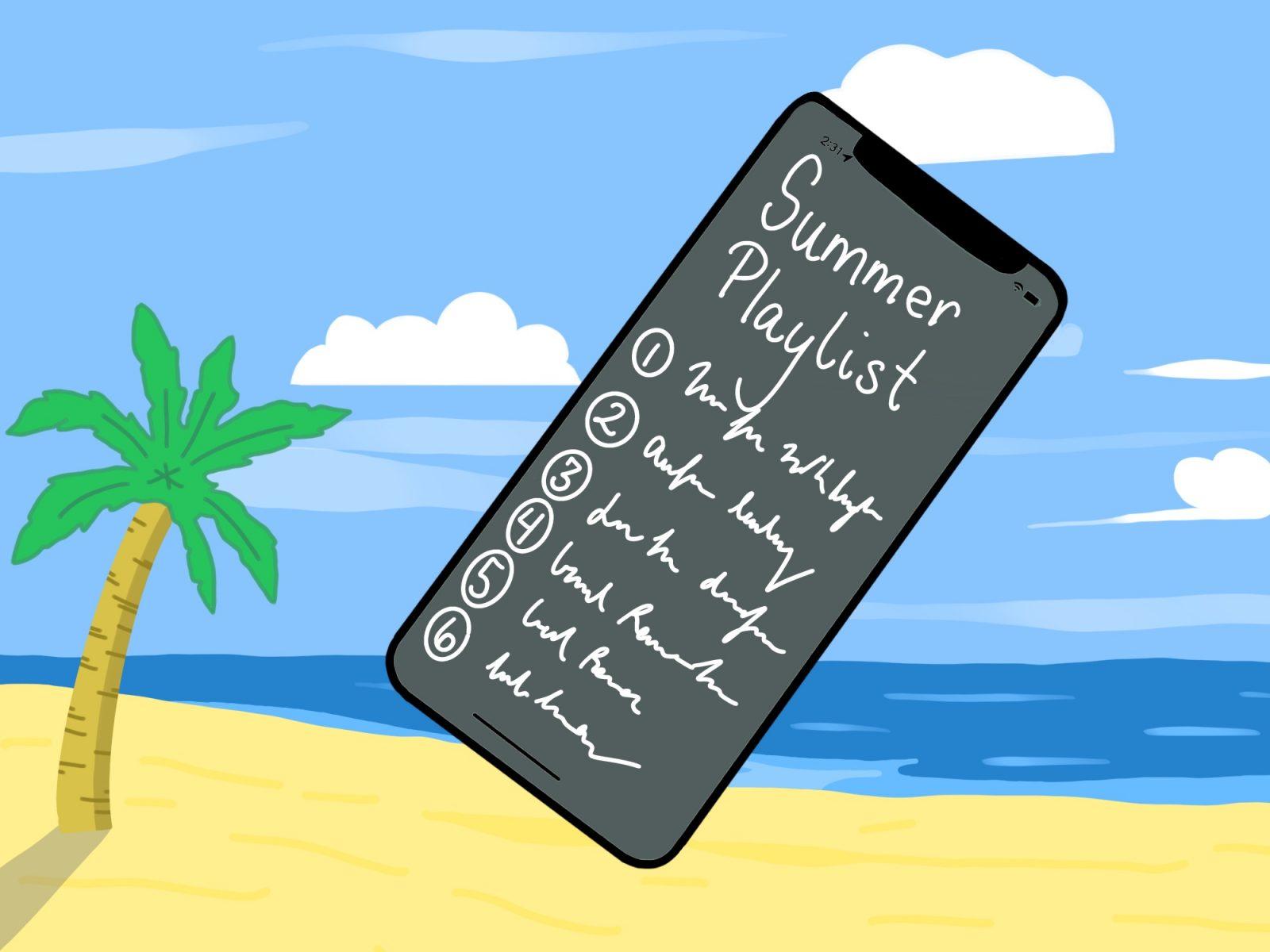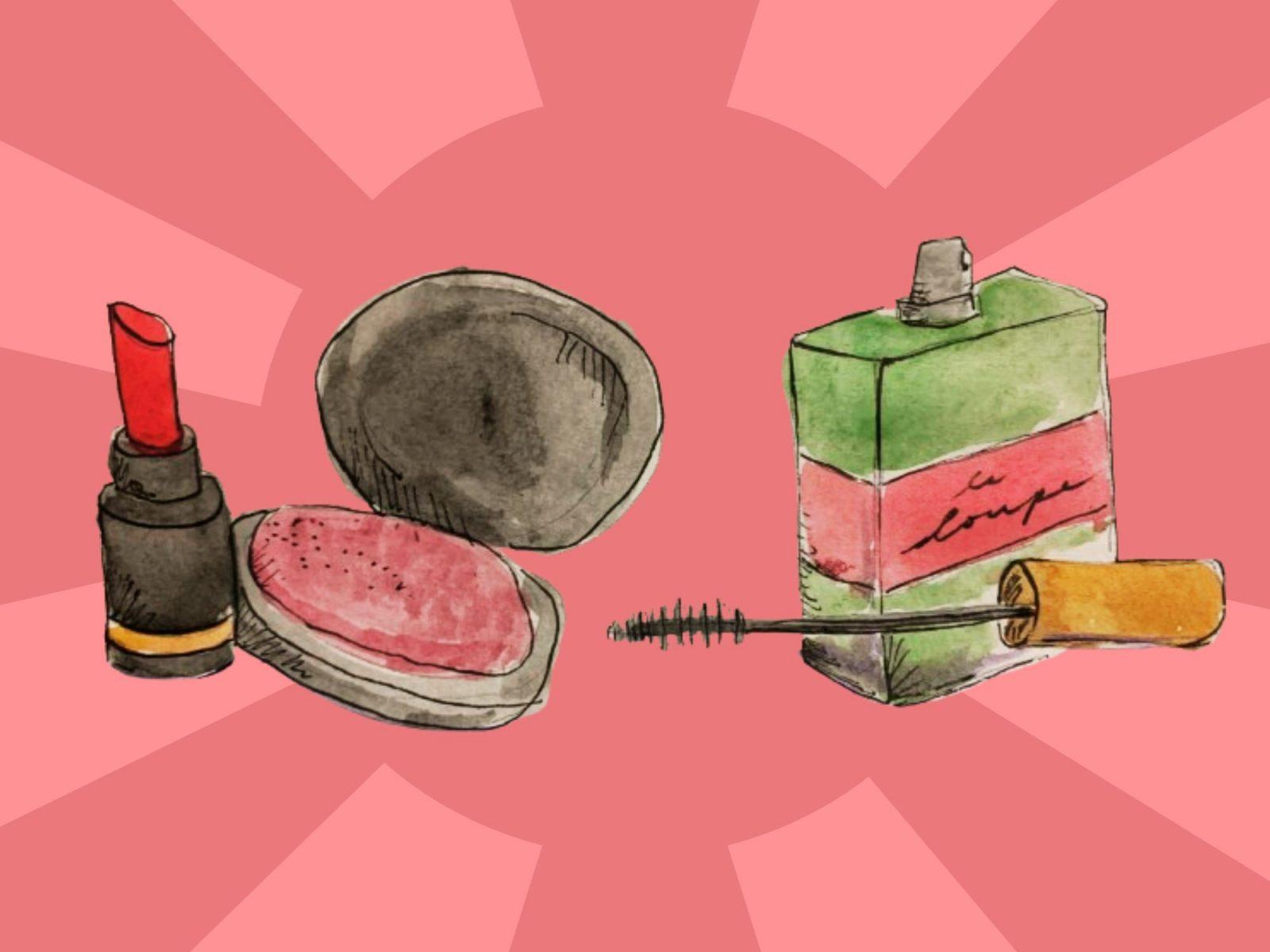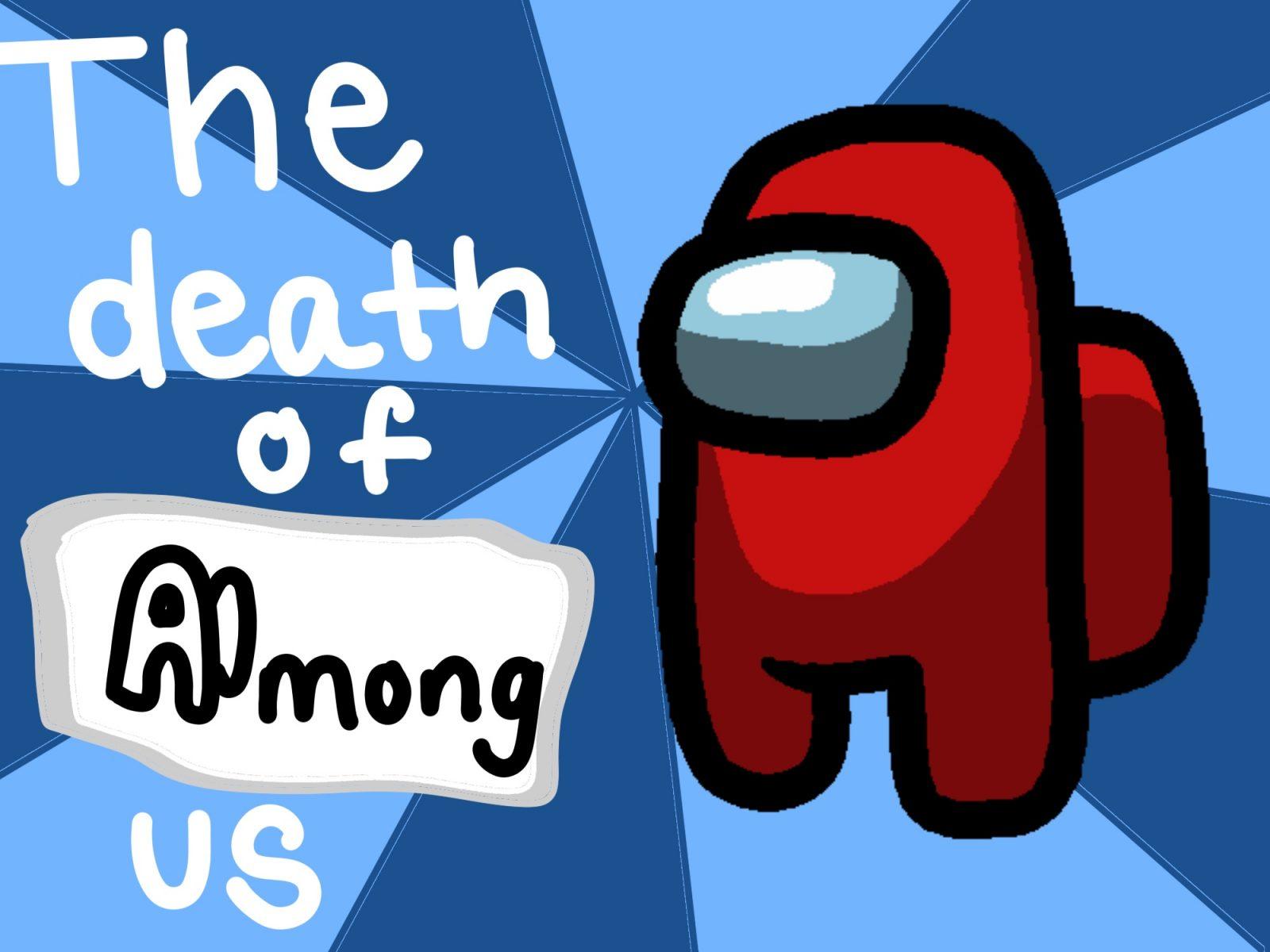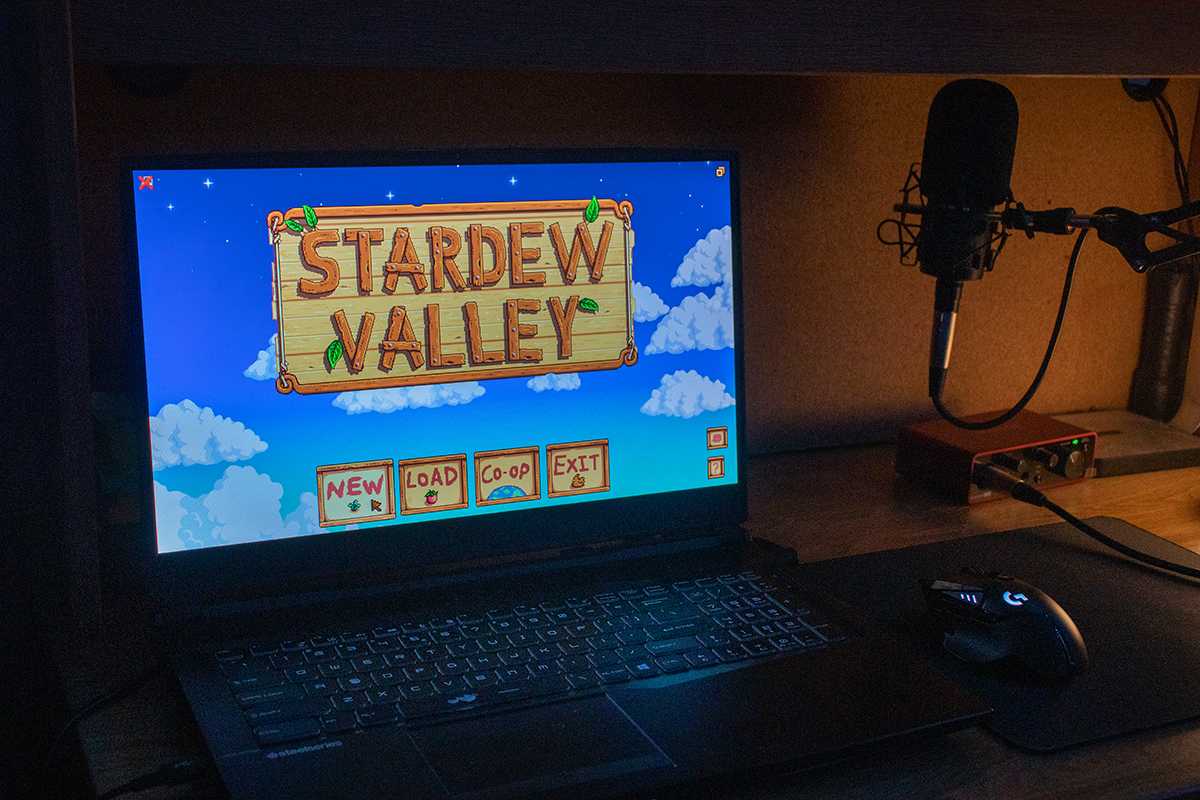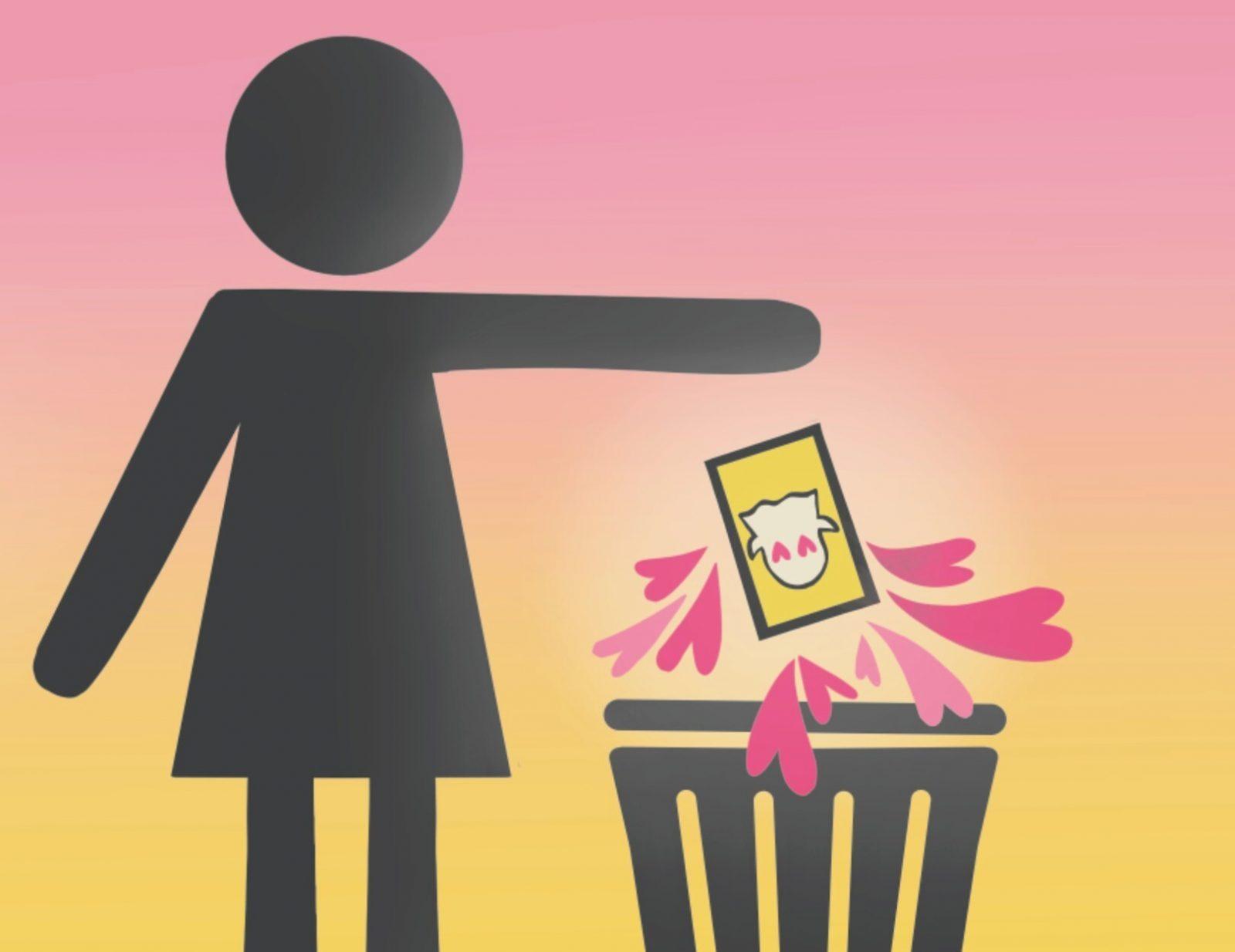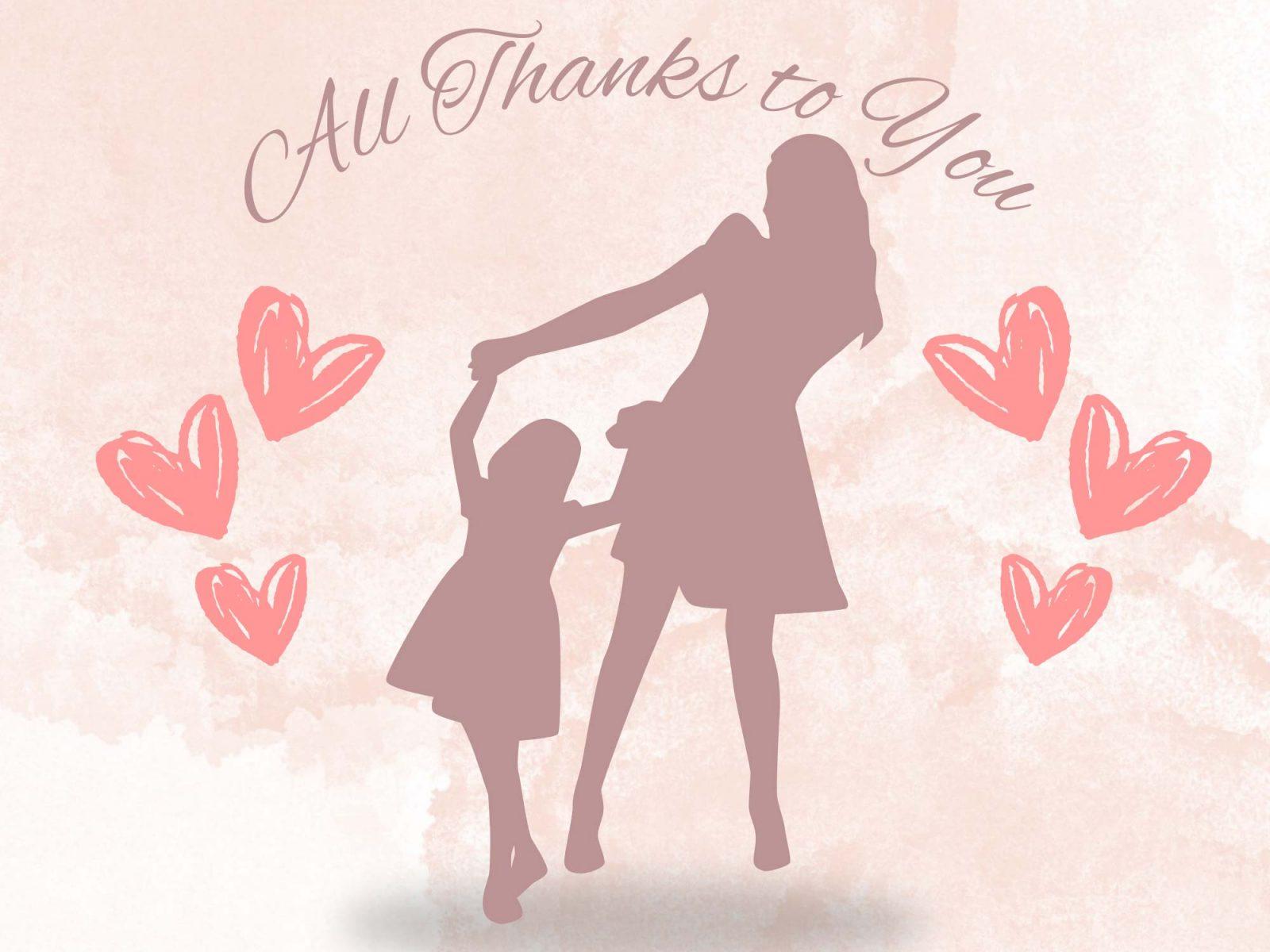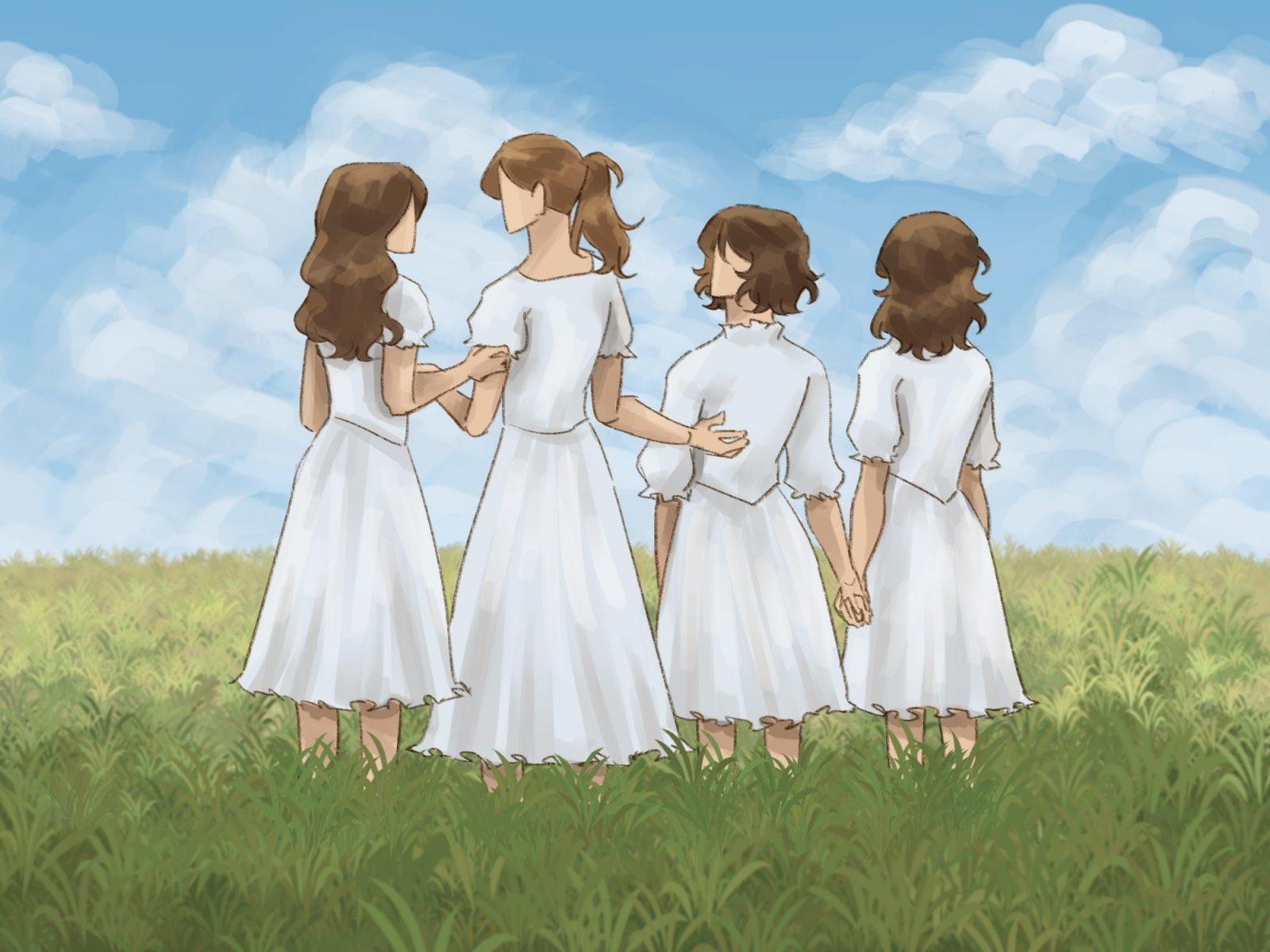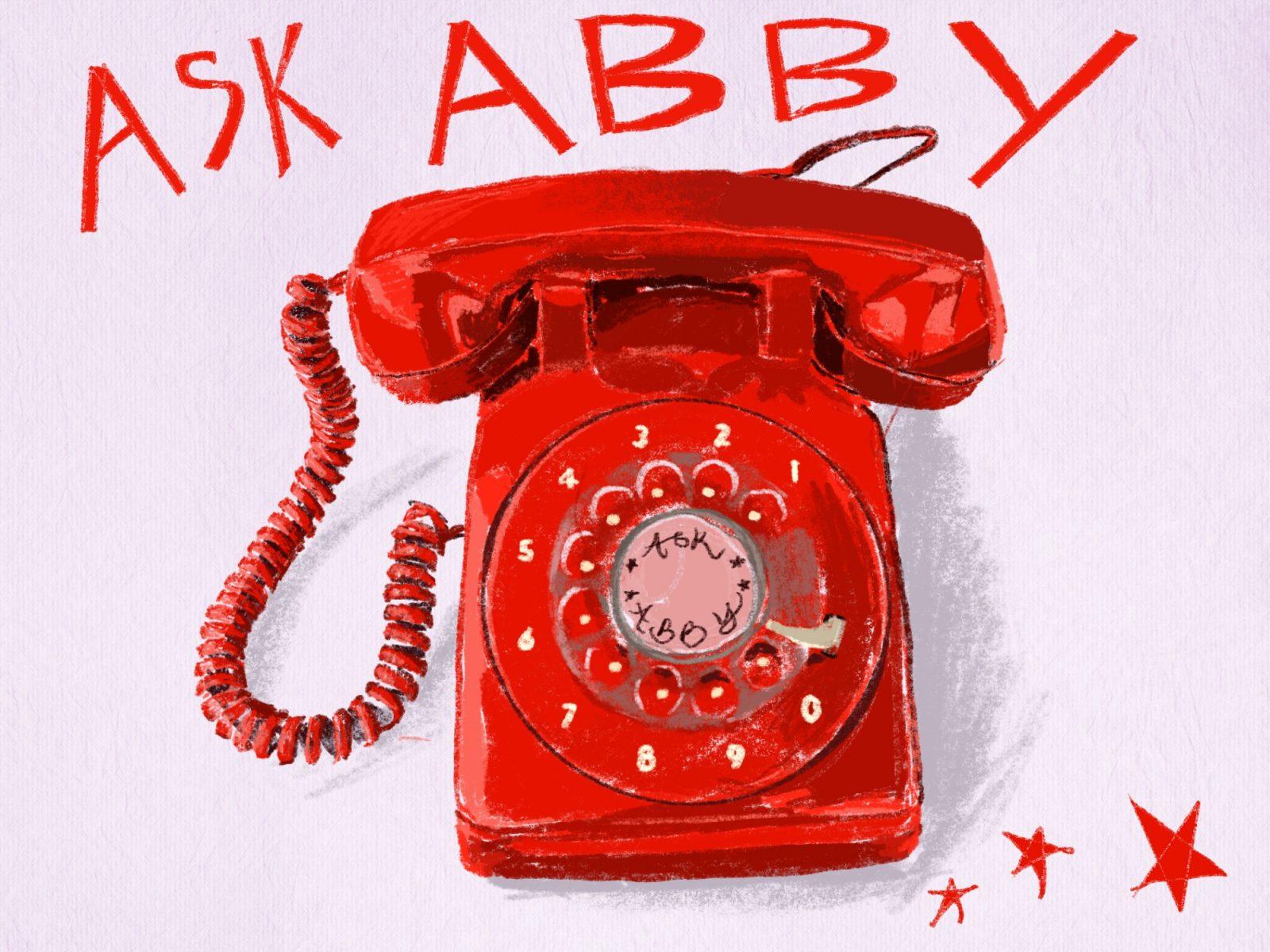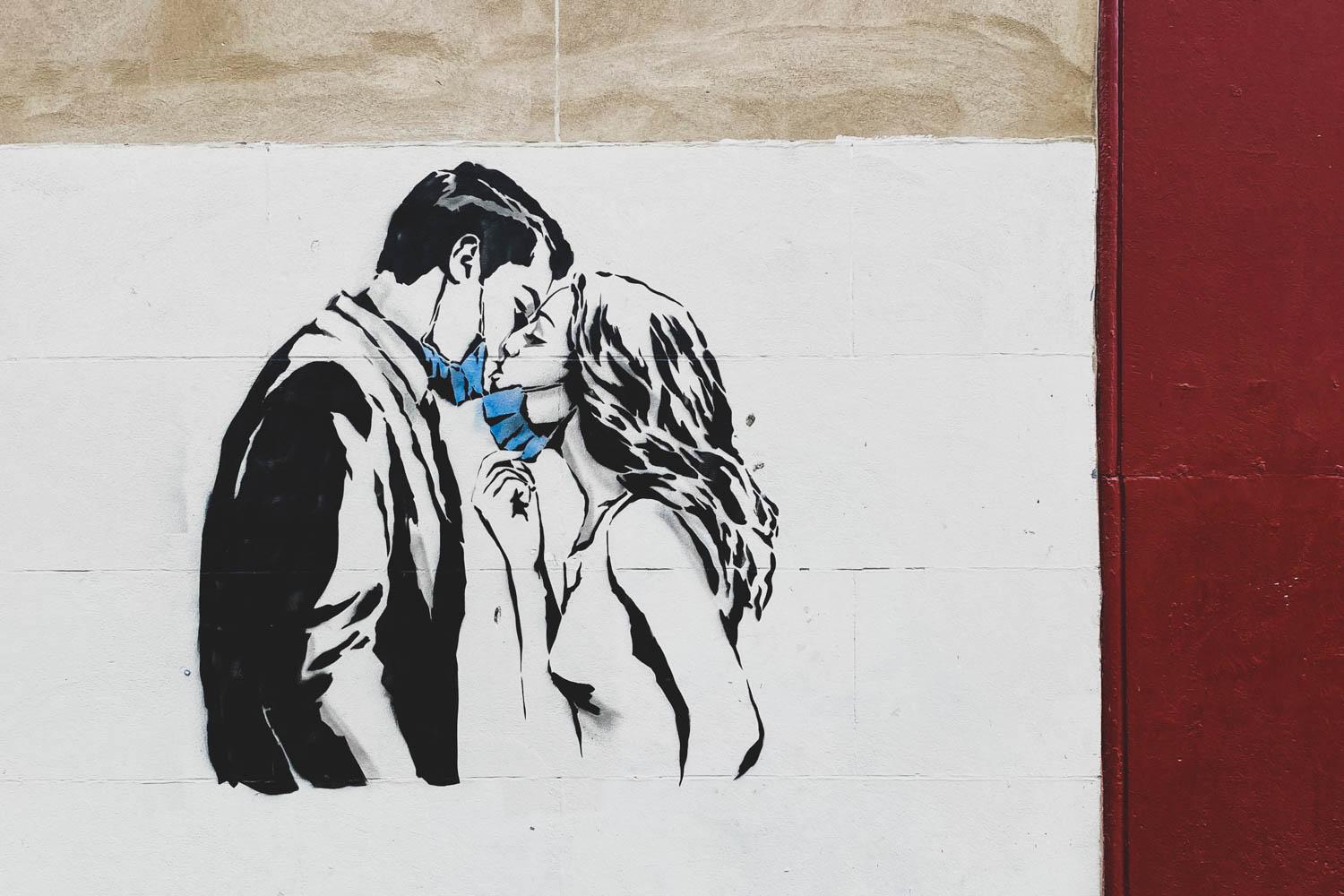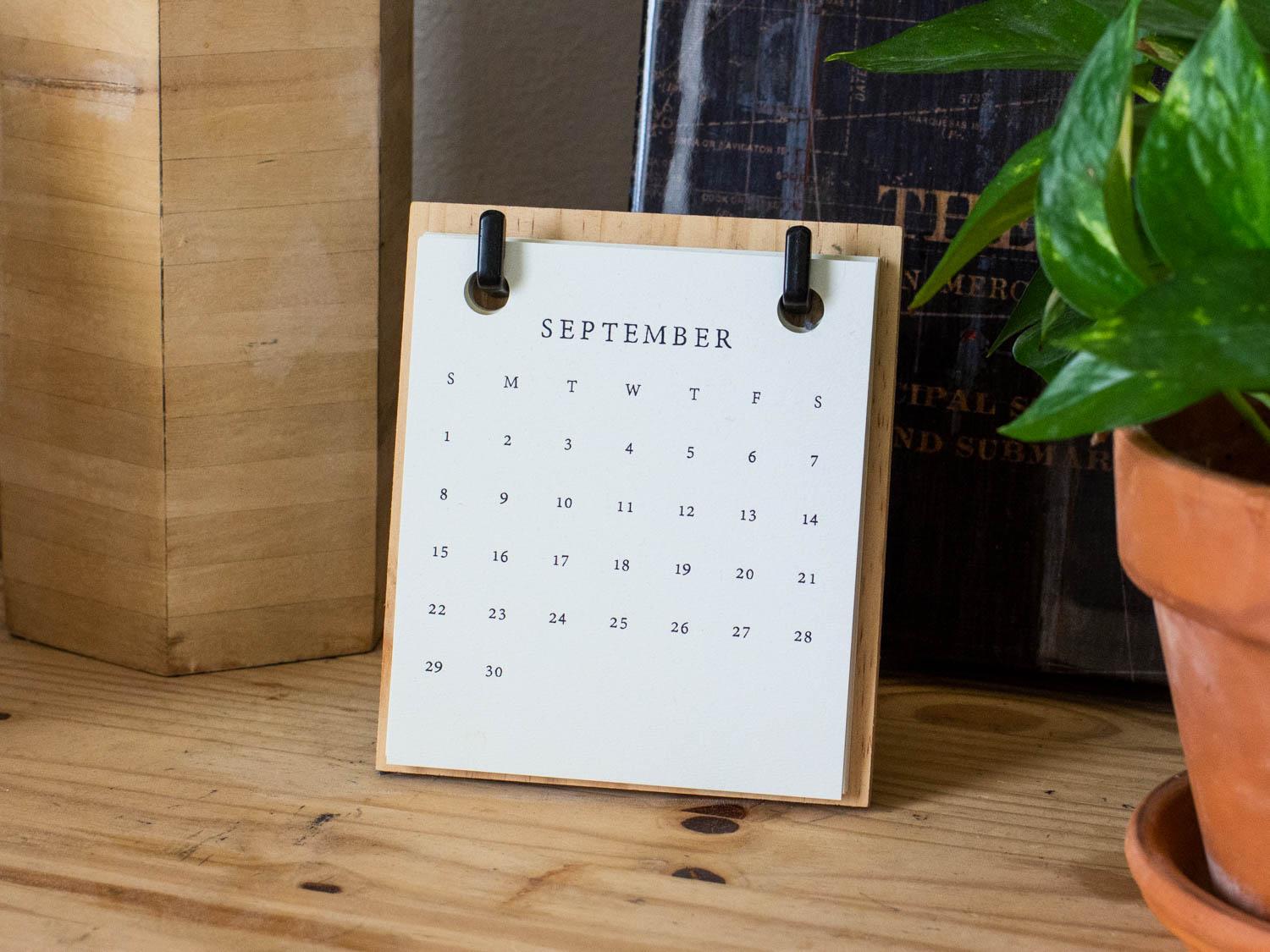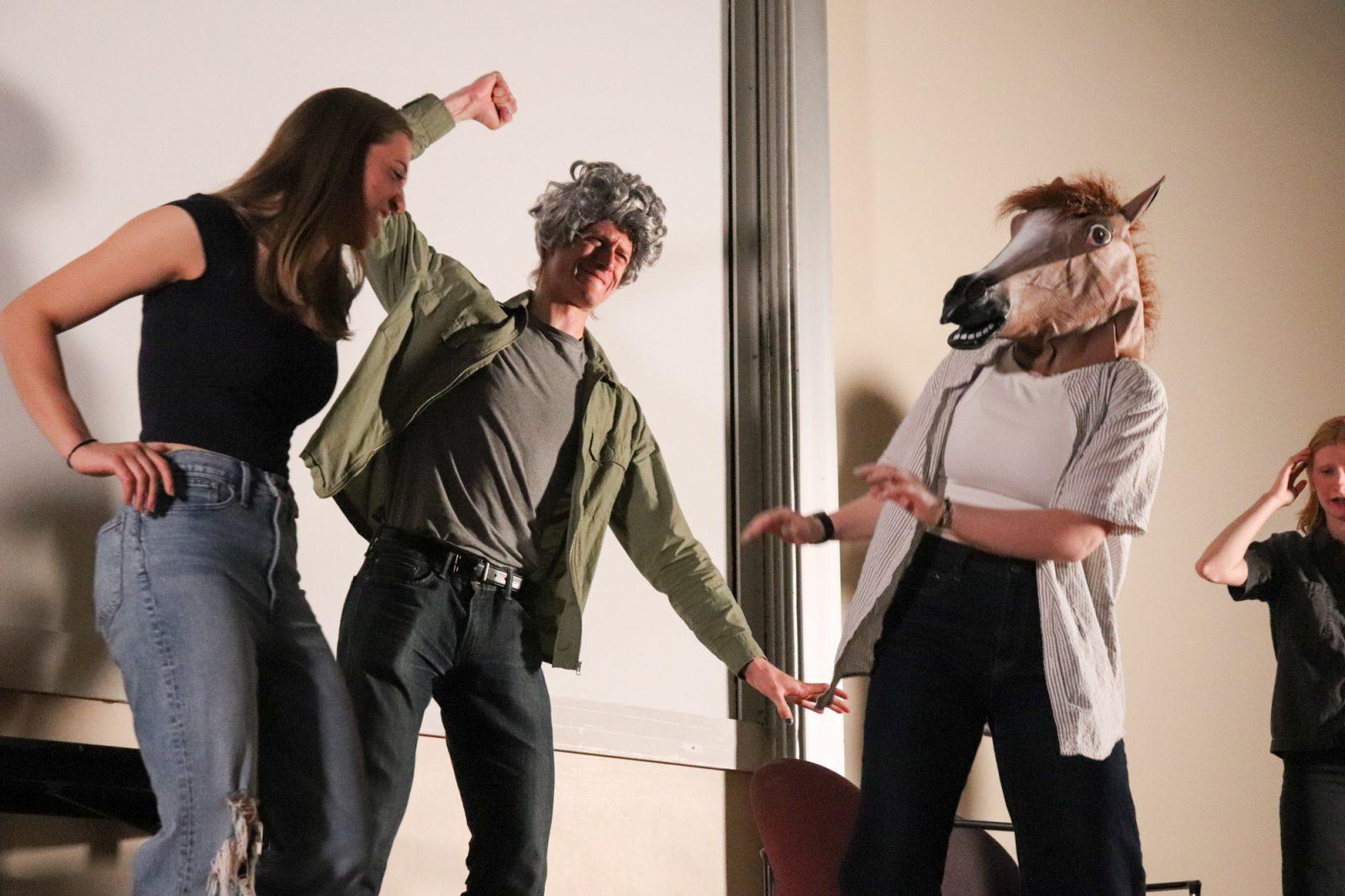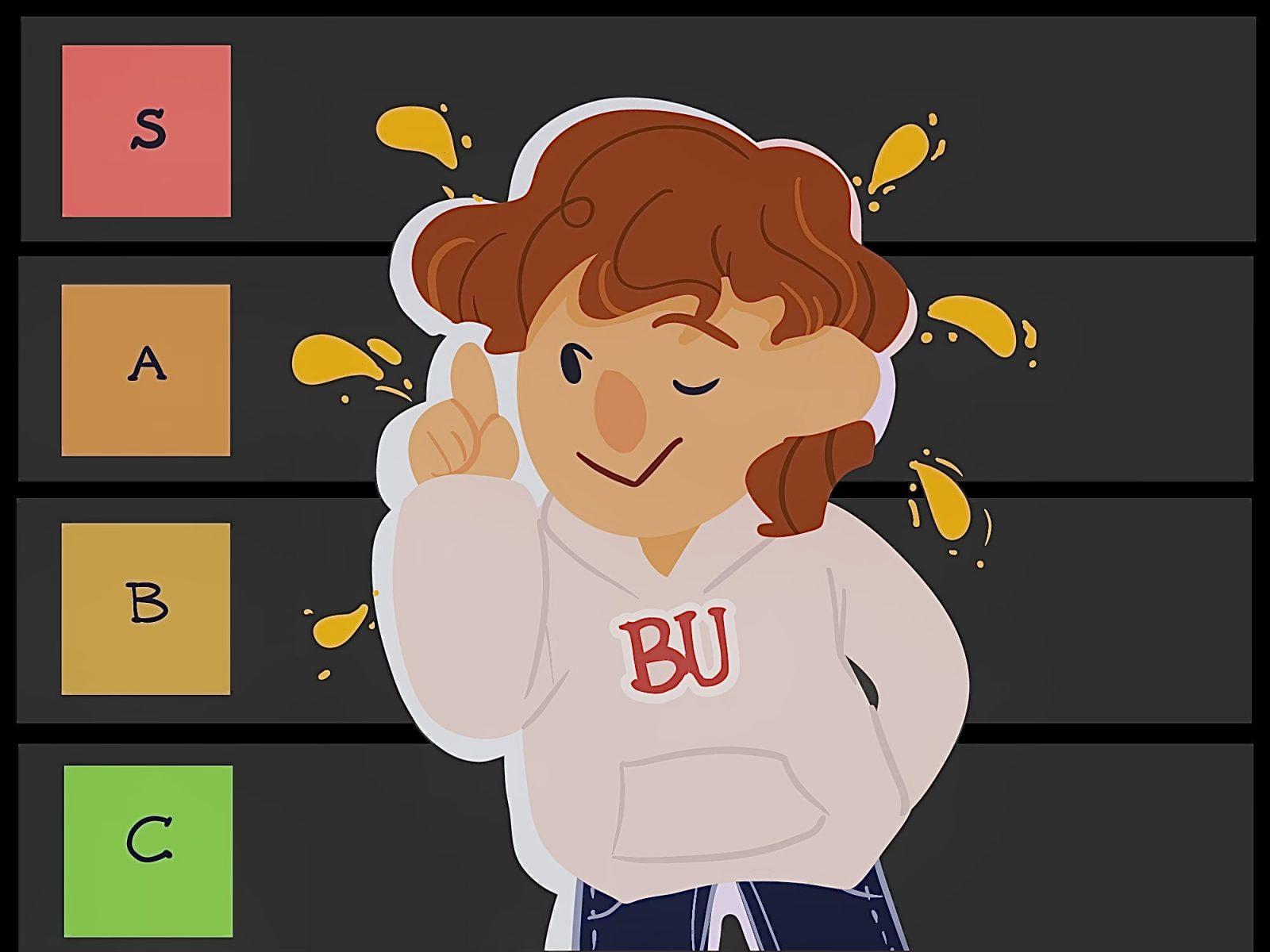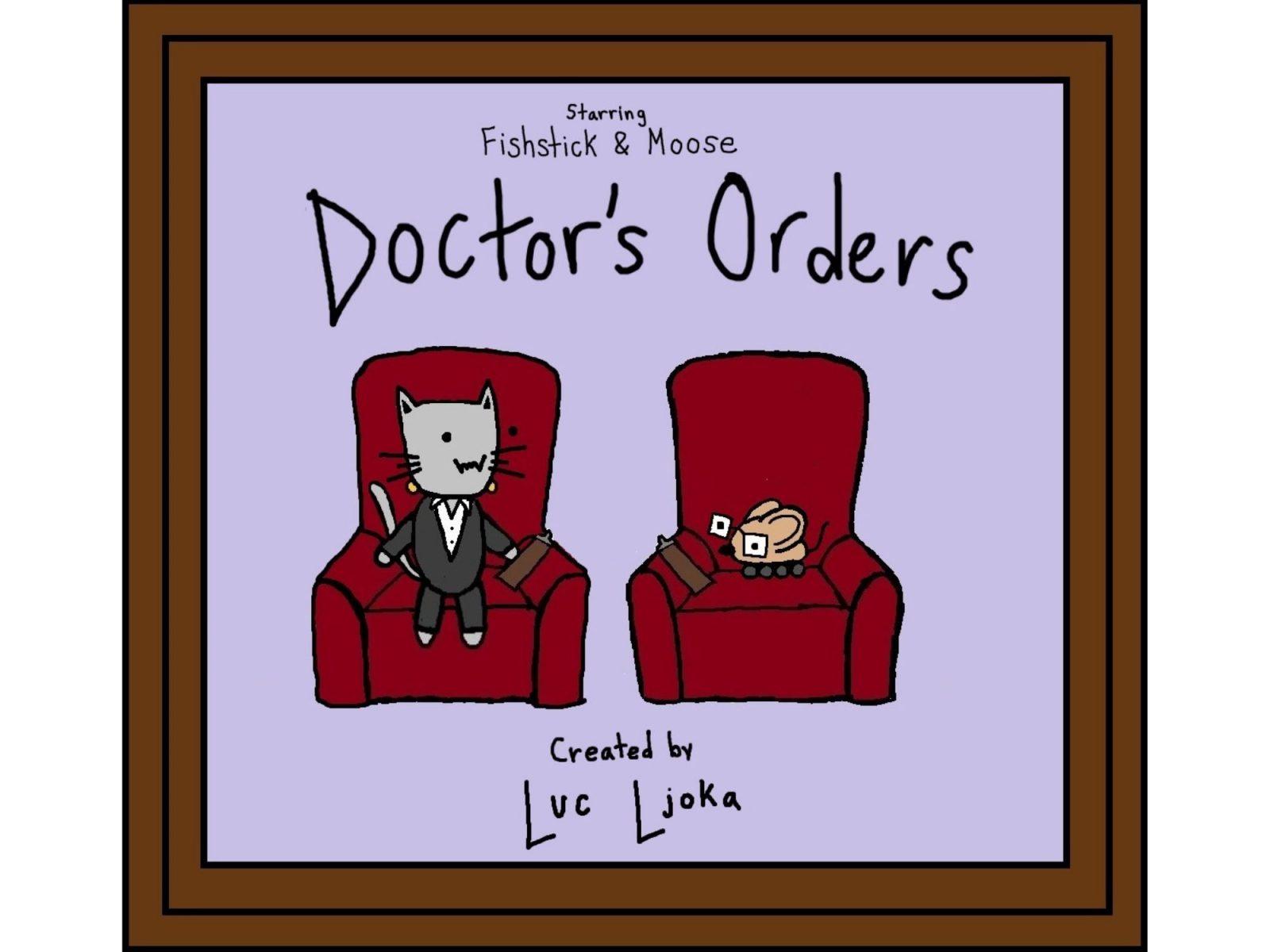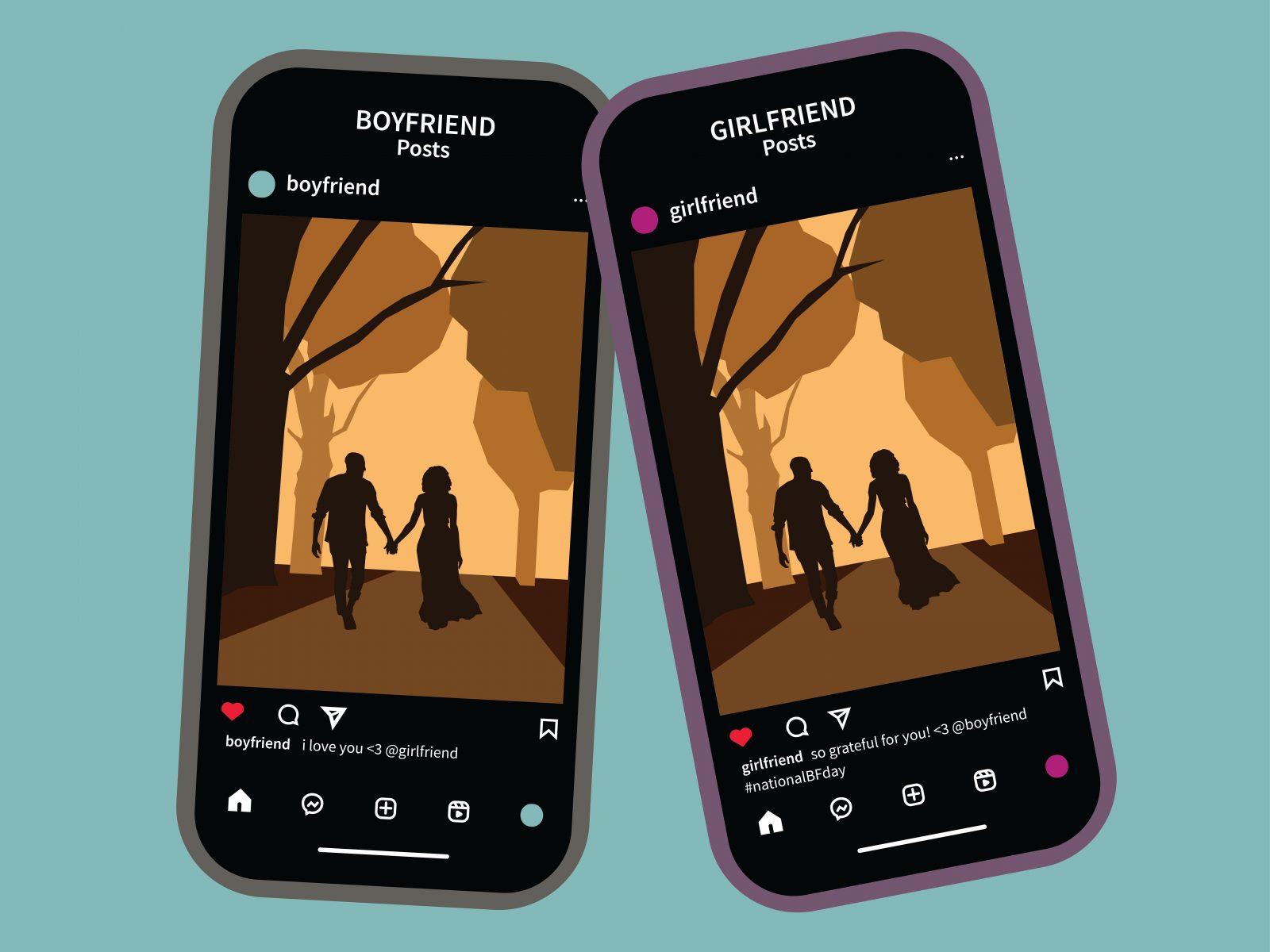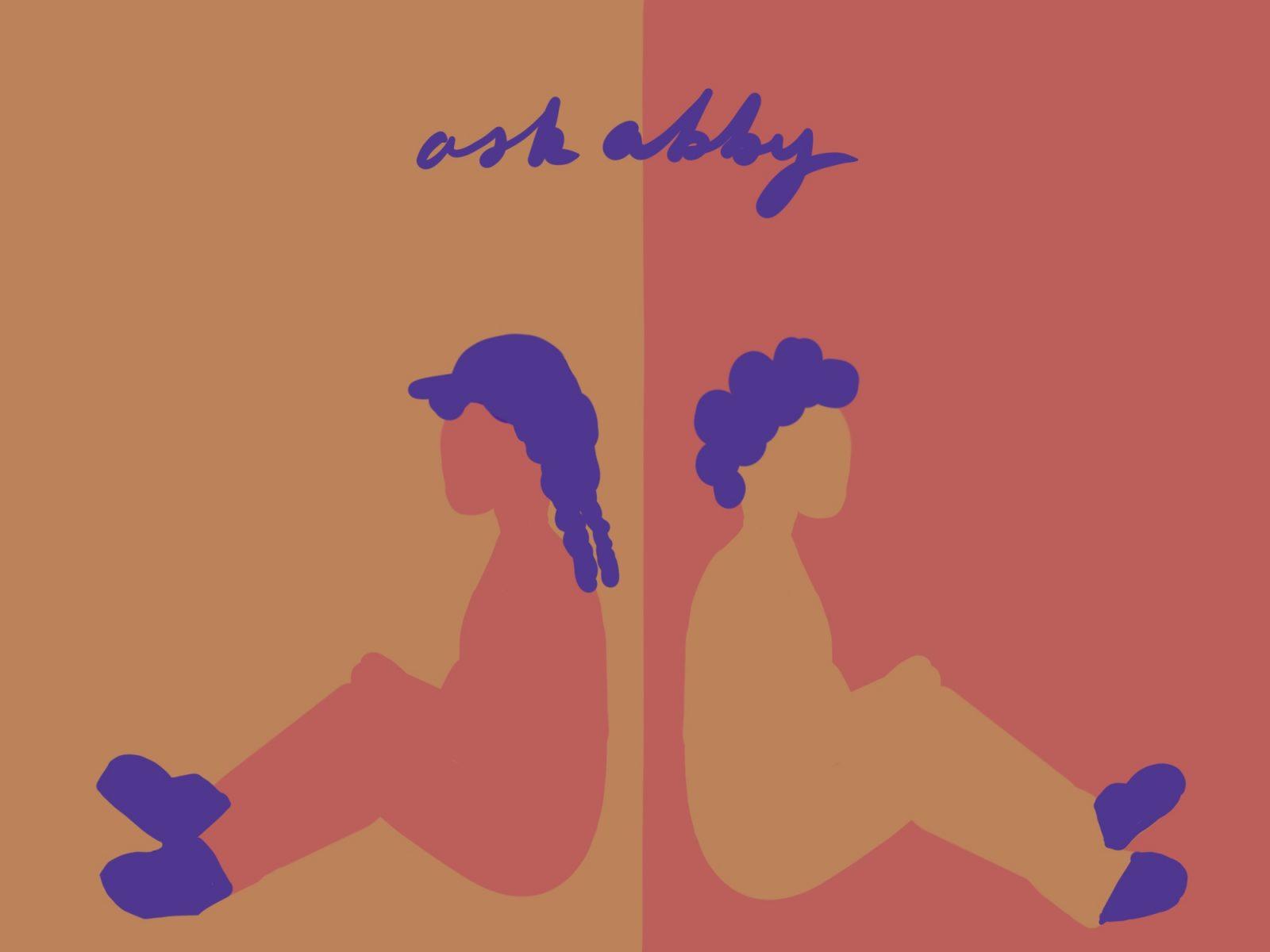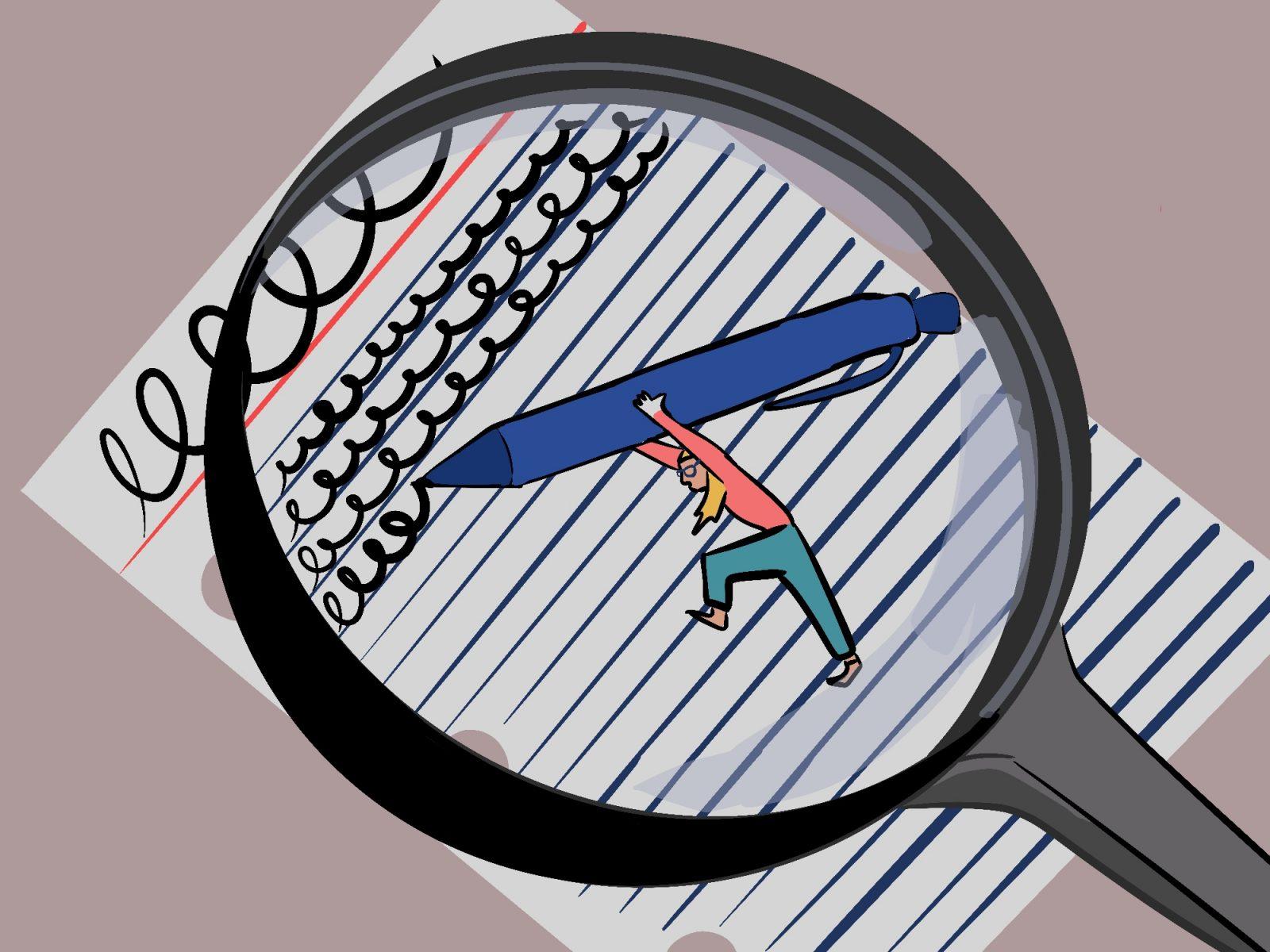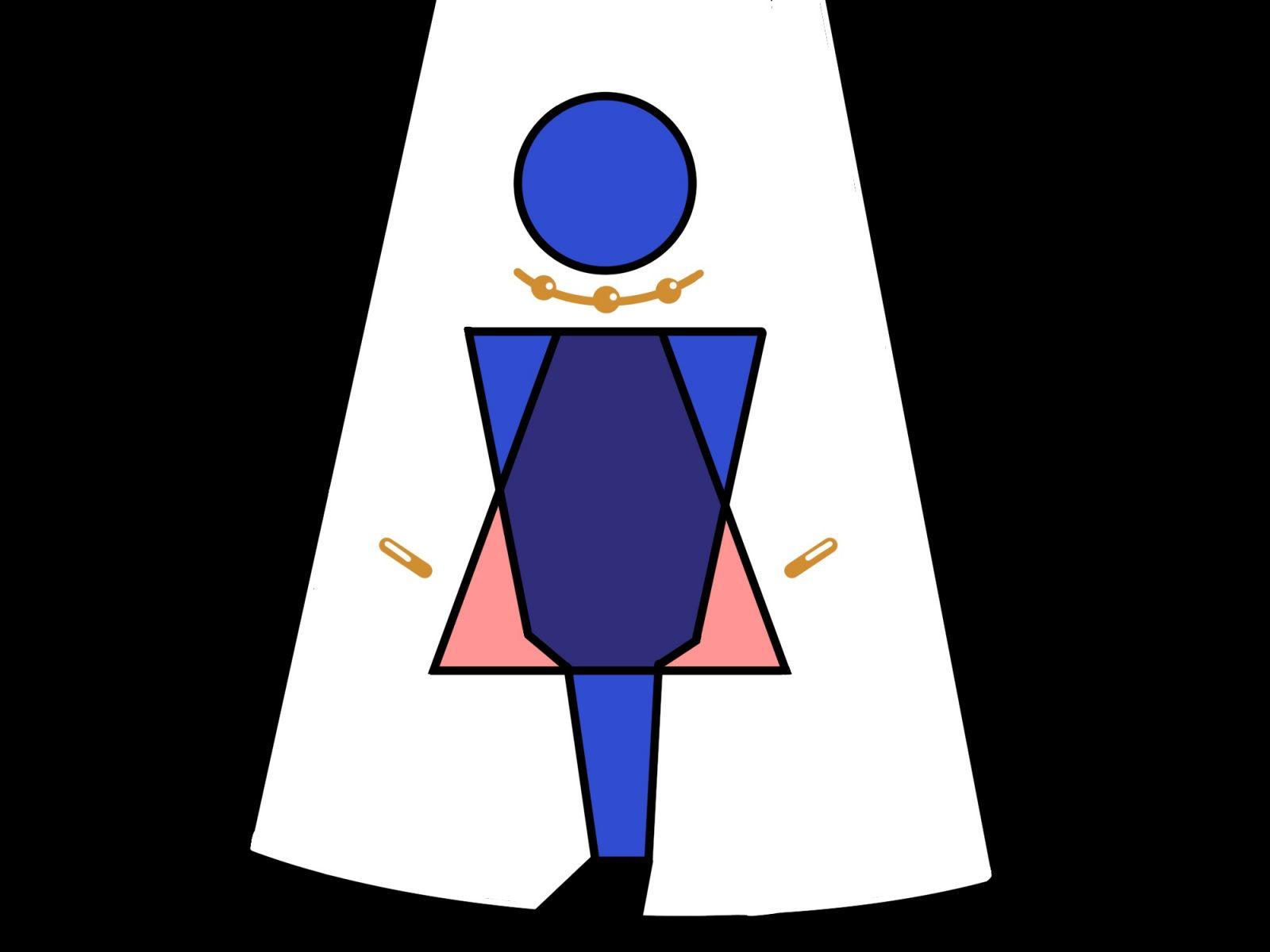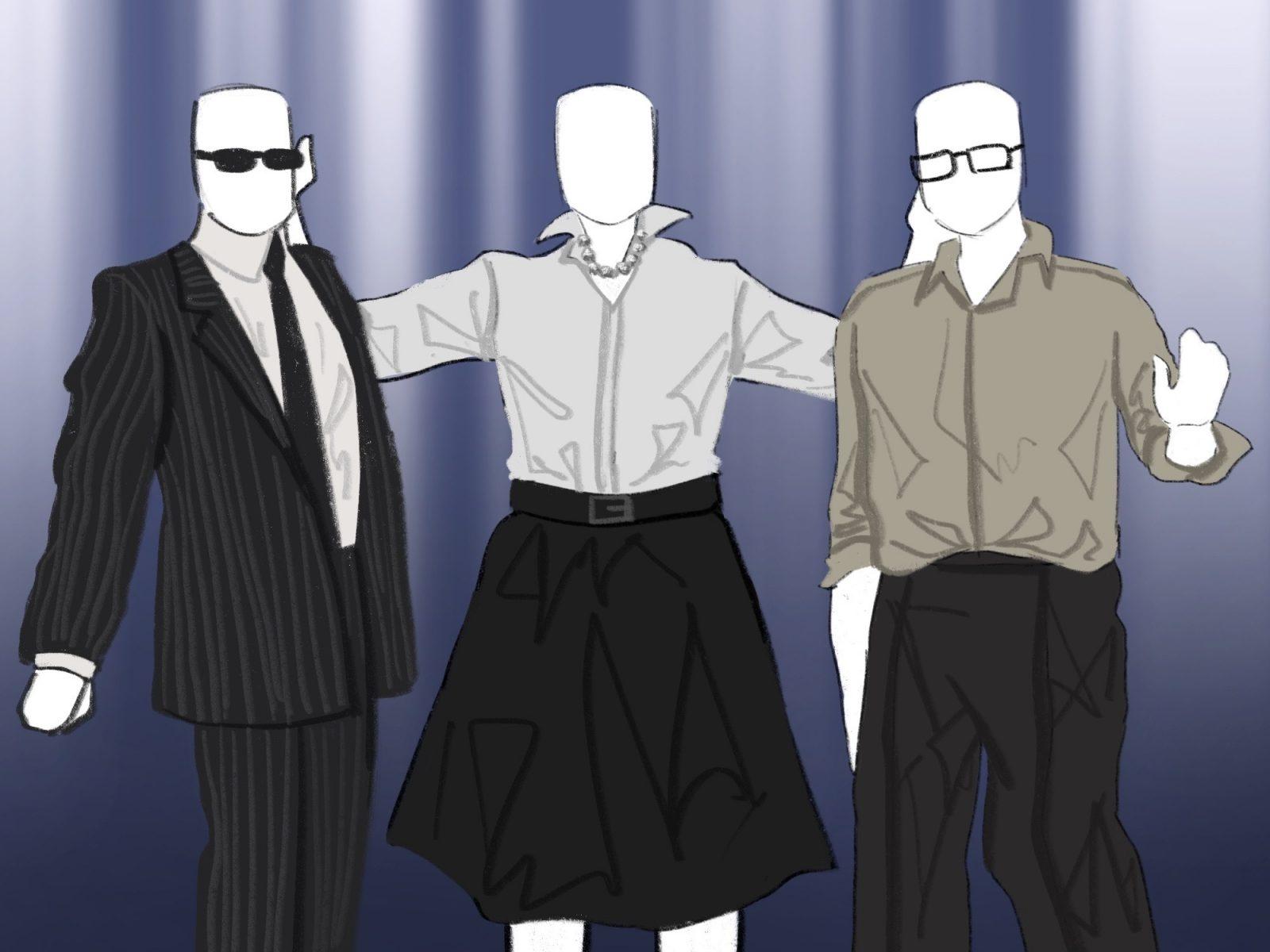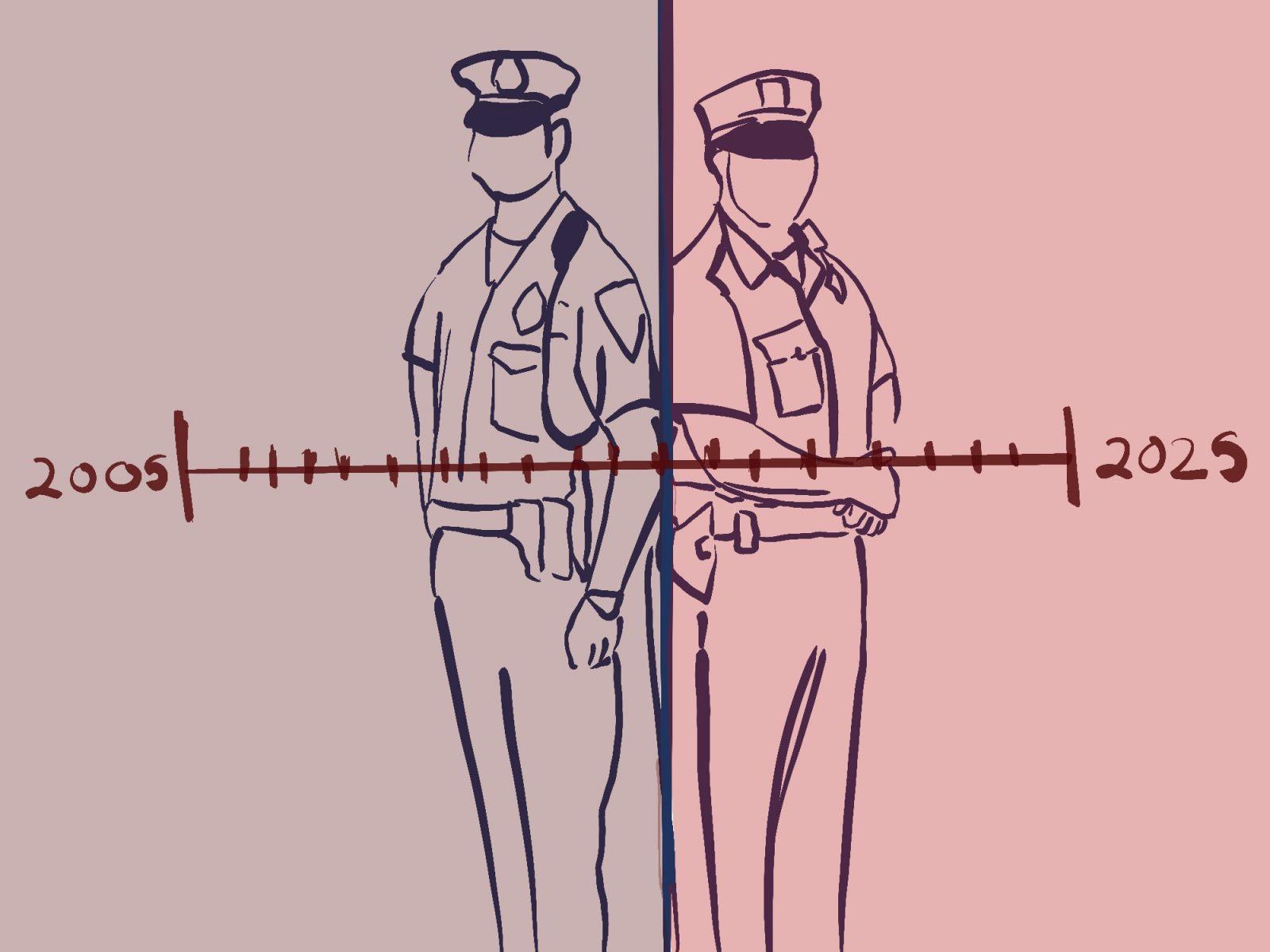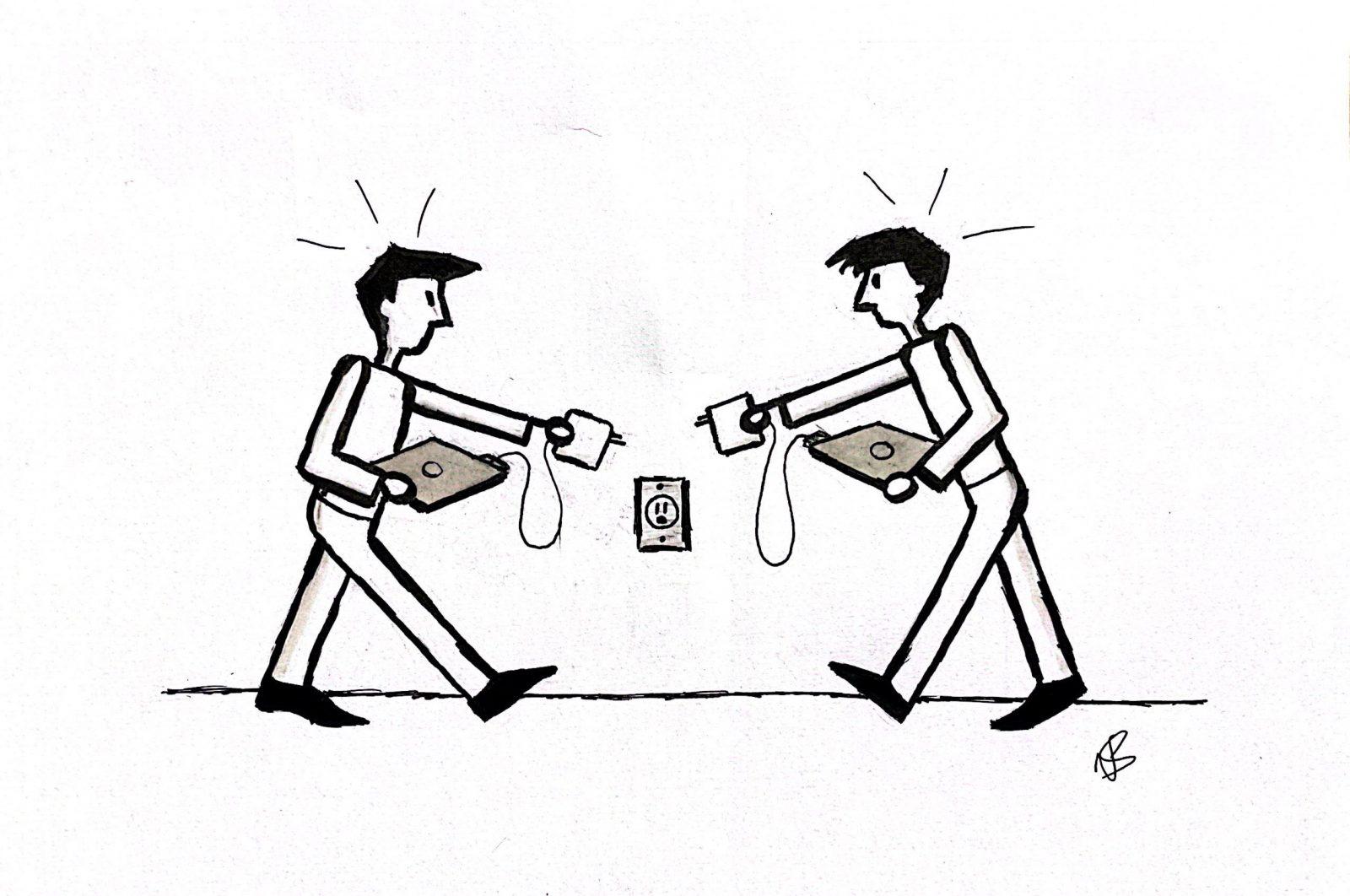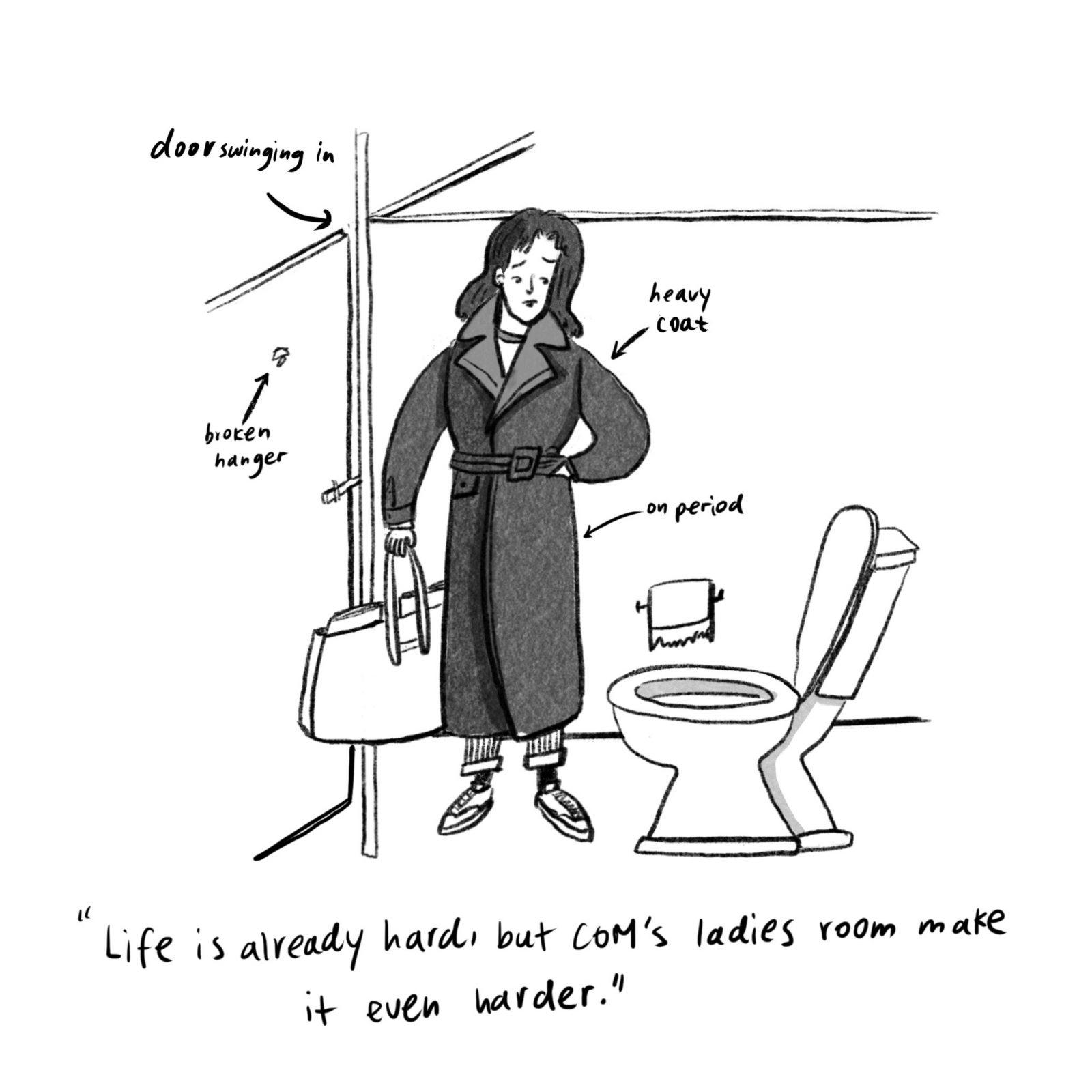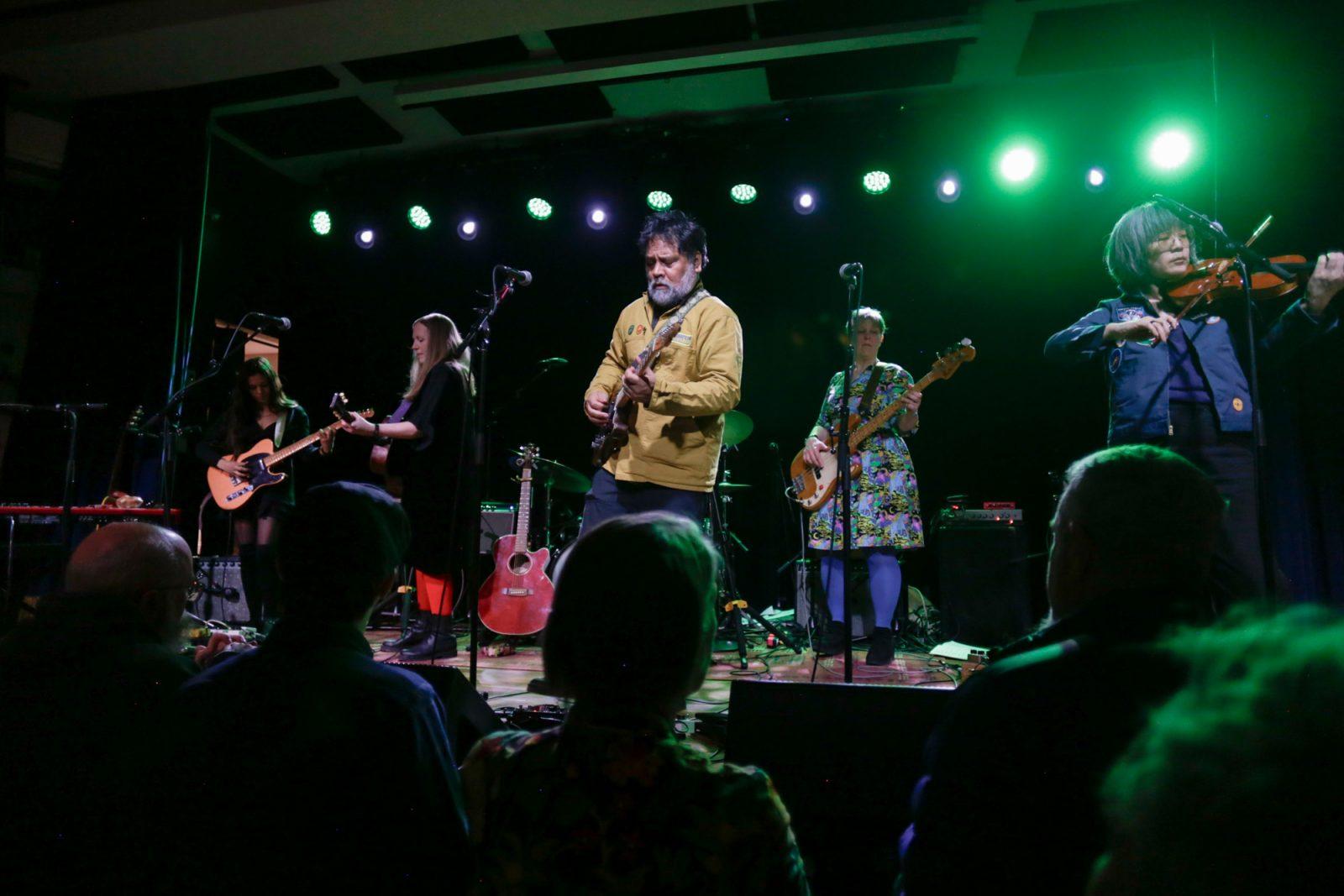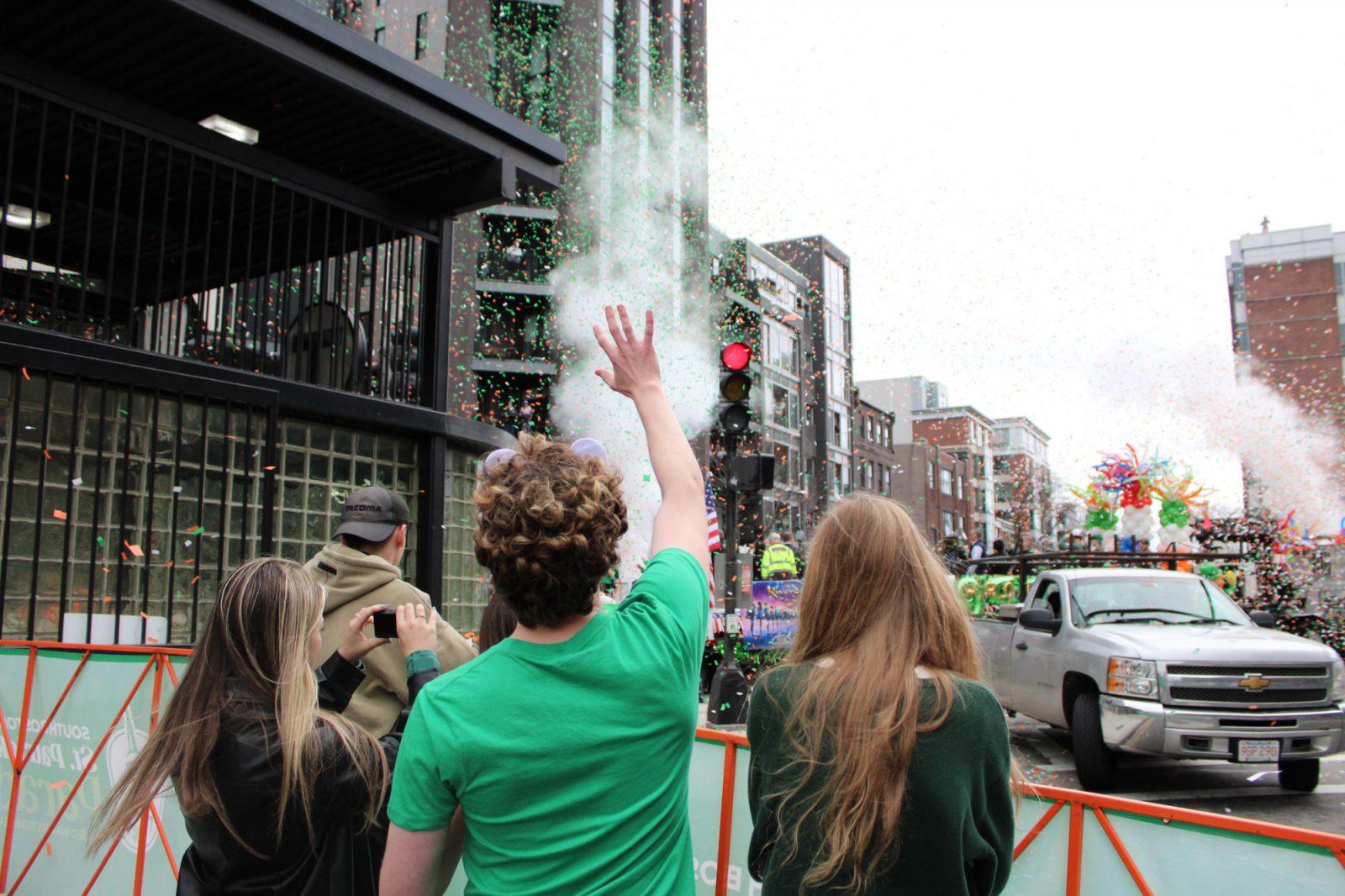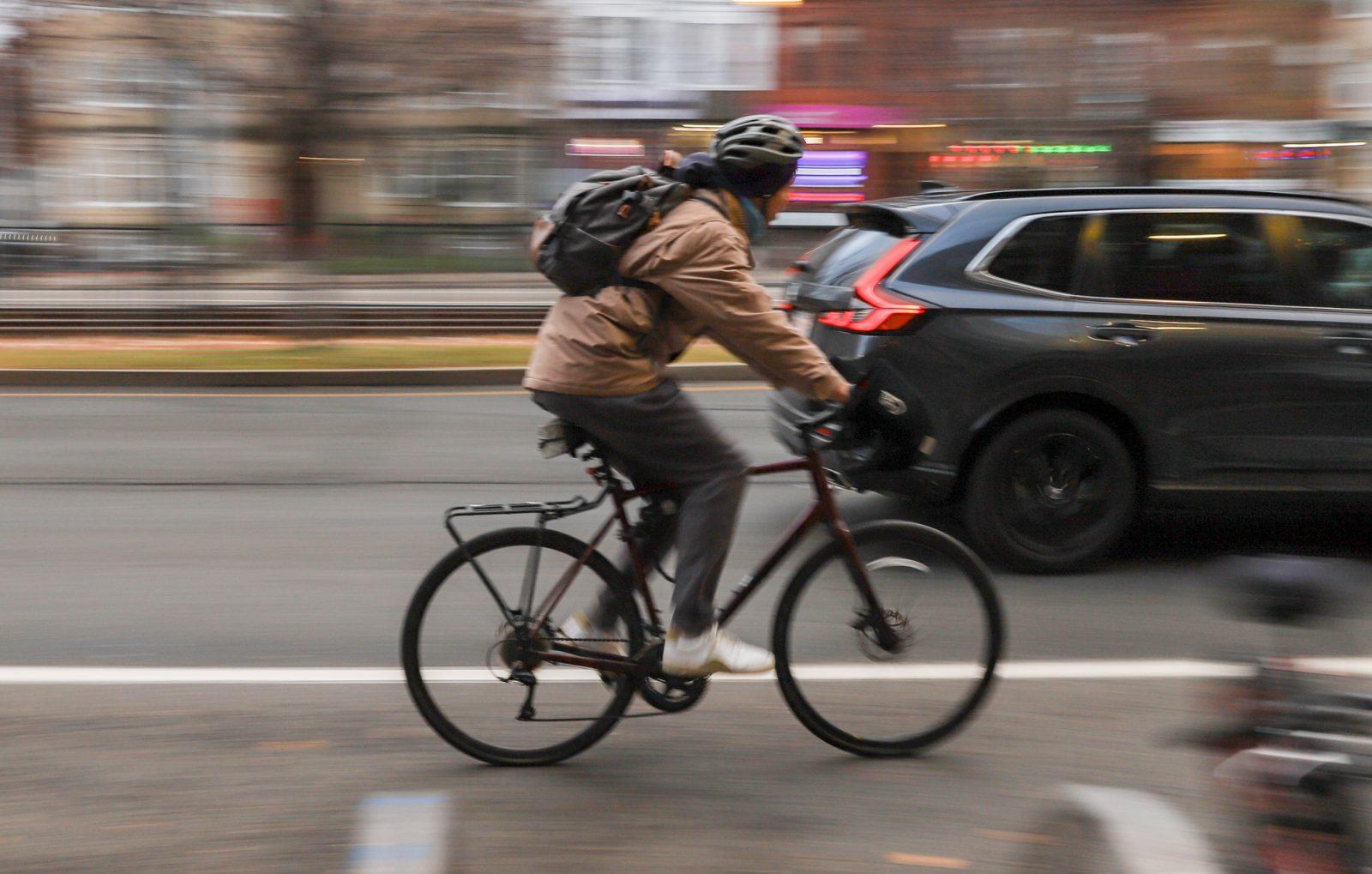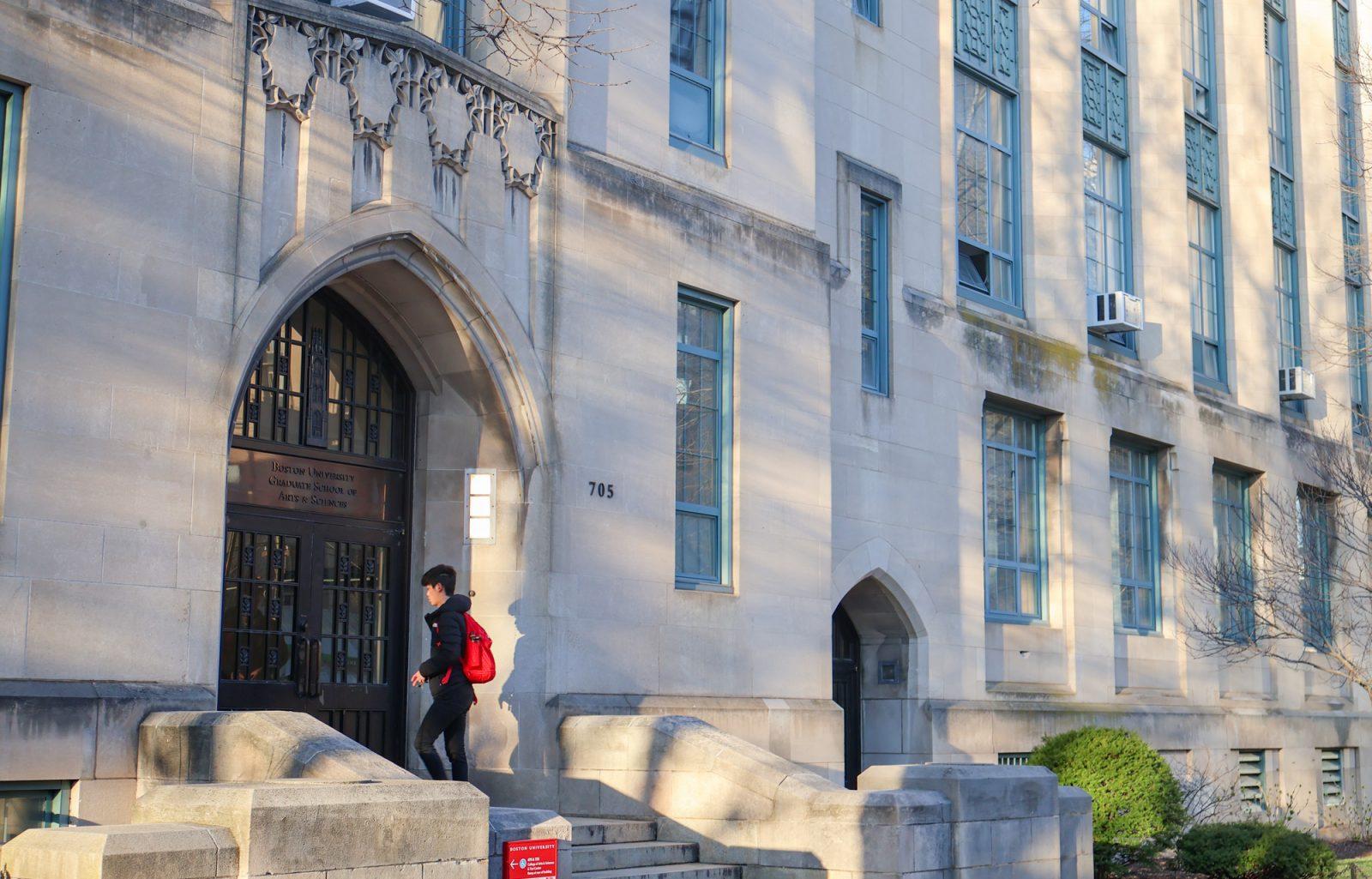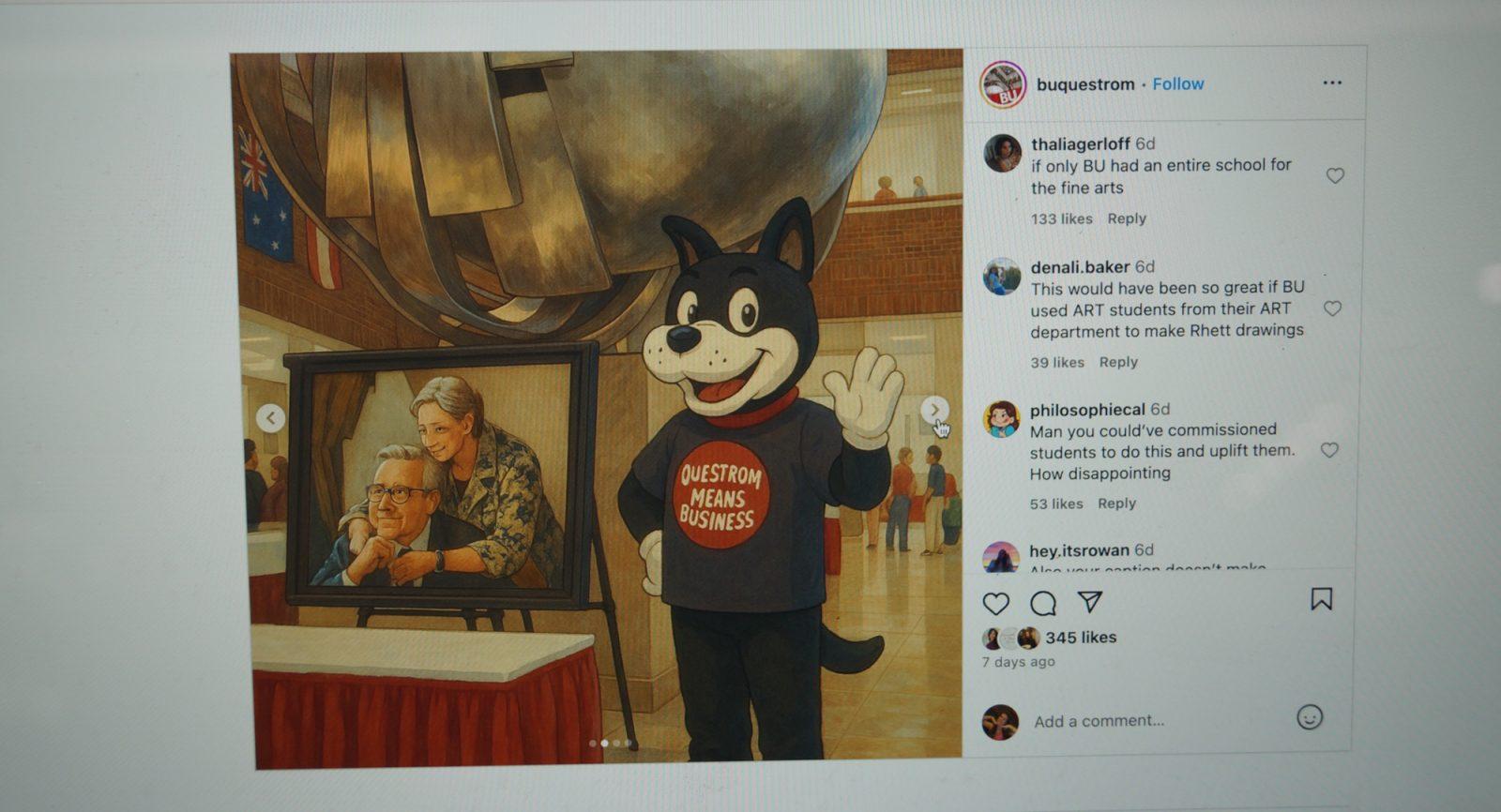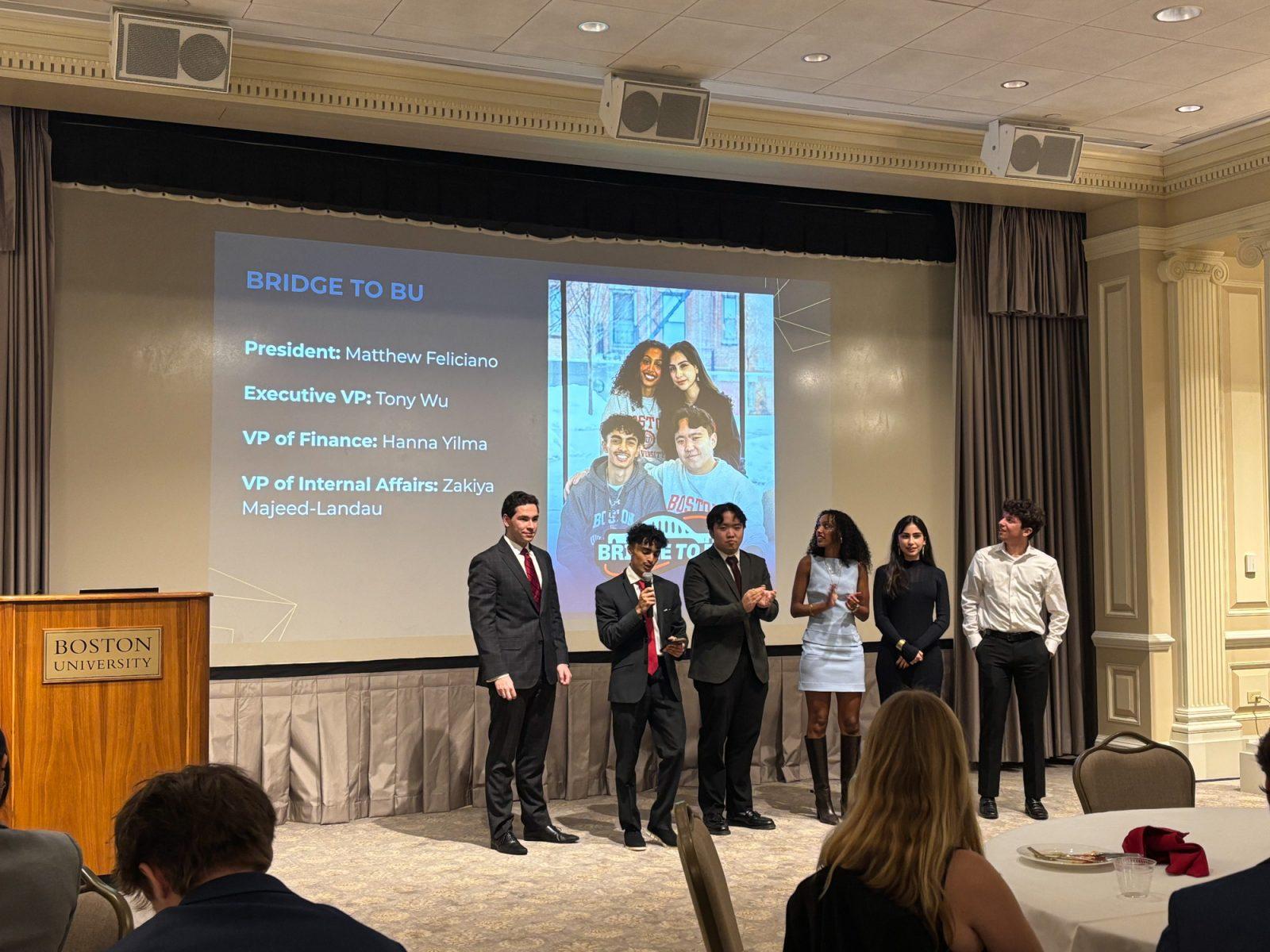Boston University Students for Justice in Palestine hosted a walkout Friday at Marsh Plaza featuring faculty and staff who support justice in Palestine to cap off its “Liberation Week” demonstrations.
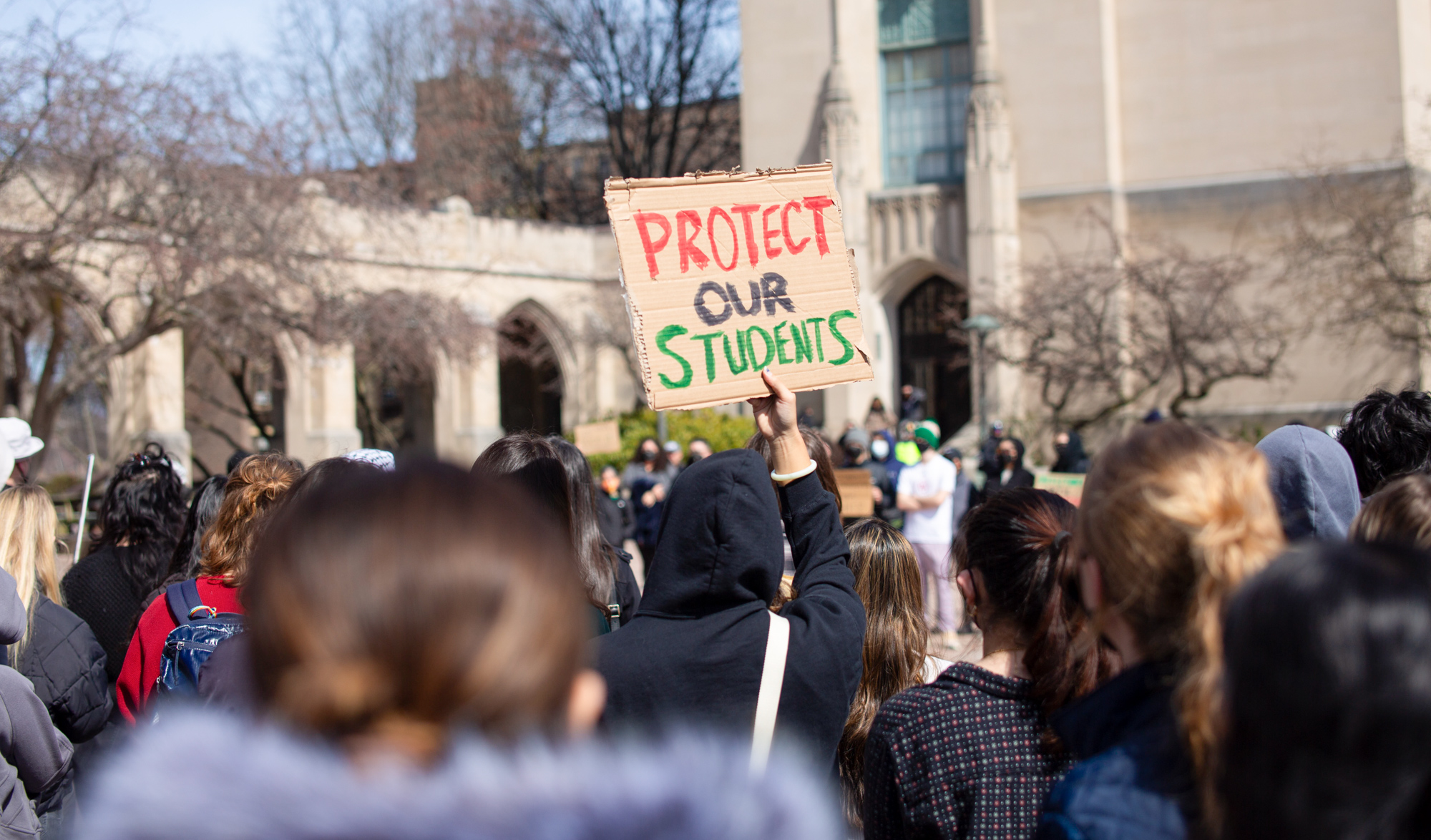
More than 100 attendees, many wearing coverings including face masks and keffiyeh scarves, gathered in a large circle, listening to several speakers, then marched down Commonwealth Avenue toward Kenmore Square.
Protesters held up signs and recited chants, including “Disclose, divest. We will not stop, we will not rest,” “Free, free, free Palestine” and “Boston University, we know what side you’re on. Remember South Africa, remember Vietnam.”
Evan Steiner, a landscape architect in the Boston area, said he came to the walkout because he has felt helpless amid a lack of American aid to Gaza.
“I’ve been outraged and disgusted and heartbroken, for going on two years now, about our government’s role in the genocide in Gaza,” Steiner said. “I’m just horrified, and I feel kind of powerless, and I don’t know what to do.”
In addition to the Trump administration’s continued military aid to Israel, recent ICE detainments of student activists tied to pro-Palestine protests also played a part in protestors’ attendance at the walkout.
These recent events made Quad, who works in the Boston area and was not comfortable sharing their last name, more “terrified” to attend. They said their friend convinced them to attend the protest, urging them to not “give in to what they want.”
“I never have, never will [give in],” Quad said. “I’d much rather be out here and show that I’m not afraid.”
Laila, an Emerson College freshman who also opted not to share a last name, said protesting in the current political climate is “scary,” but also an opportunity to “question your own ethics.”
“I’ve always had to ask myself, how much are you willing to risk and how much are you willing to lose?” Laila said. “When I come here and my answer is still yes, it means that I’m even further settled into my principles and my beliefs.”
For Harvard University sophomore Ana, who also declined to share her last name, taking action now is important for U.S. citizens who don’t have to fear ICE detainment or deportation.
“I would say for U.S. citizens, at least analyze your risk and then be a little bit more daring than you would normally be,” Ana said. “Frankly, these are abnormal times, and if we don’t actually do something, then nothing is going to change.”
Identity also played a role in Quad’s decision to attend the protest, they said.
“It’s my duty as a Muslim and also as a Black person to be here and be out and be supportive and be loud and have people see that trans people and Black people aren’t really hiding,” Quad said.
For BU junior AB, who requested The Daily Free Press use a nickname to protect her identity, the walkout was especially powerful because of the faculty who participated and spoke.
“I thought that was really powerful,” AB said. “Usually, it’s something that’s a very student-led conversation, and to know that there are faculty behind students was a really cool experience.”
Steiner said ICE activity related to campus protesting is of concern to him because not only is it unconstitutional, but it also is not only non-citizens showing support for Palestine.
“Visiting students don’t give up their free speech rights, so that’s unconstitutional,” Steiner said. “They’re not saying anything that millions of Americans aren’t saying.”
A March 5 Gallup poll showed while Americans are still more supportive of Israel than Palestine, the numbers are shifting. Gallup reported 46% expressed support for Israel — the lowest number in 25 years — and 33% sympathize with Palestinians, which is 6% up from last year.
Despite the changing numbers, the Trump administration’s attitude toward the war in Gaza has not wavered. For Laila, this is why protests like the SJP walkout are important.
“It’s what we need to do now more than ever to assert our voices and make sure that we don’t just fall into this oppressive regime that’s being built right in front of our eyes,” Laila said.
AB said she hopes the walkout and other recent SJP demonstrations get the University’s attention, so it reconsiders its stance on the war.
“It’s really frustrating that they have a clear side and they’re not willing to listen to what the students are wanting, especially since the referendum showed with majority that students were in favor of disclosure and divestment,” AB said. “From seeing events like this, I hope that the University becomes open to negotiations [and] becomes open to listening to their students more.”

